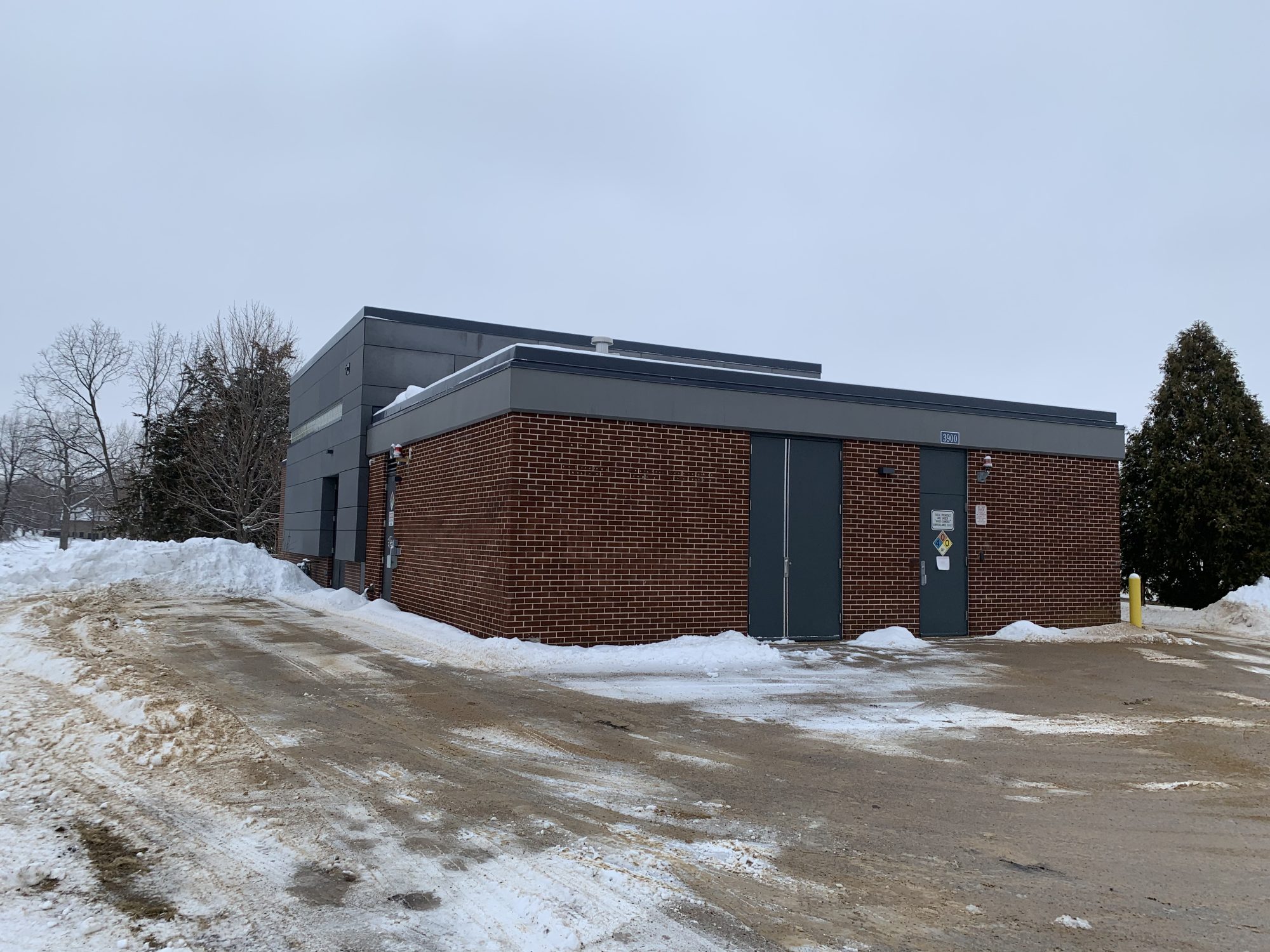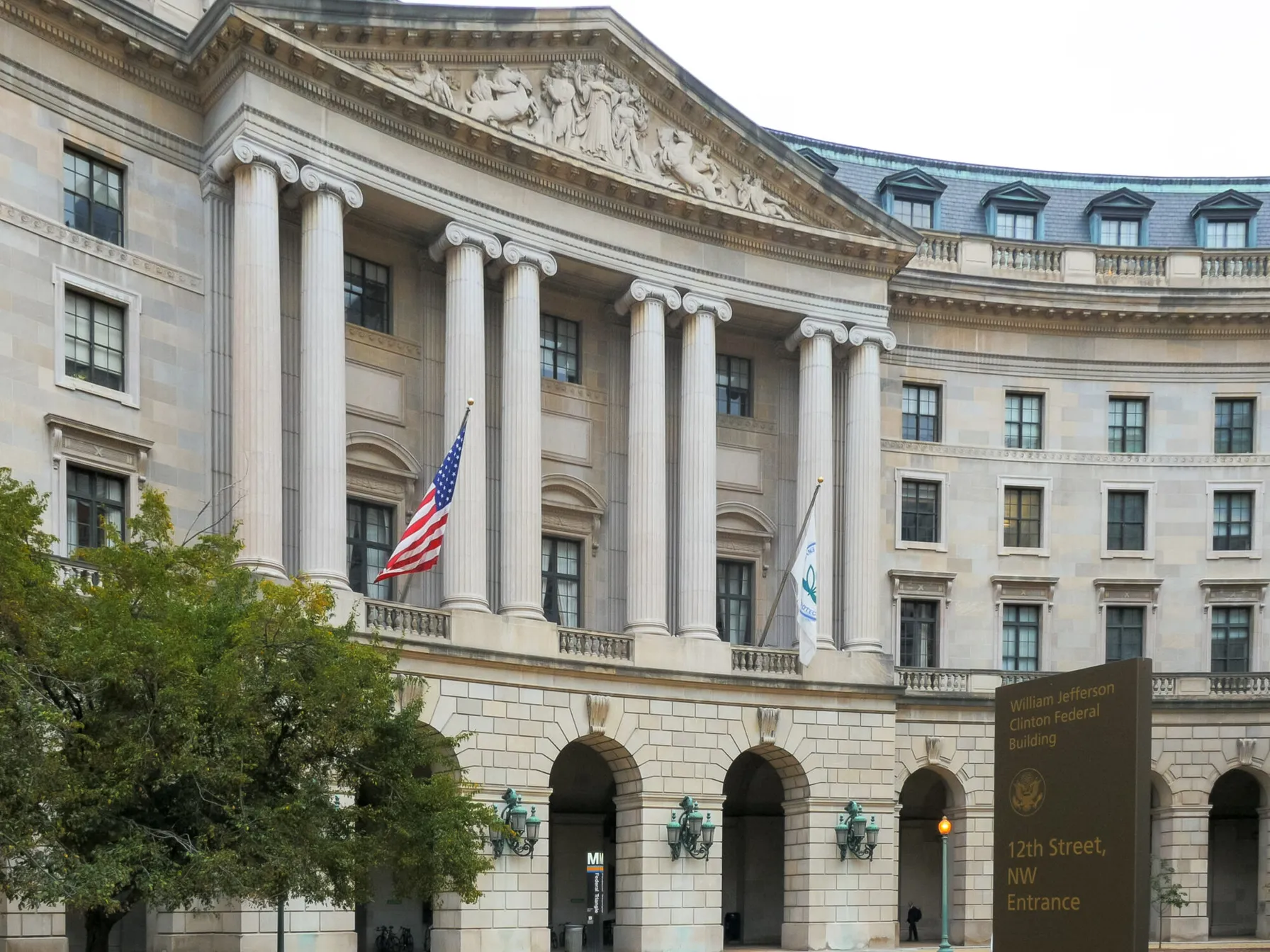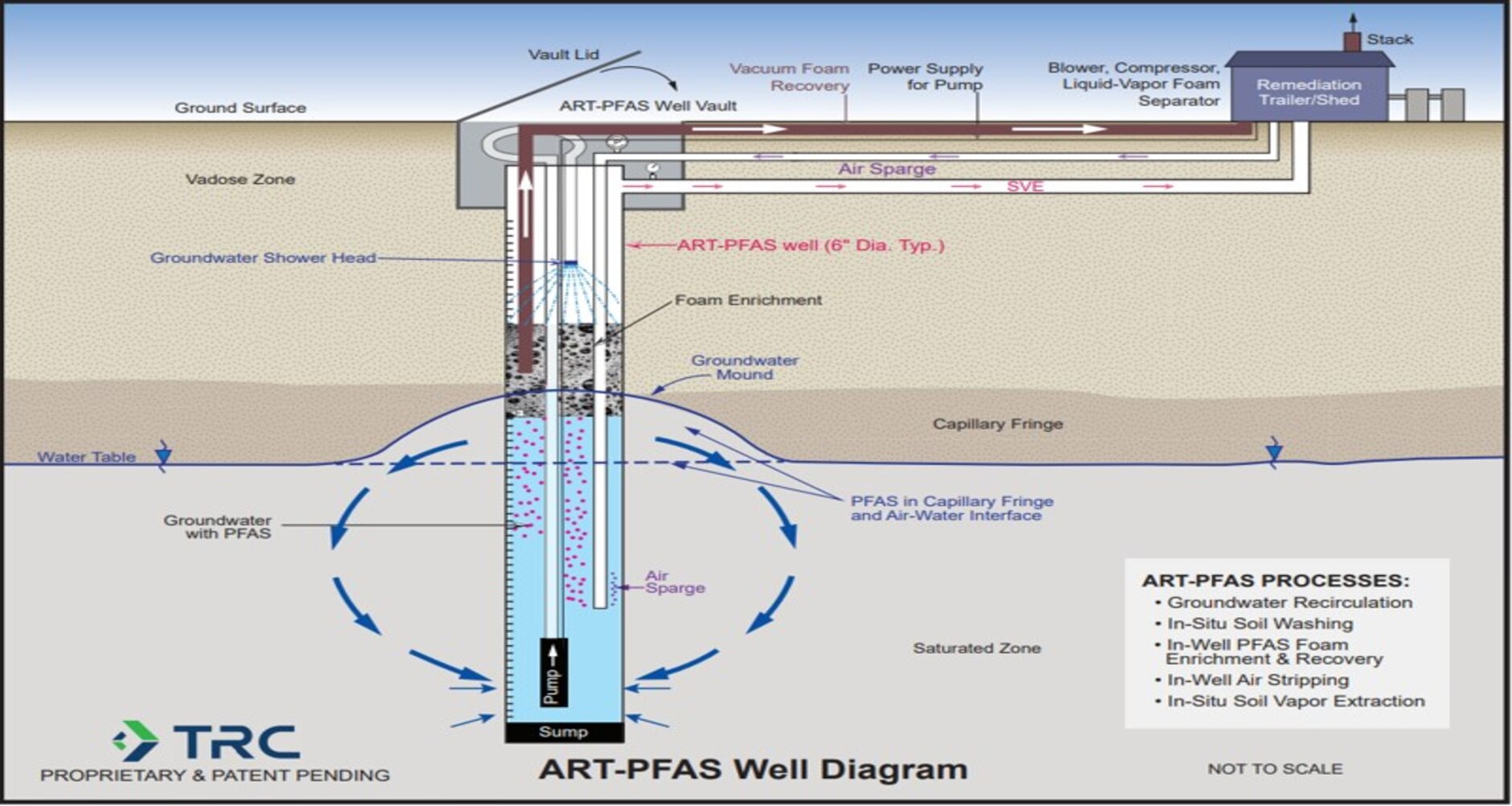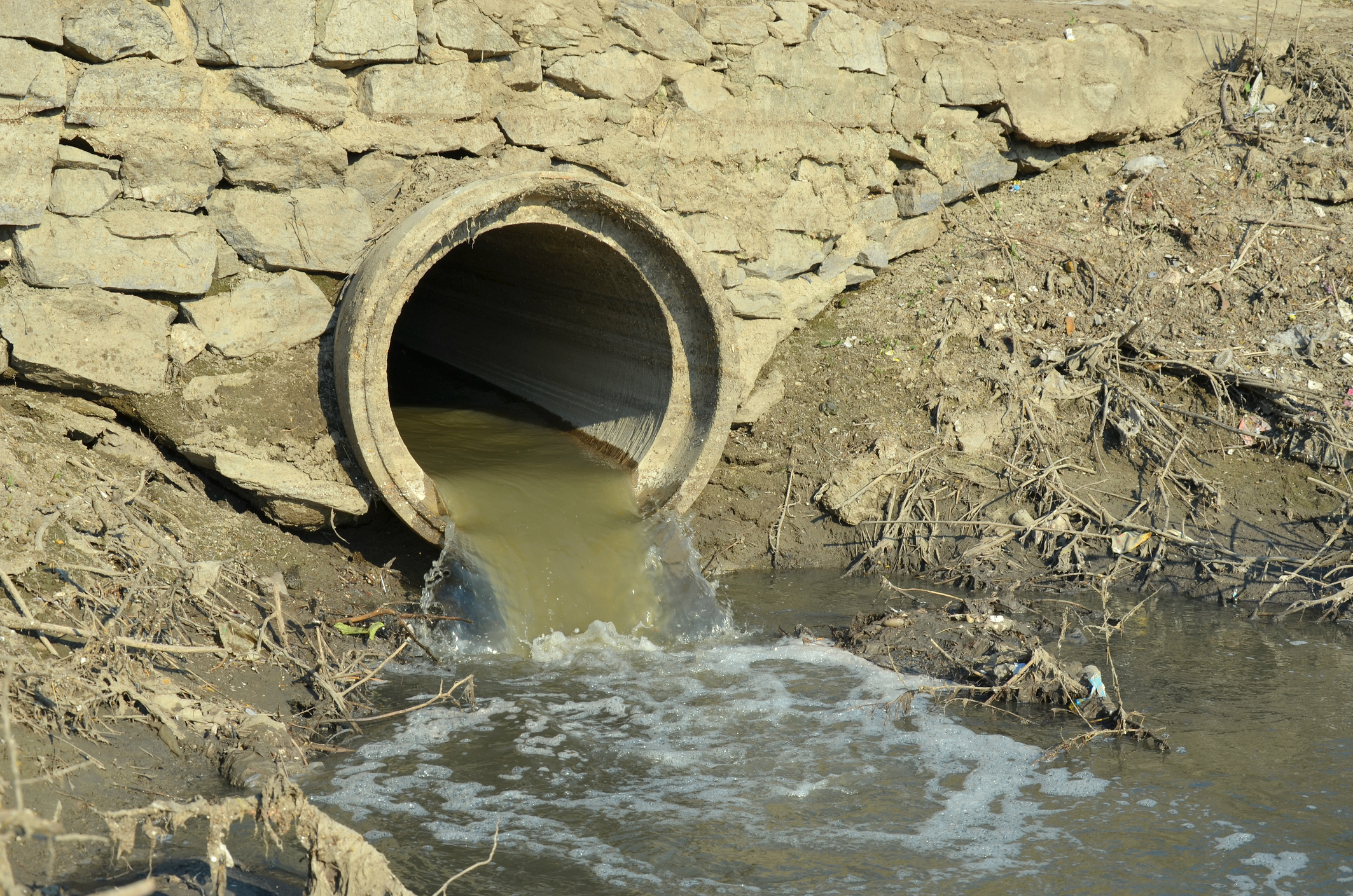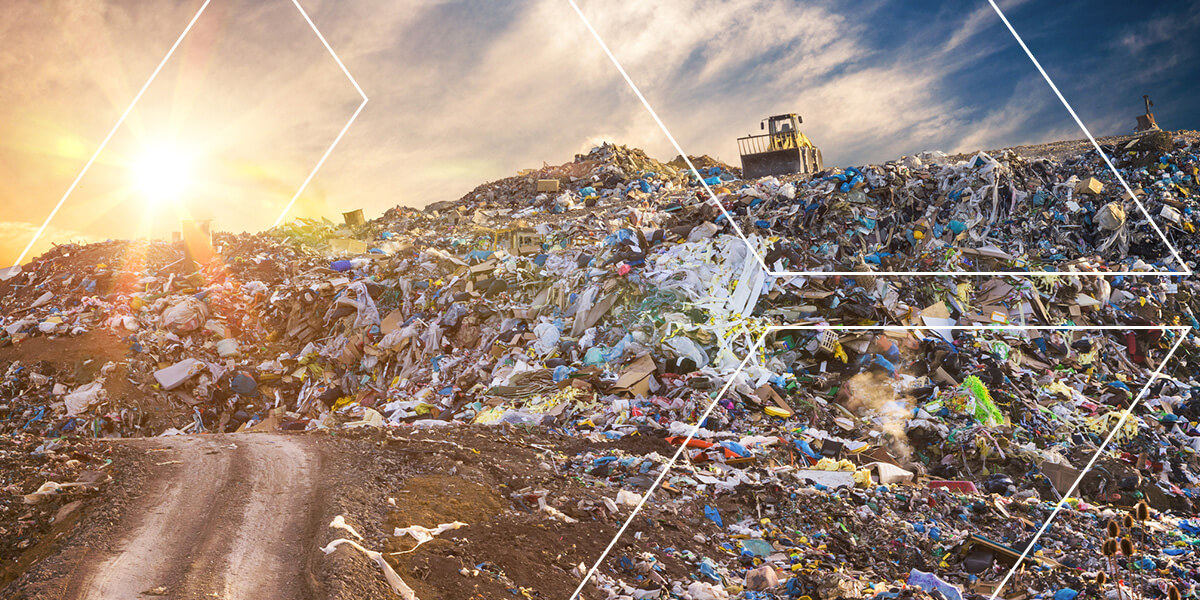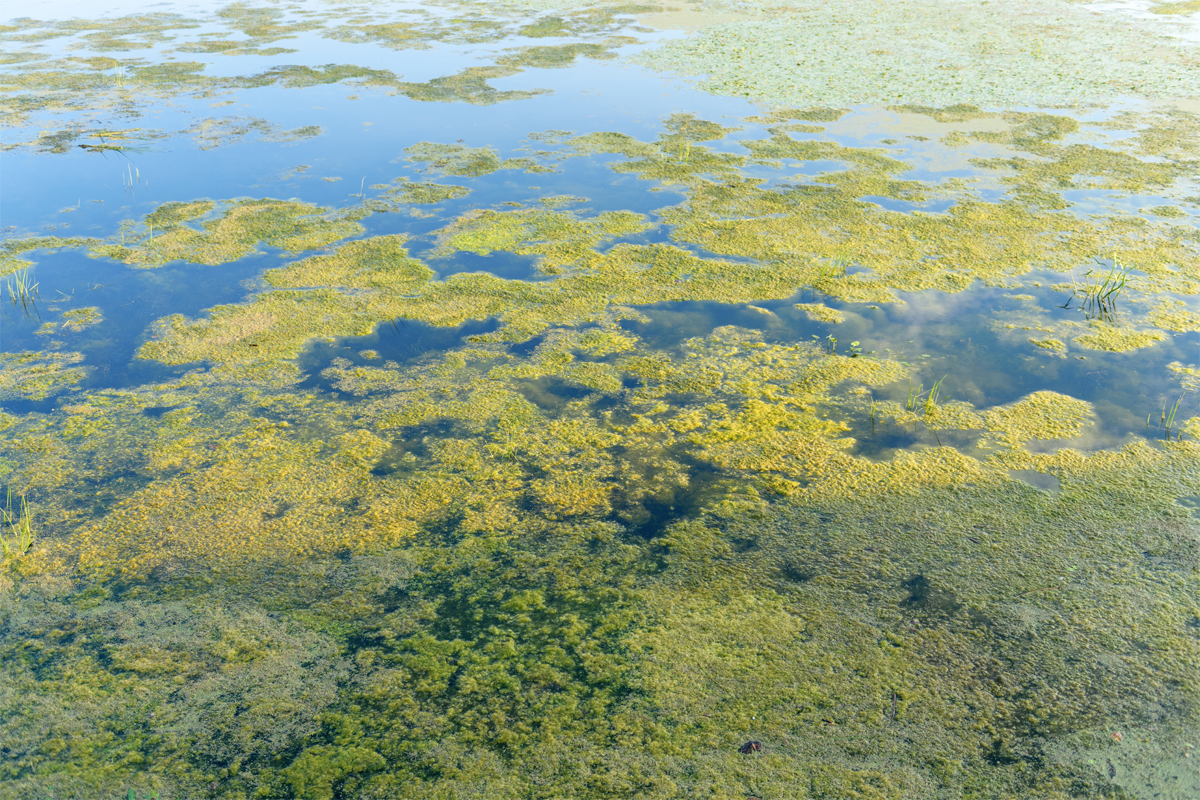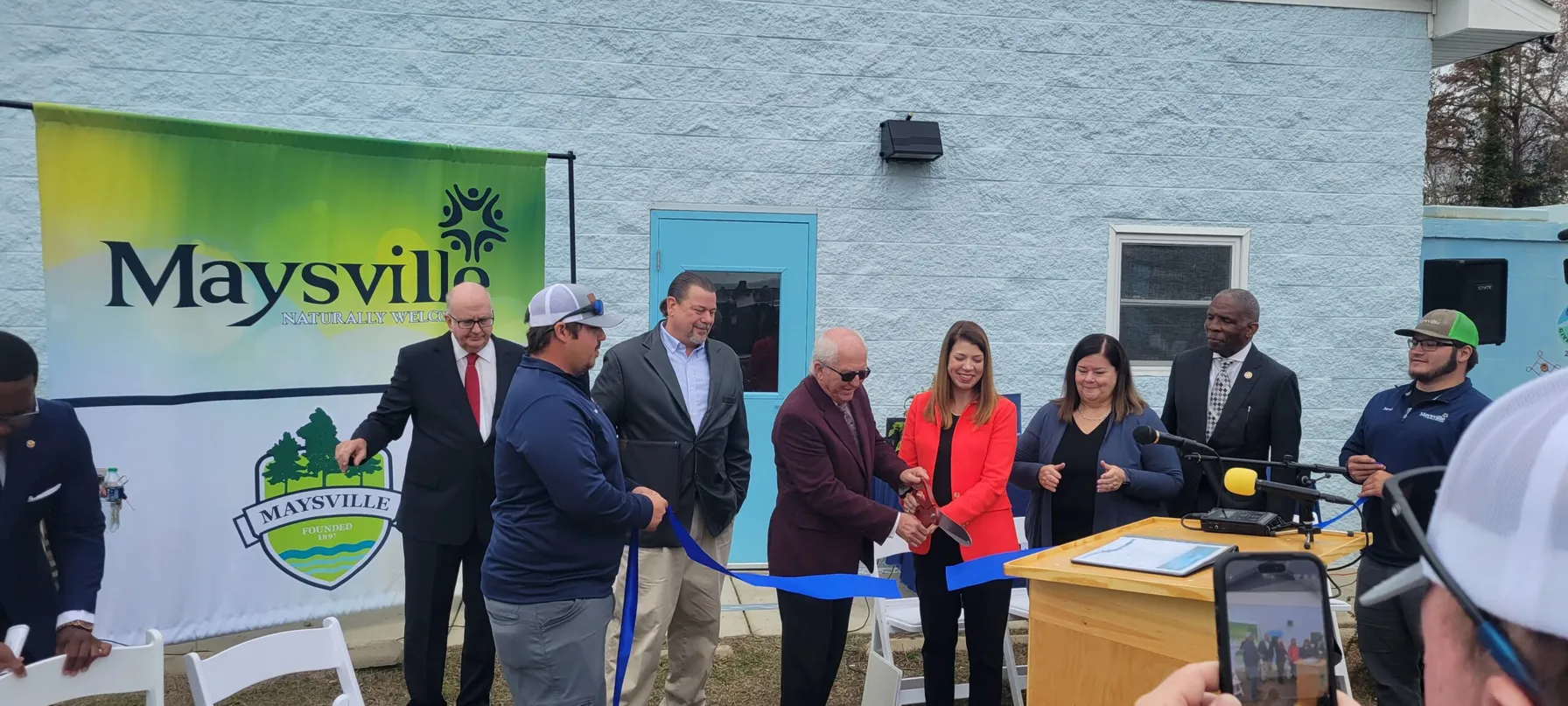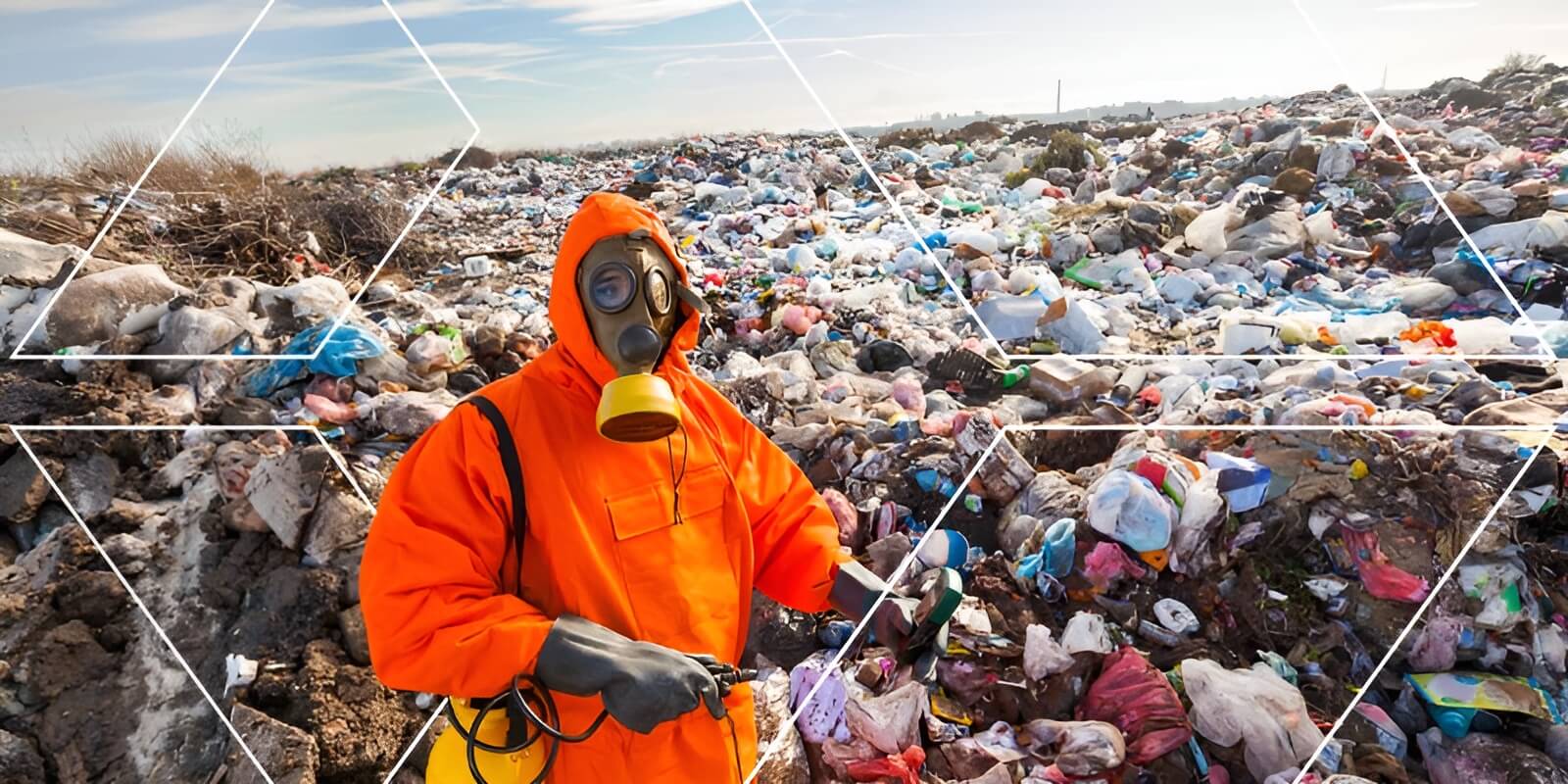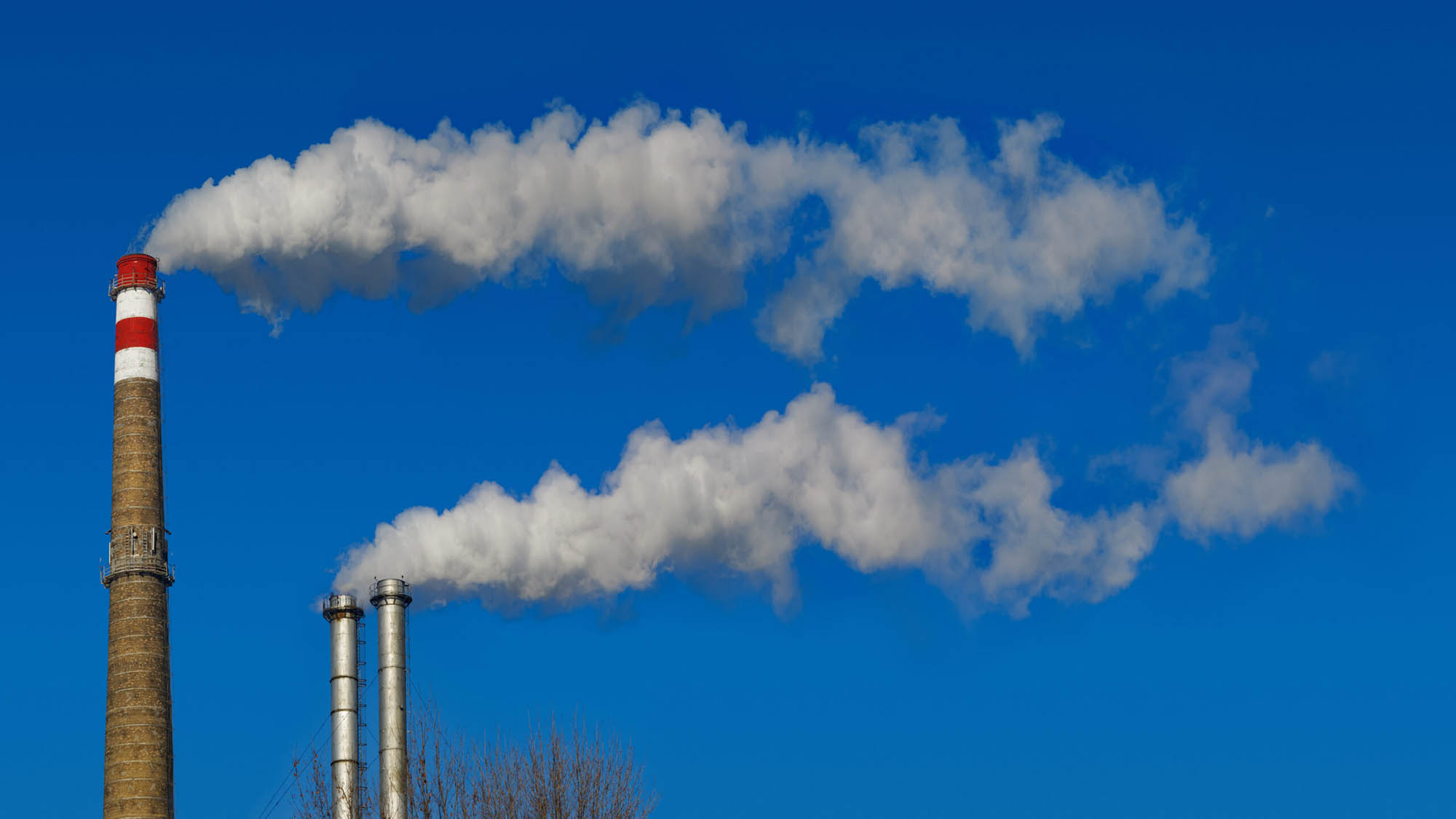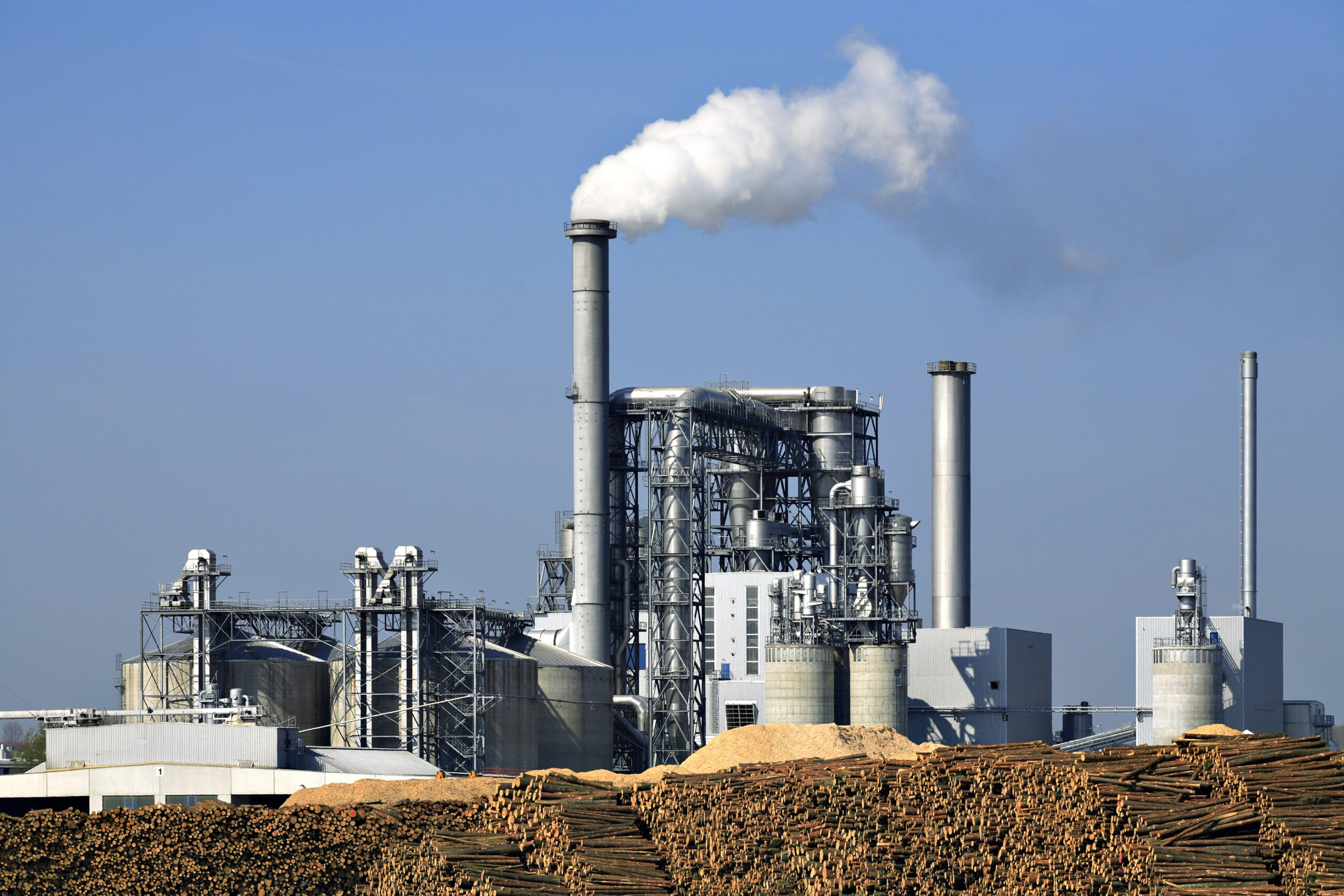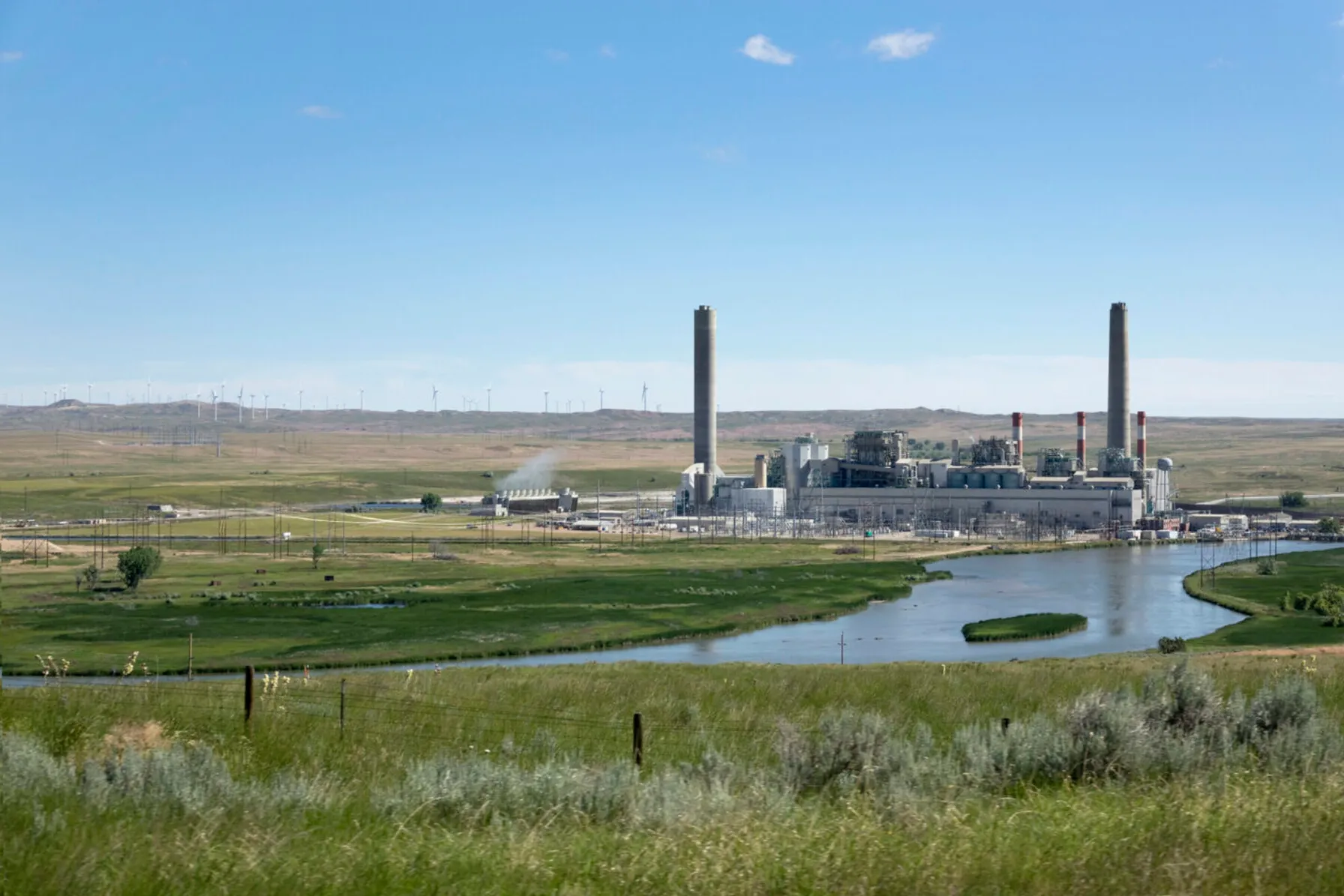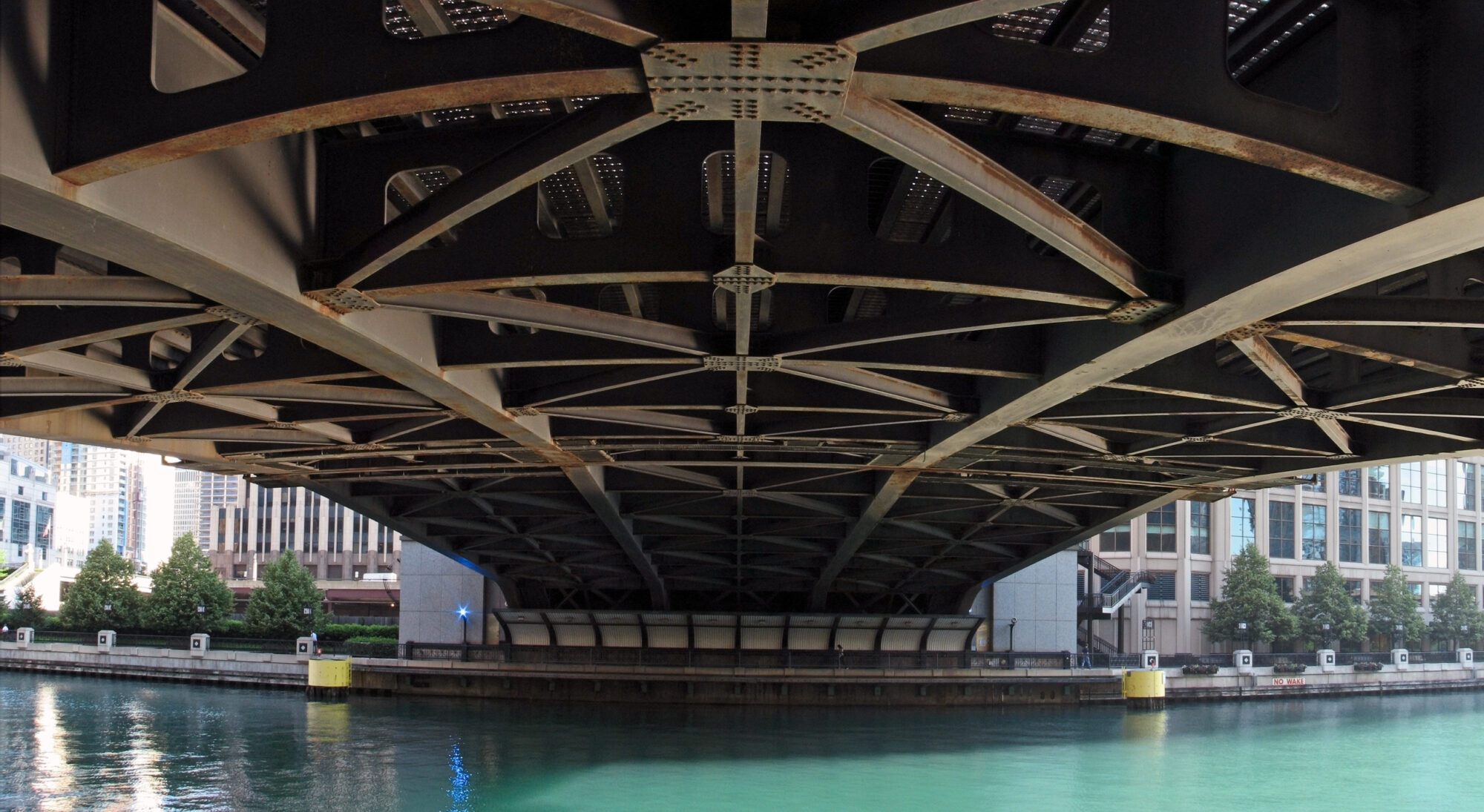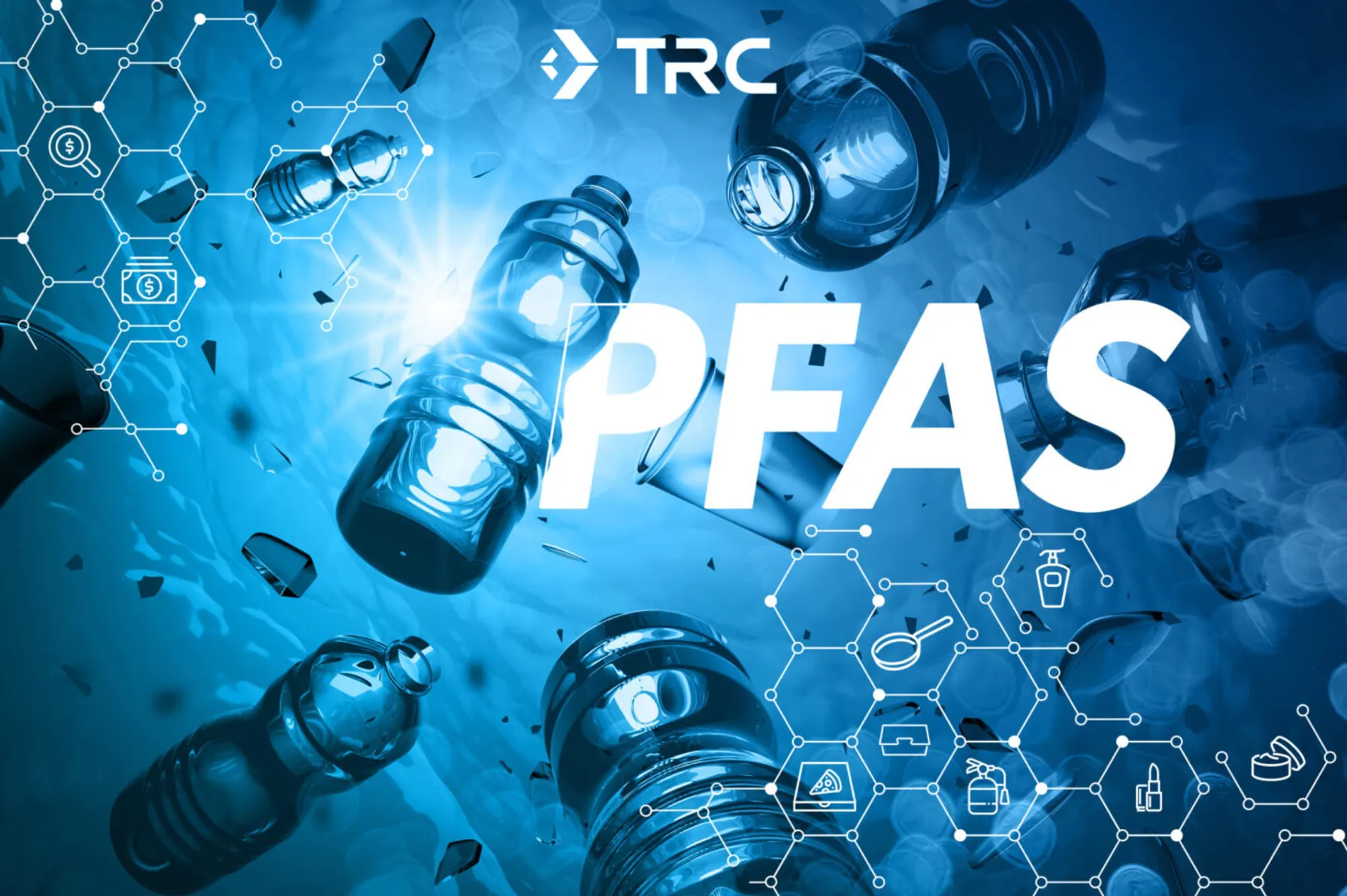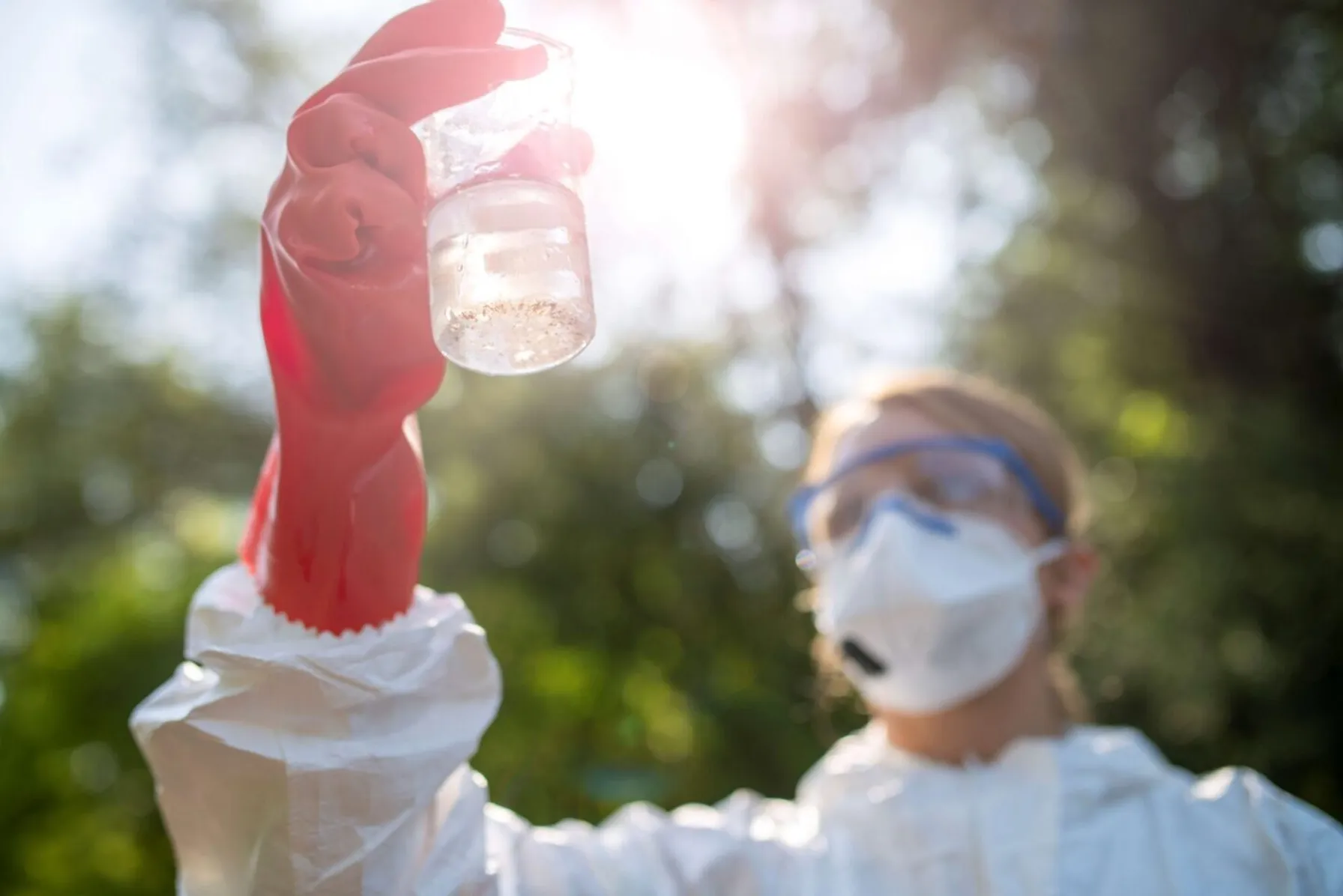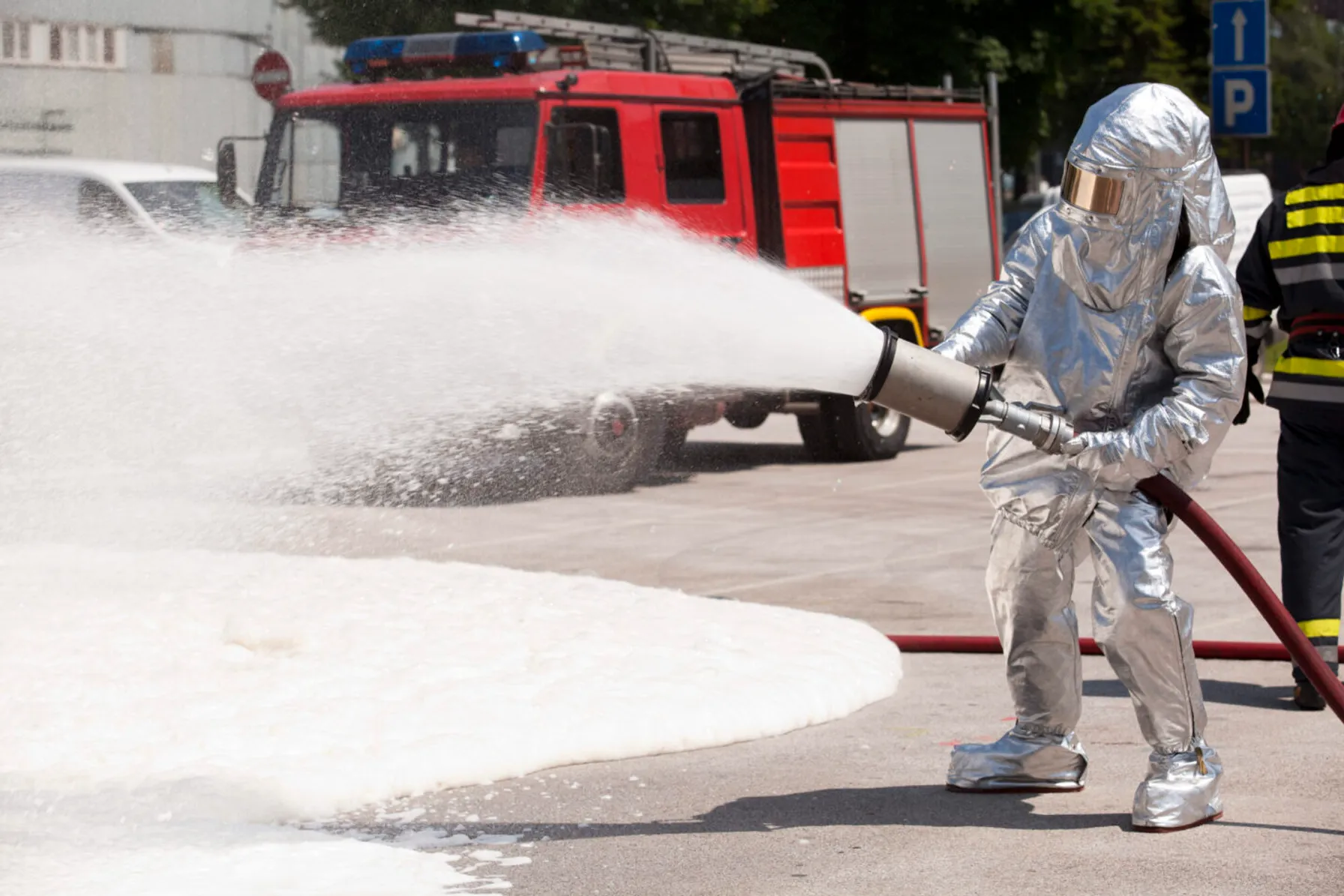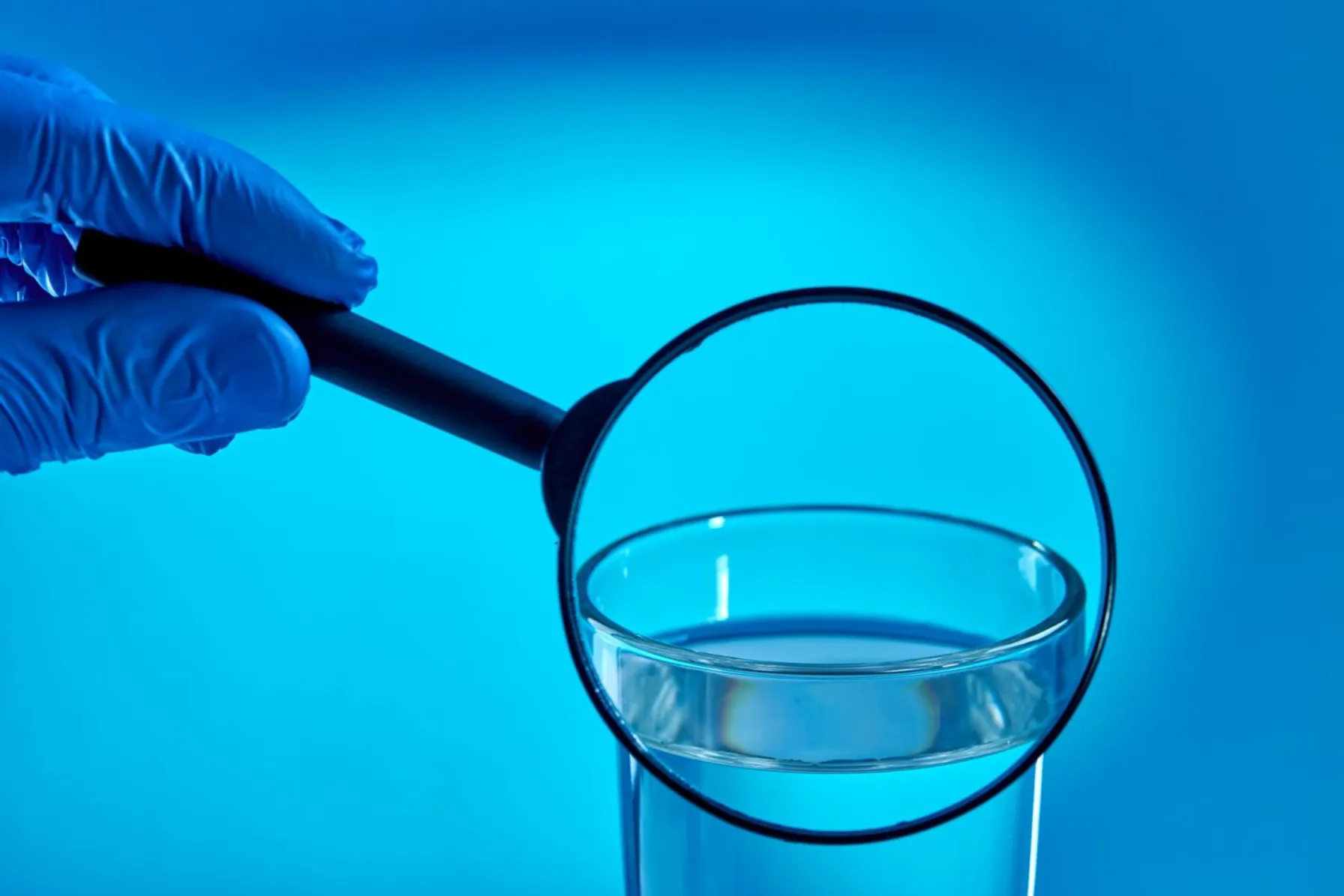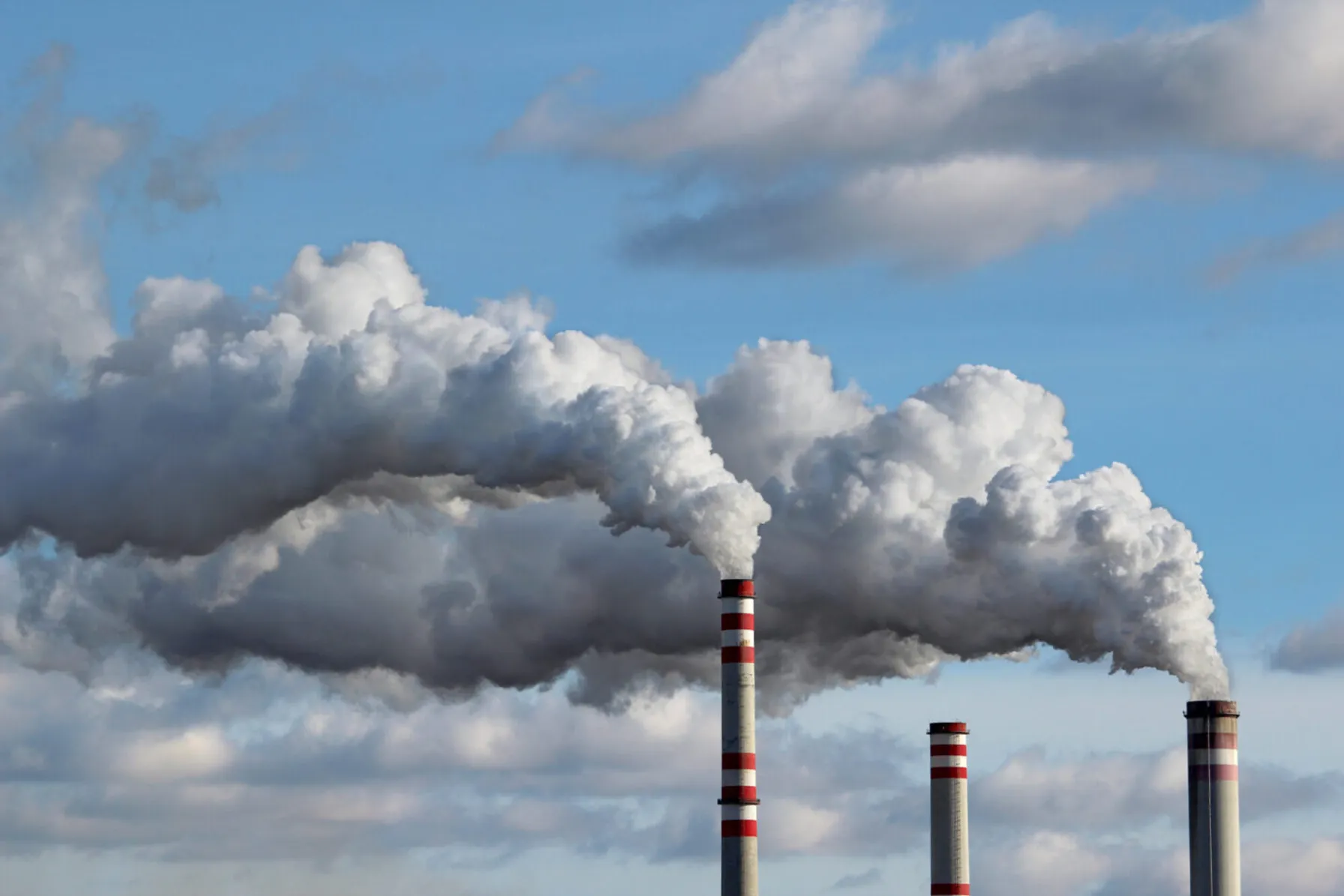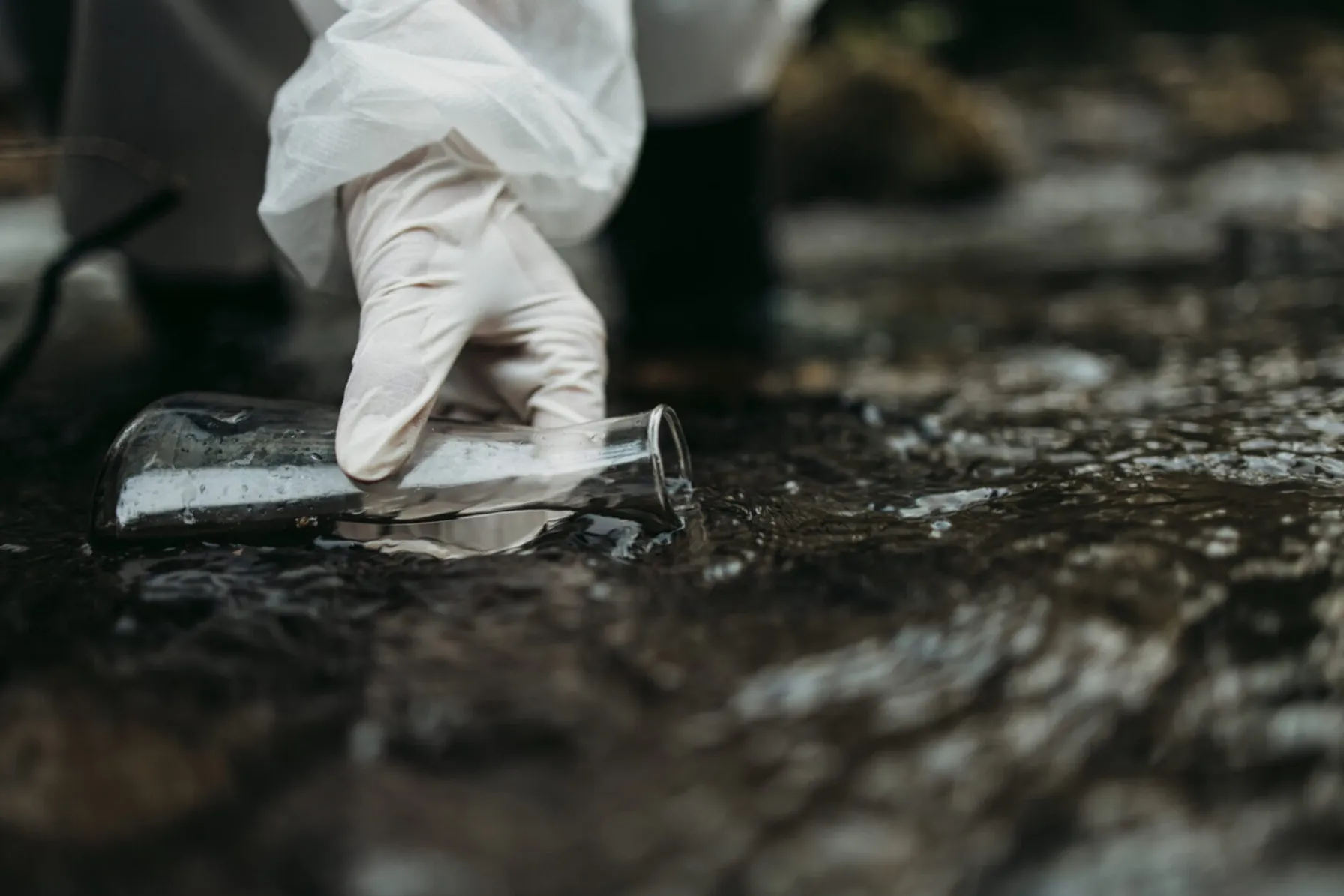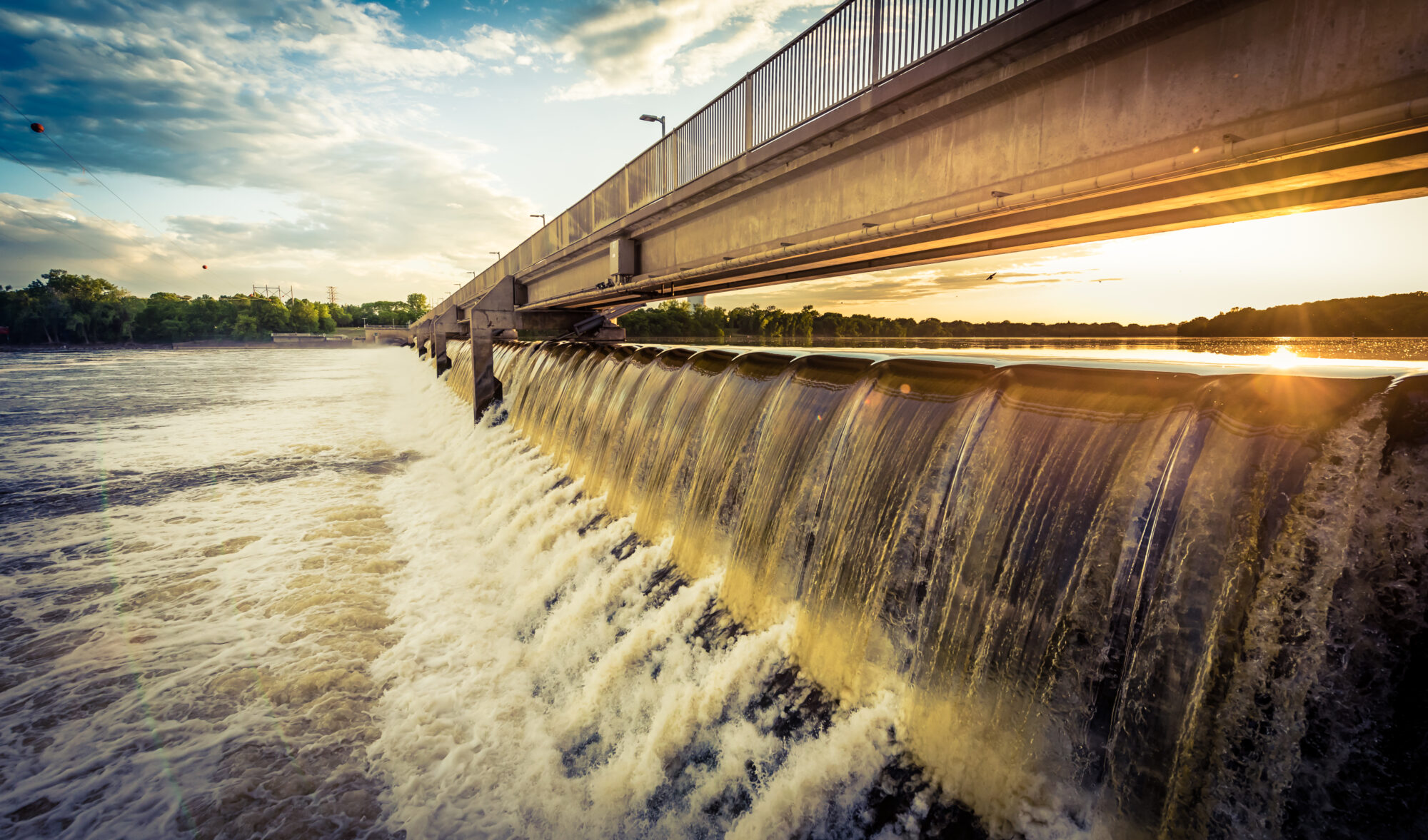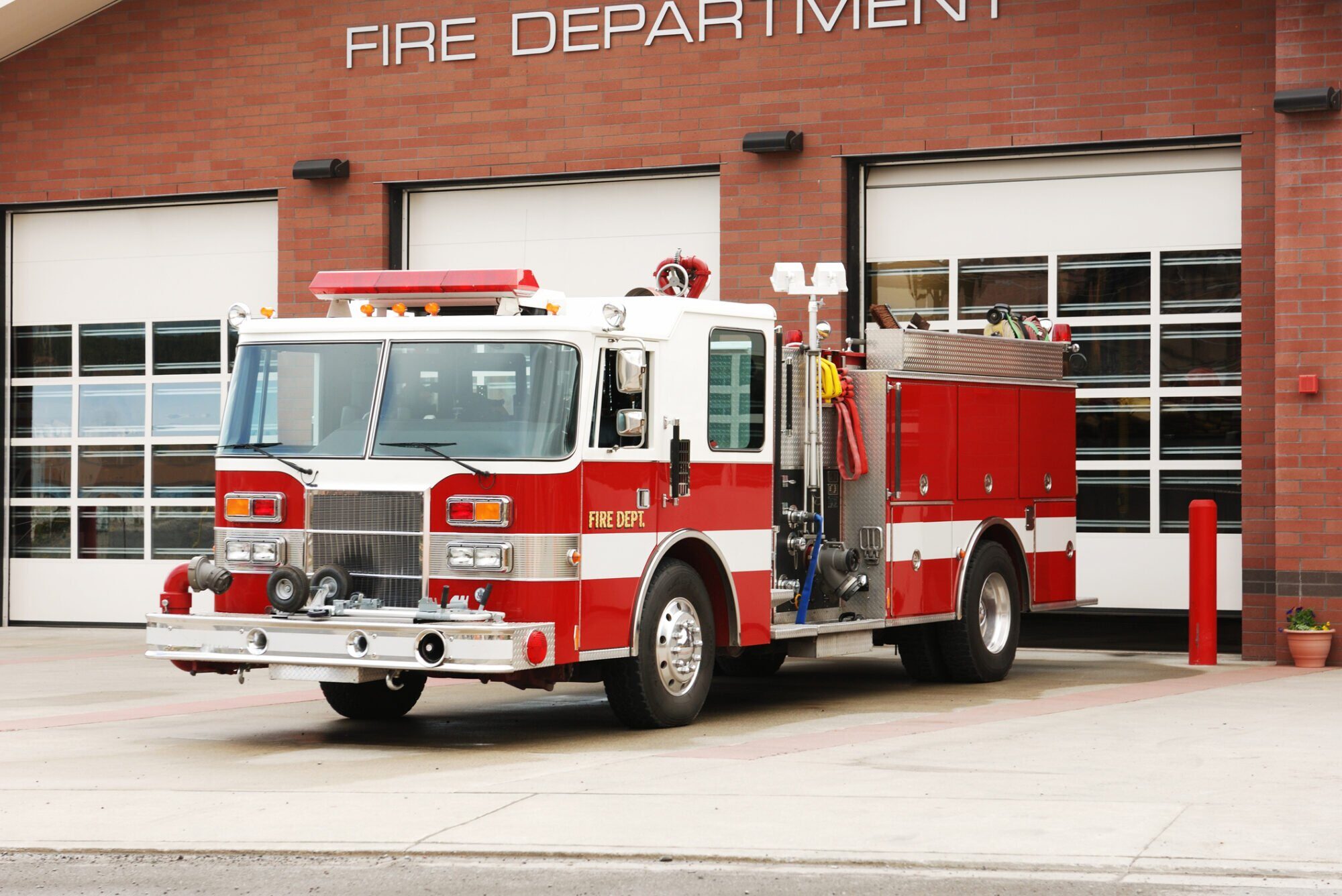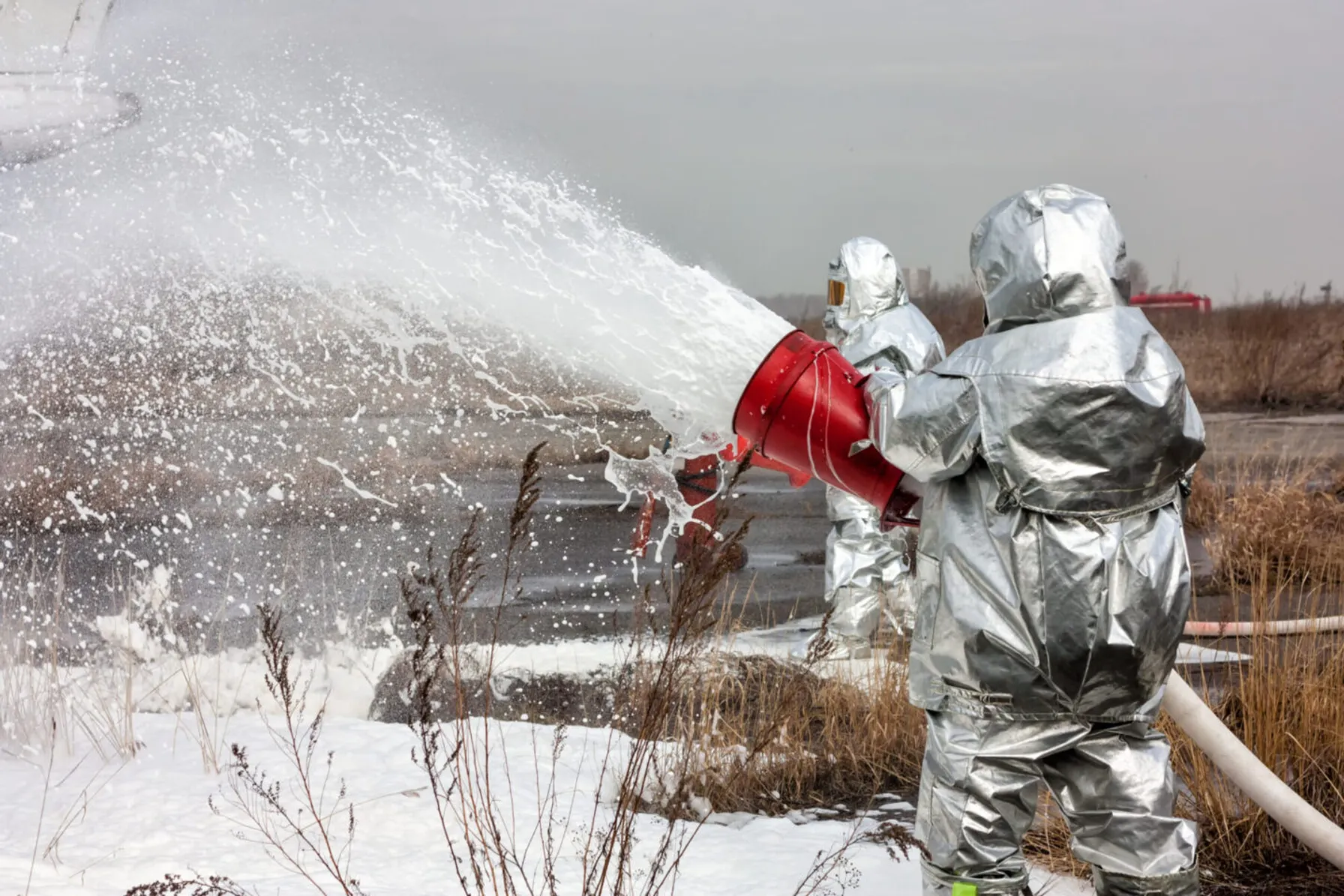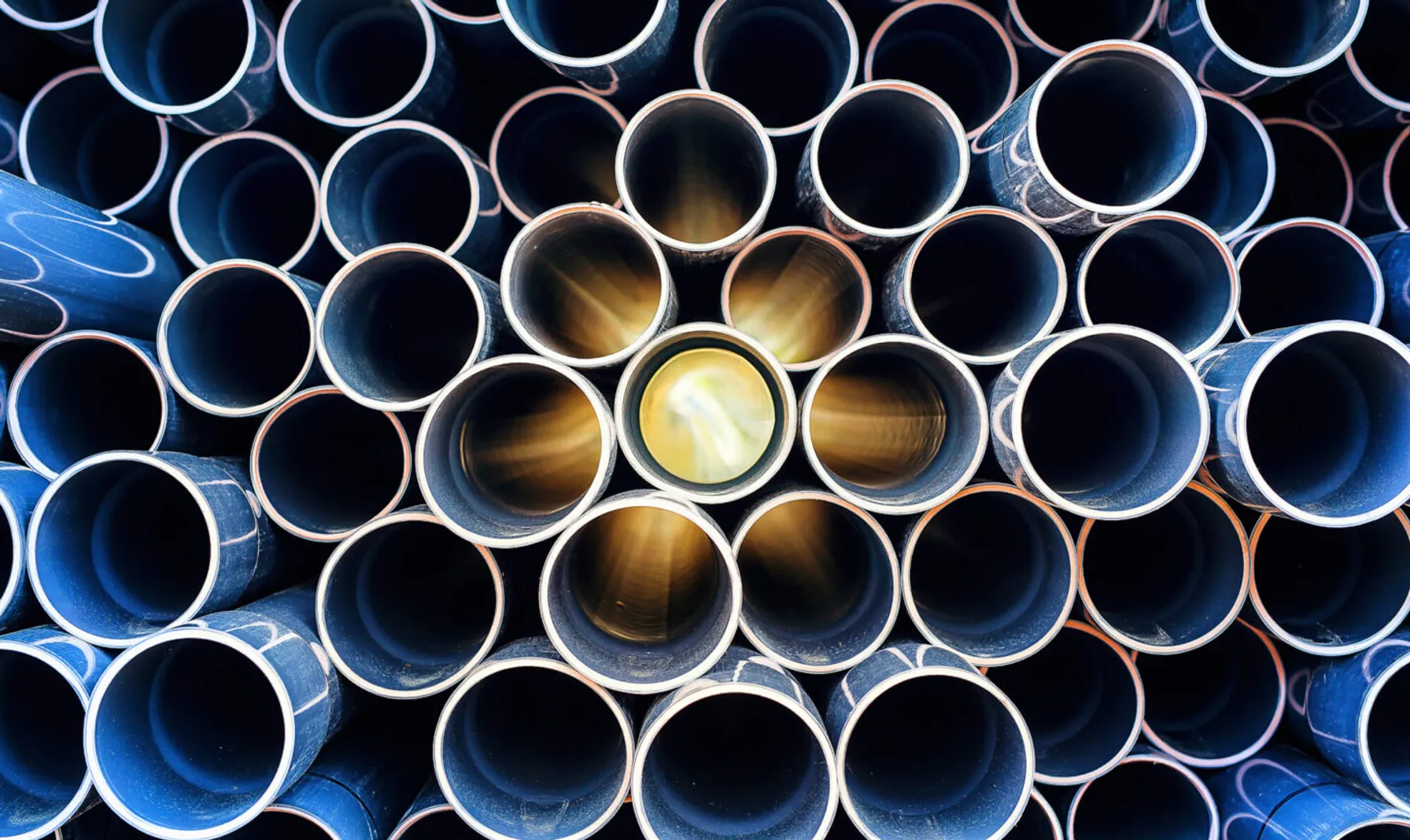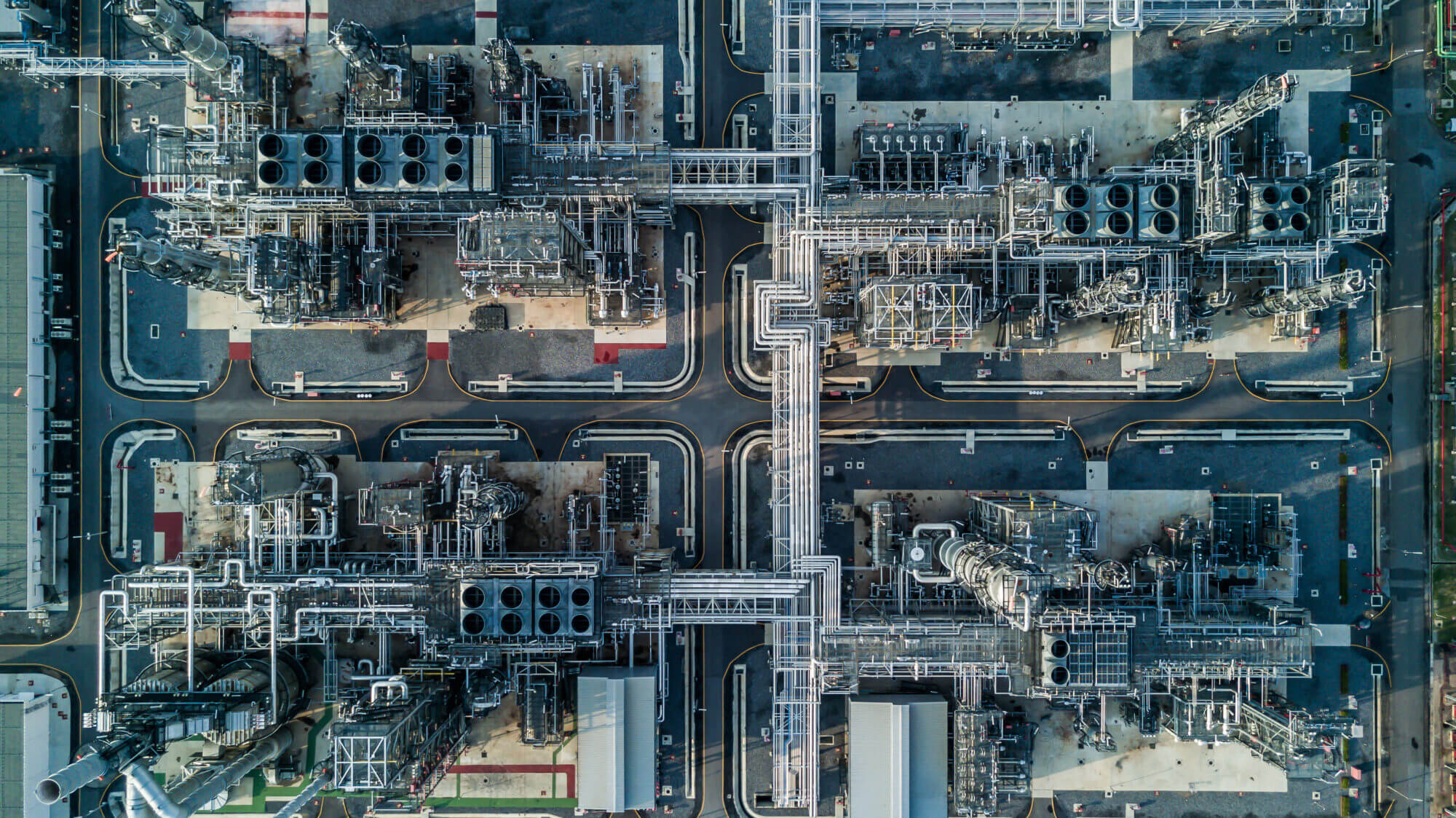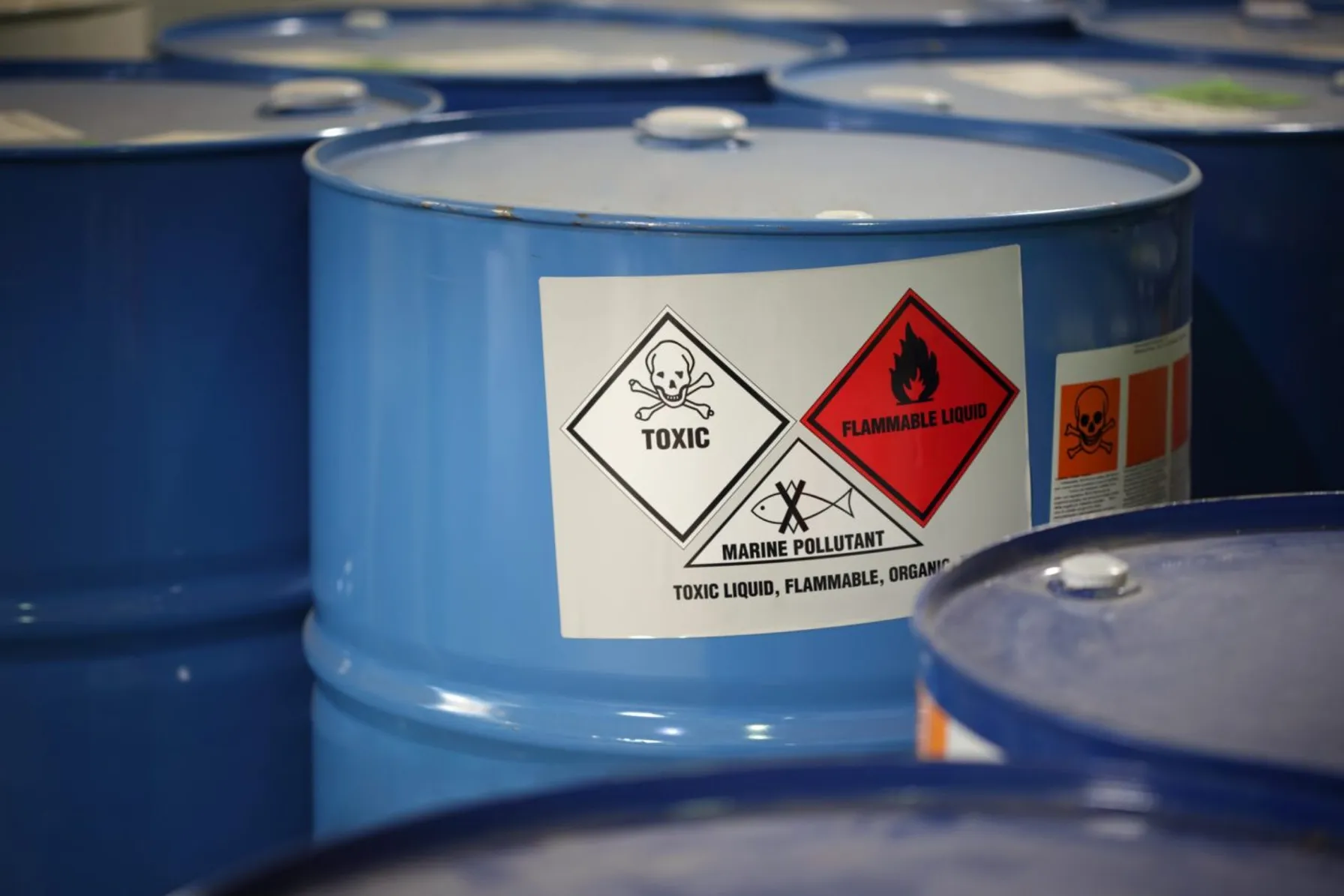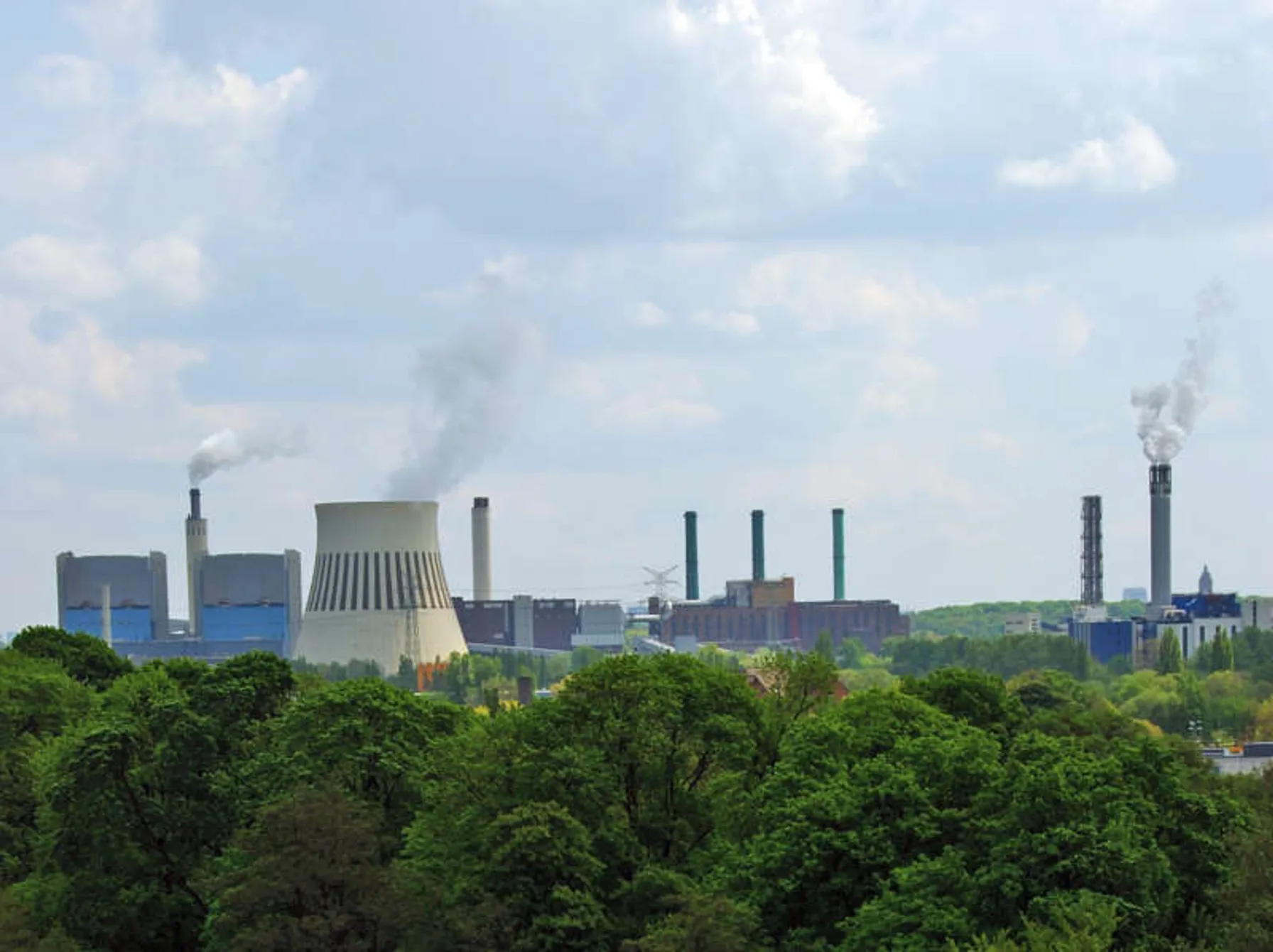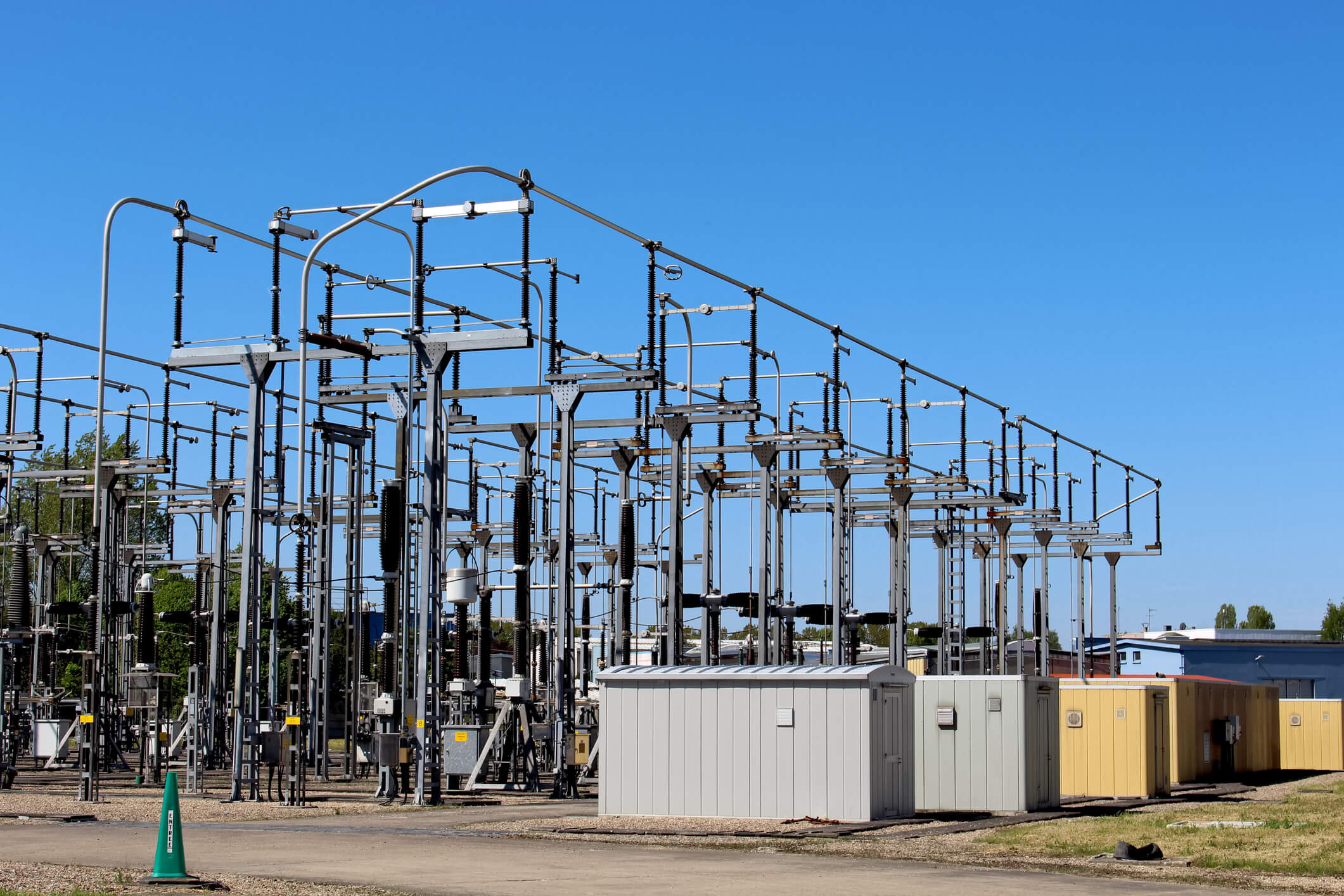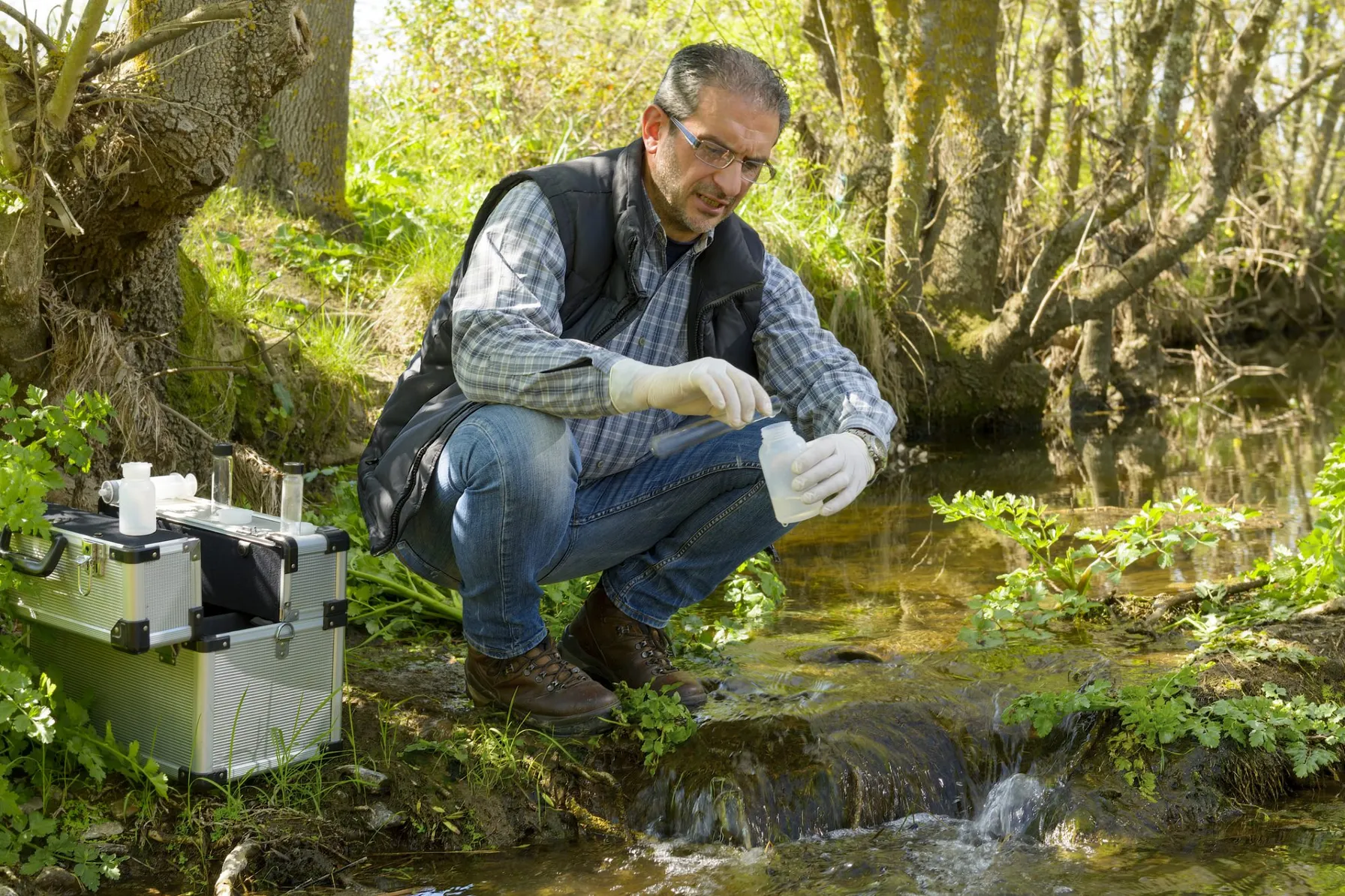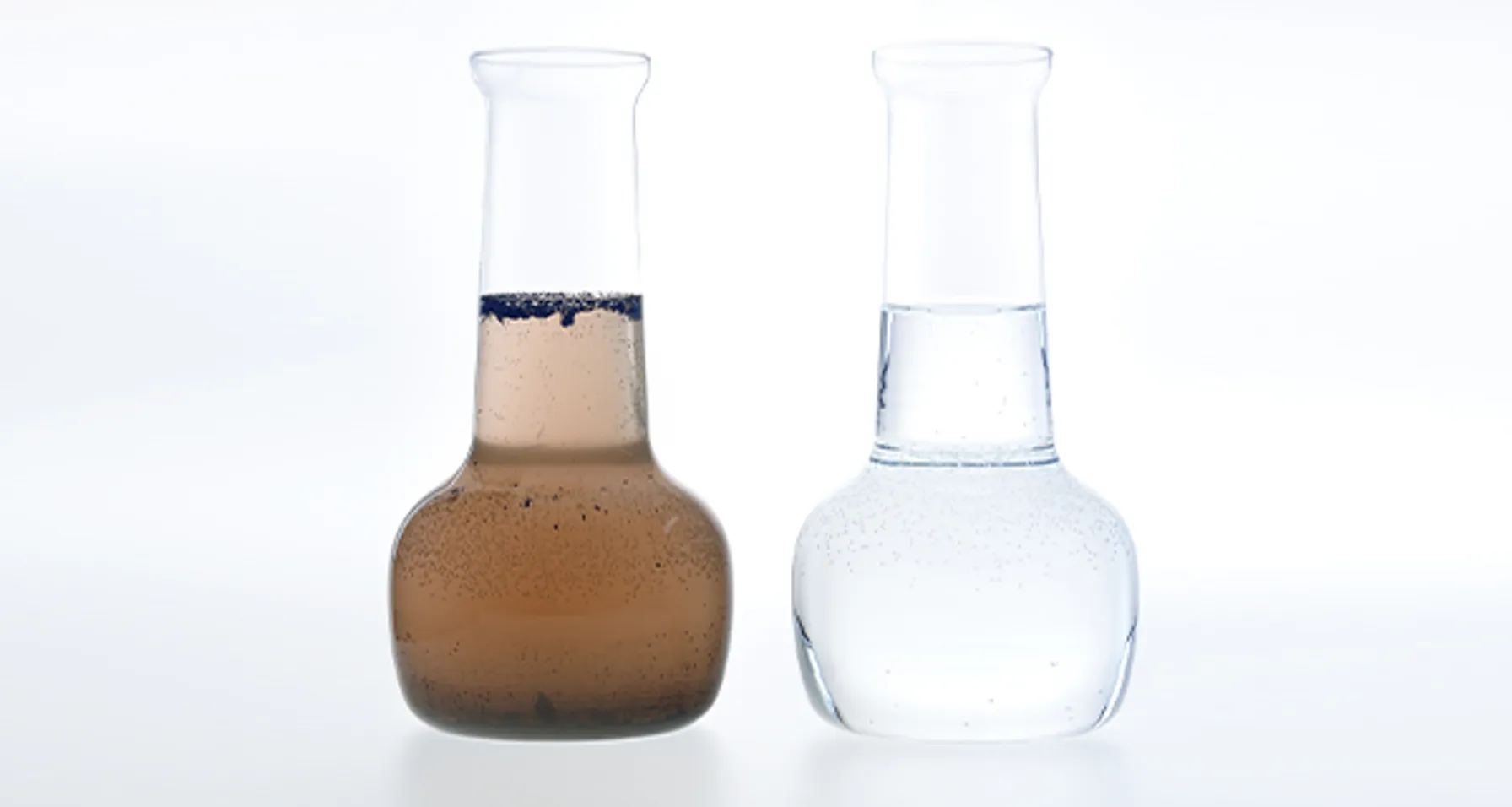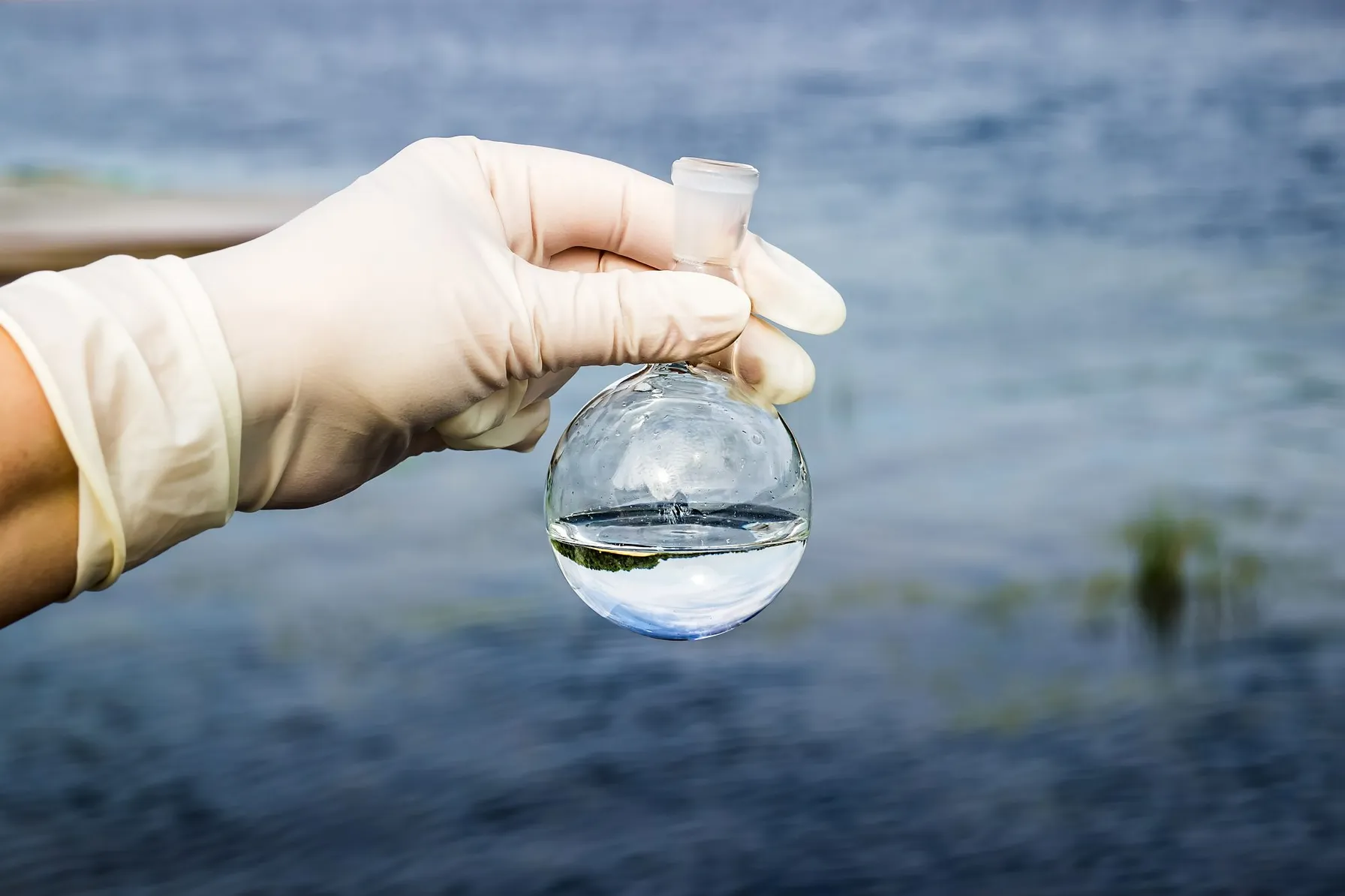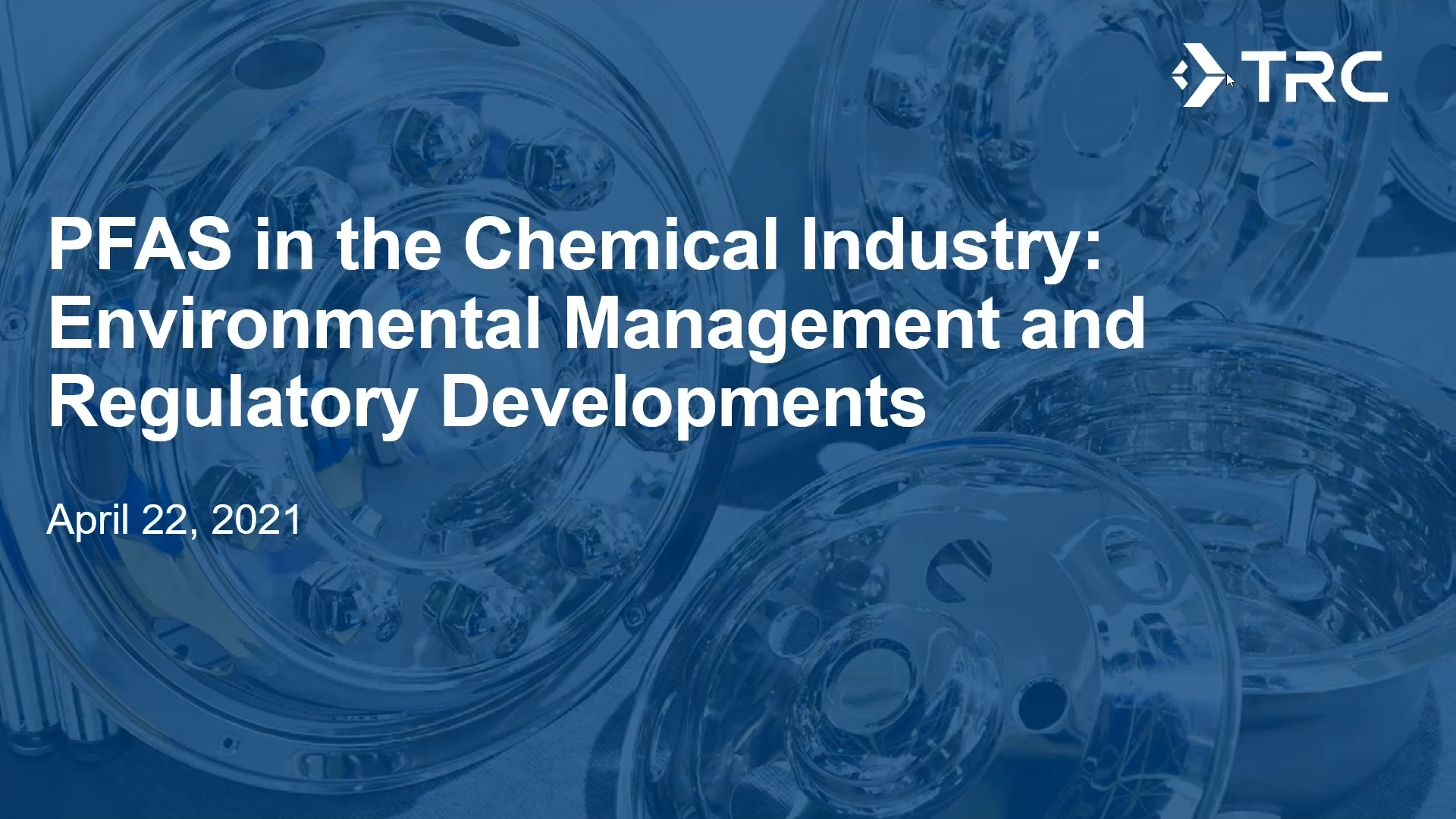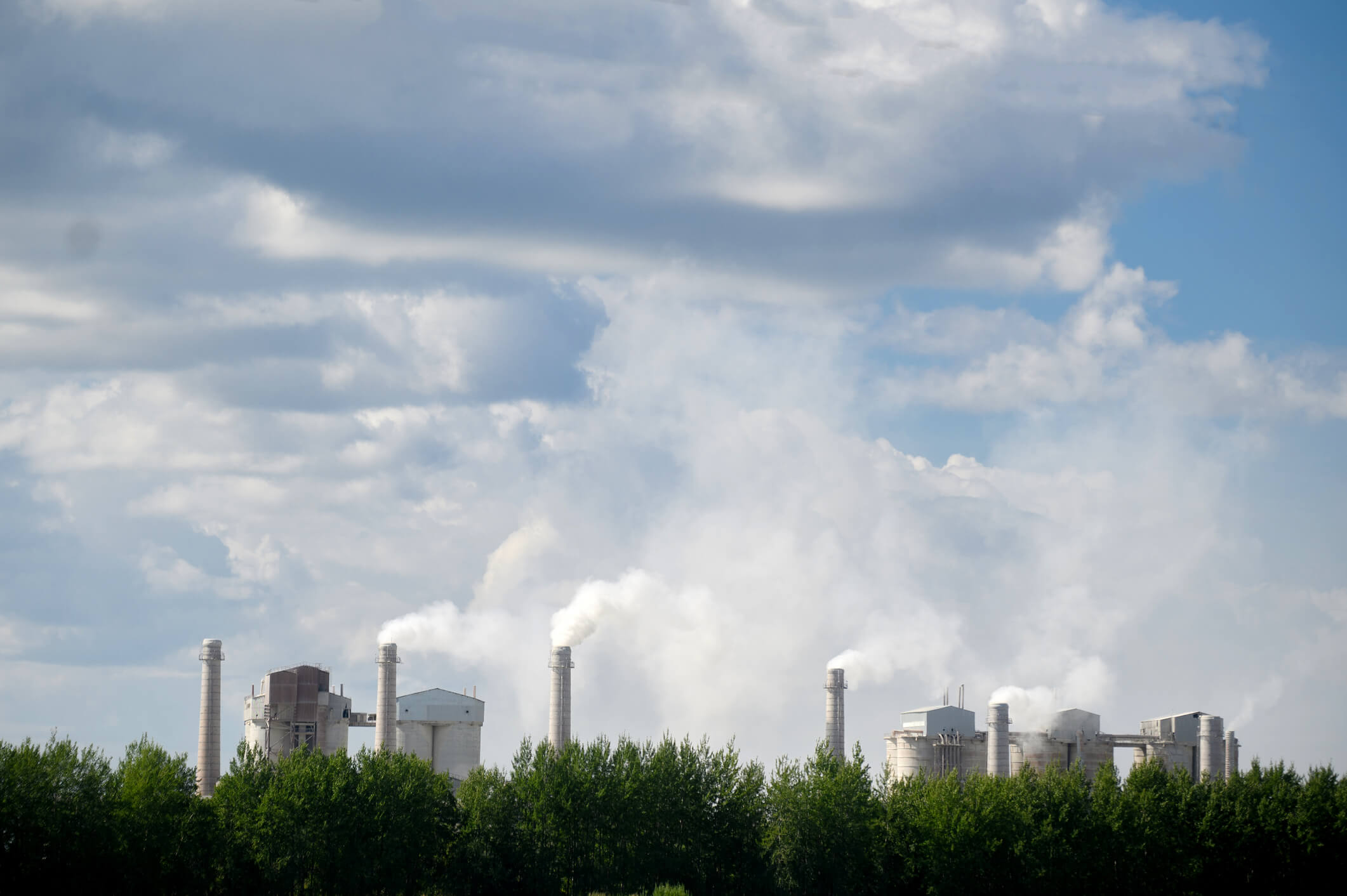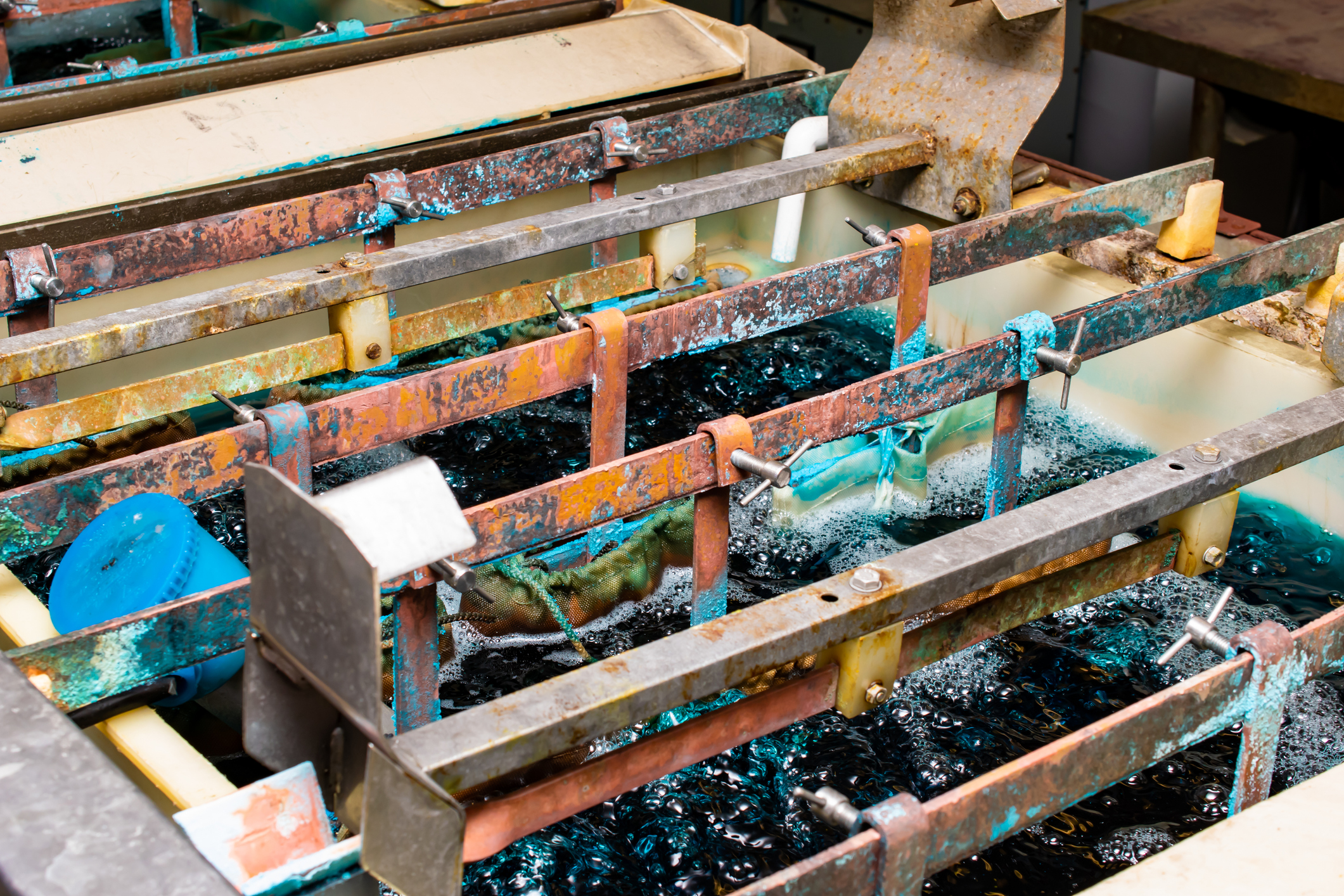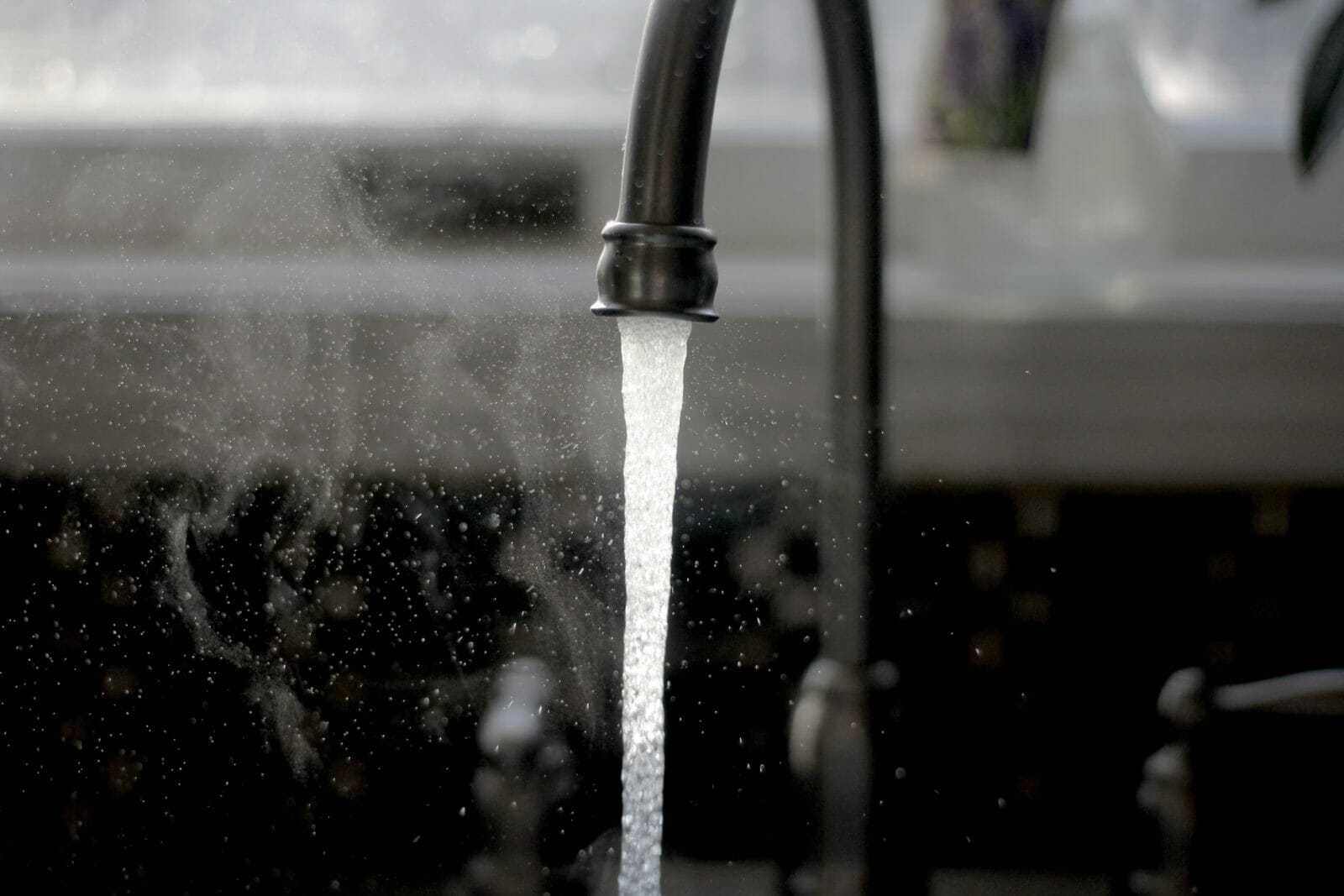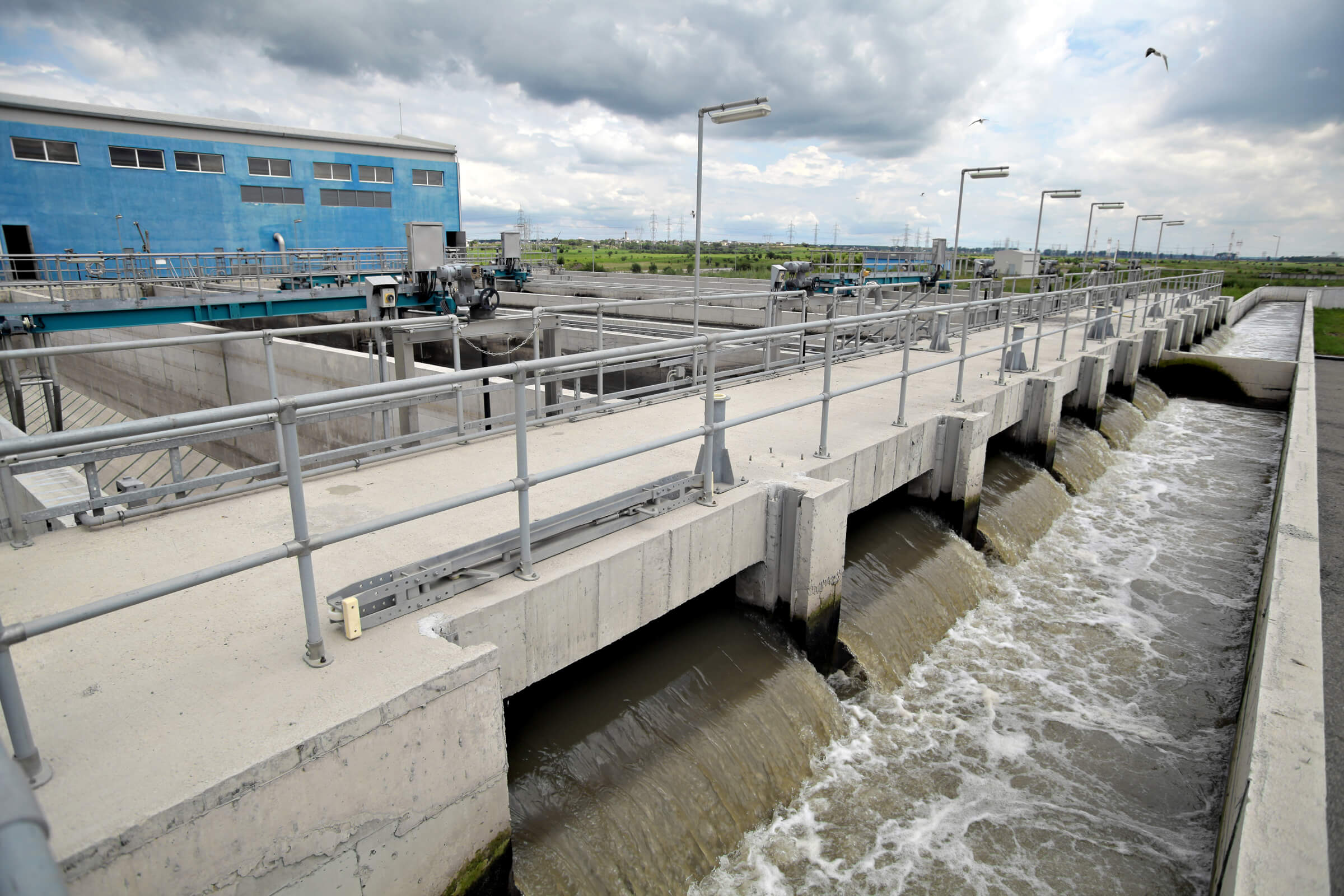Challenge
Madison Water Utility (MWU) is a public water system in Madison, Wisconsin serving more than 250,000 people with a system of 23 deep bedrock wells, 895 miles of water main, and more than 64,000 service connections. Well 15 was taken out of service due to community concerns about detected per- and polyfluoroalkyl substances (PFAS) from a nearby airport. Prior to shutdown, an air stripping system was used to remove the chlorinated volatile organic compounds (CVOCs) tetrachloroethylene (PCE) and trichloroethylene (TCE). MWU requested assistance in evaluating treatment technologies, estimating capital and long-term operating costs, and preliminary design information to return Well 15 to a production rate of 1,000 gallons per minute.

Solution
MWU needed a team with expertise in the treatment of PFAS in water, engineering design and cost estimating, public sector collaboration, and state/local PFAS trends and practices. Therefore, TRC teamed with Evoqua Water Technologies to provide the following services:
Bench-Scale Testing
- A treatability study work plan was developed, and rapid small-scale column tests were completed with two granular activated carbon (GAC) options to evaluate PFAS and CVOC reduction.
- Analytical modeling was conducted to assess ion exchange resin performance (PFAS reduction only).
- Absent a state or federal drinking water standard for PFAS, four different removal goals were evaluated for PFAS. The minimum removal goal for PCE and TCE was >90%.
Treatment Design Recommendations
- A lead-lag GAC vessel system was determined to be a cost-effective way to remove PFAS, PCE, and TCE to target levels and decommission the existing air stripper (saving >$80,000 annually in operation and maintenance).
- An initial cost of $825,000 was estimated for the major treatment system components, which included bag filters to remove suspended solids, carbon vessels and GAC, a backwash tank, and steel piping with a life expectancy of approximately 30 years.
- The estimated annual operating costs of $48,000 to $301,000 would depend on influent concentrations, selected treatment objectives, and the frequency of carbon regeneration and bag filter replacement.
Results
The feasibility study provides MWU with the information needed to evaluate whether installing a treatment system is the most cost-effective way to meet overall needs and capacity concerns for this area of Madison.
Related Projects
Discover the success we’ve had with helping our clients execute major projects and make a meaningful impact on their local communities.

PFAS Treatment Evaluation for the Maysville Well
TRC staff installed a water treatment system to remediate and prevent recurrence of PFAS in the Maysville Well in North …

Investigating PFAS in Ground and Surface Water
With TRC’s research and knowledge into locating the source of PFAS and demonstrating this conclusion to MassDEP, we were able …
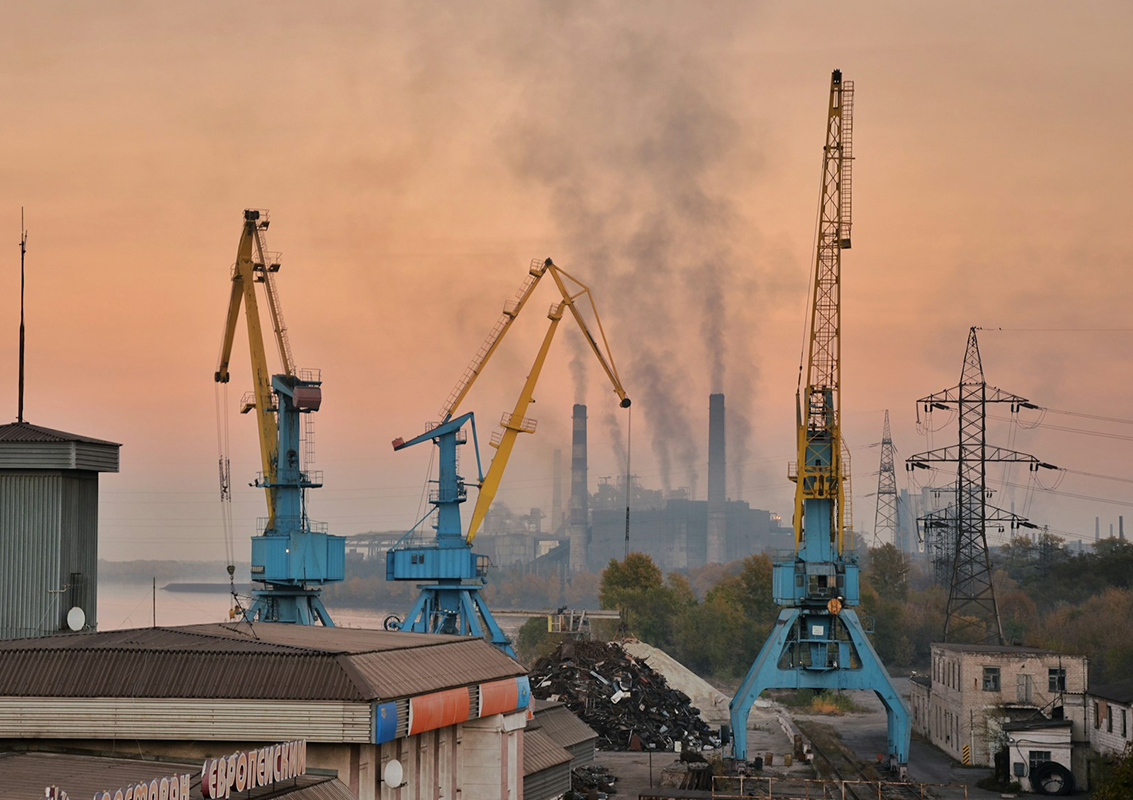
PFAS Investigation at Former Michigan Plating Facility
TRC is helping the current owner address PFAS contamination on the site.

PFAS Liability Does Not Have to Be a Transactional Deal Killer
A client of TRC’s was in the process of selling a natural gas-fired power plant when, during due diligence, PFAS …
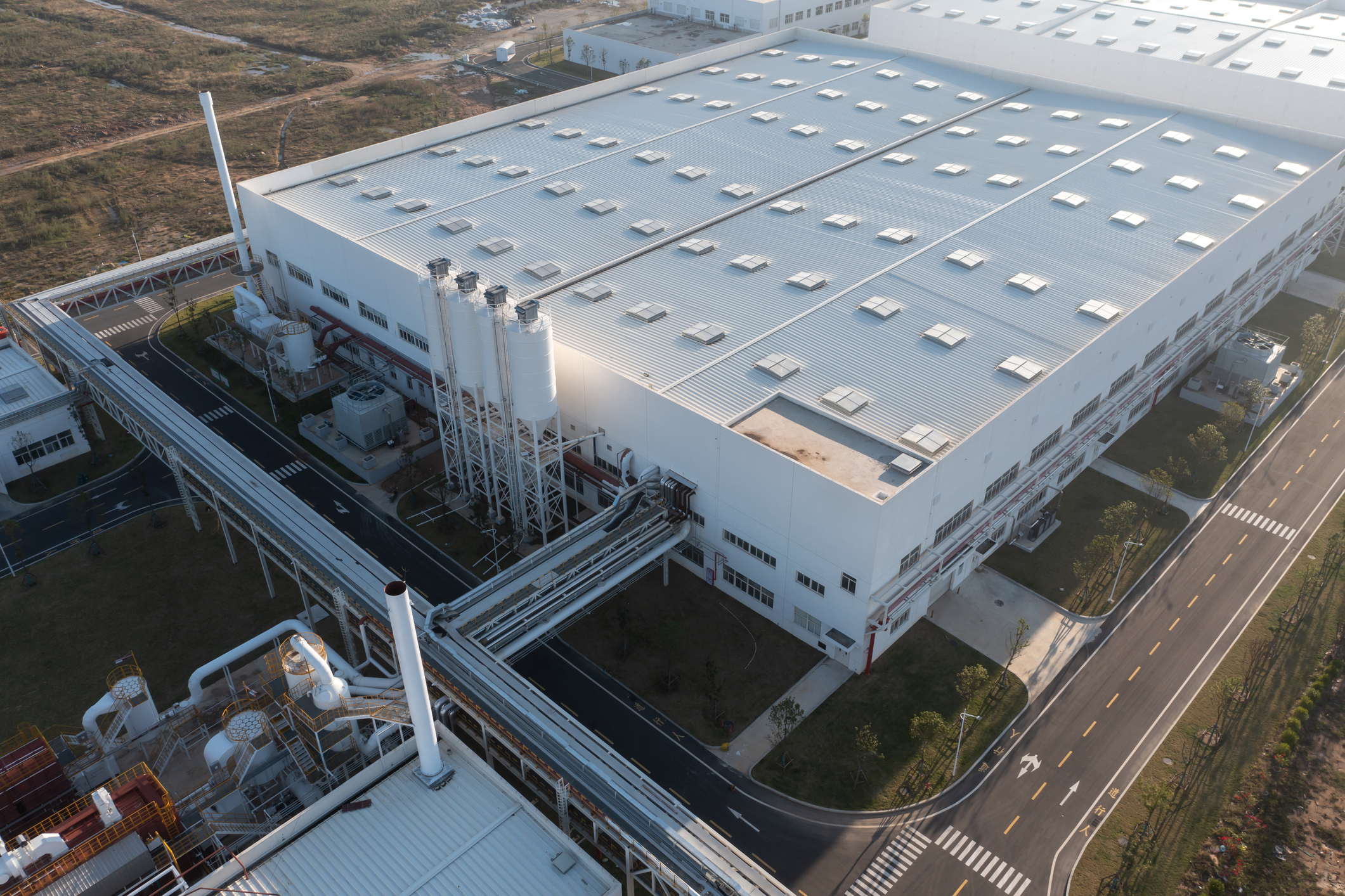
- Environmental Assessment, Permitting and Compliance
- Environmental Site Assessment
- PFAS and Emerging Contaminants
ISRA Investigation and Remediation at Former Paint Manufacturing Facility in New Jersey
The seller of an 11-acre former paint manufacturing facility that ceased operations in 1995 engaged TRC for the environmental cleanup.
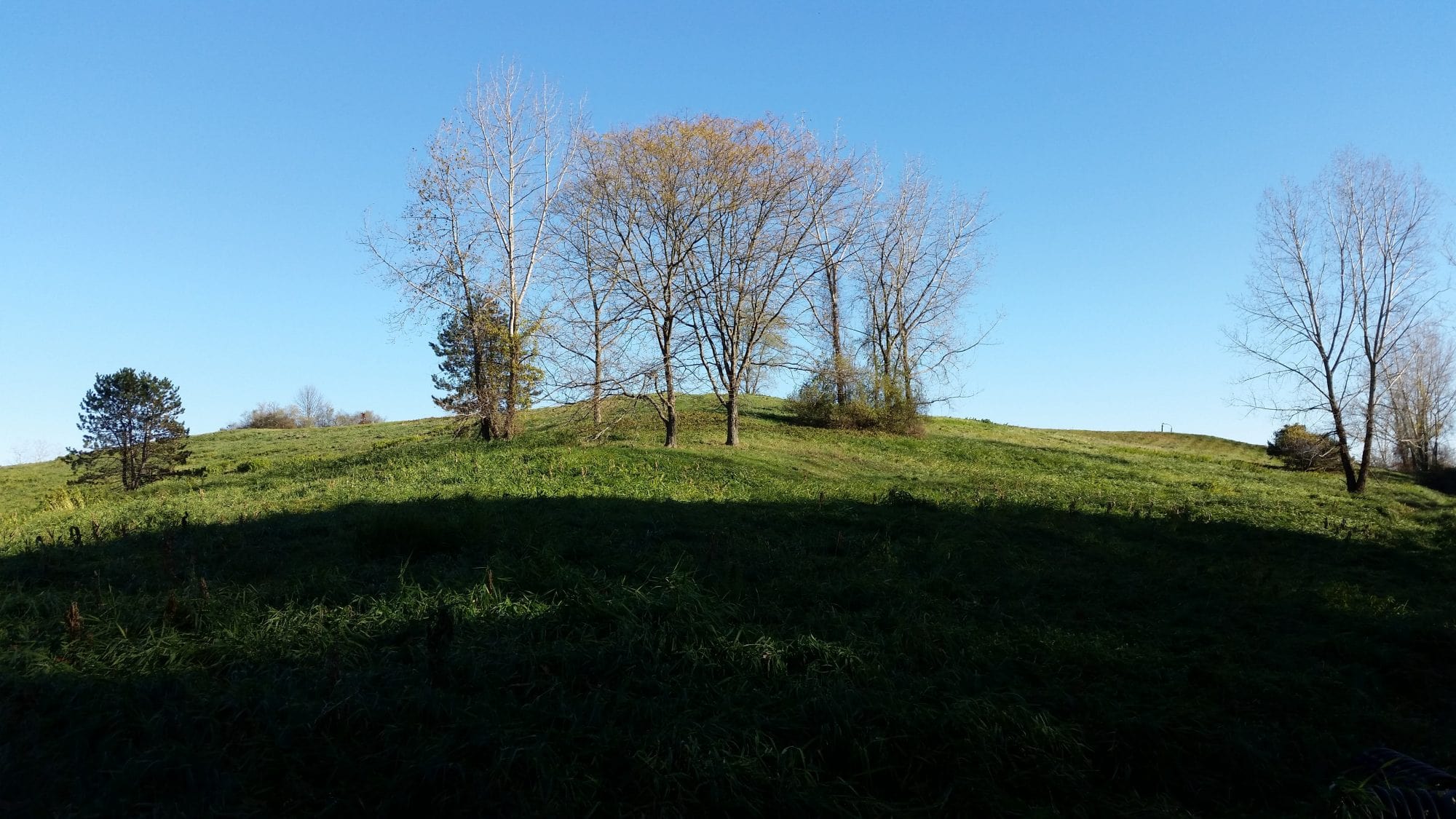
CT Department of Energy and Environmental Protection (CTDEEP) – Ellington Landfill
TRC’s highly experienced team conducts routine monitoring for the Connecticut Resource Recovery Agency landfills.
Sharing Our Perspectives
Our practitioners share their insights and perspectives on the trends and challenges shaping the market.
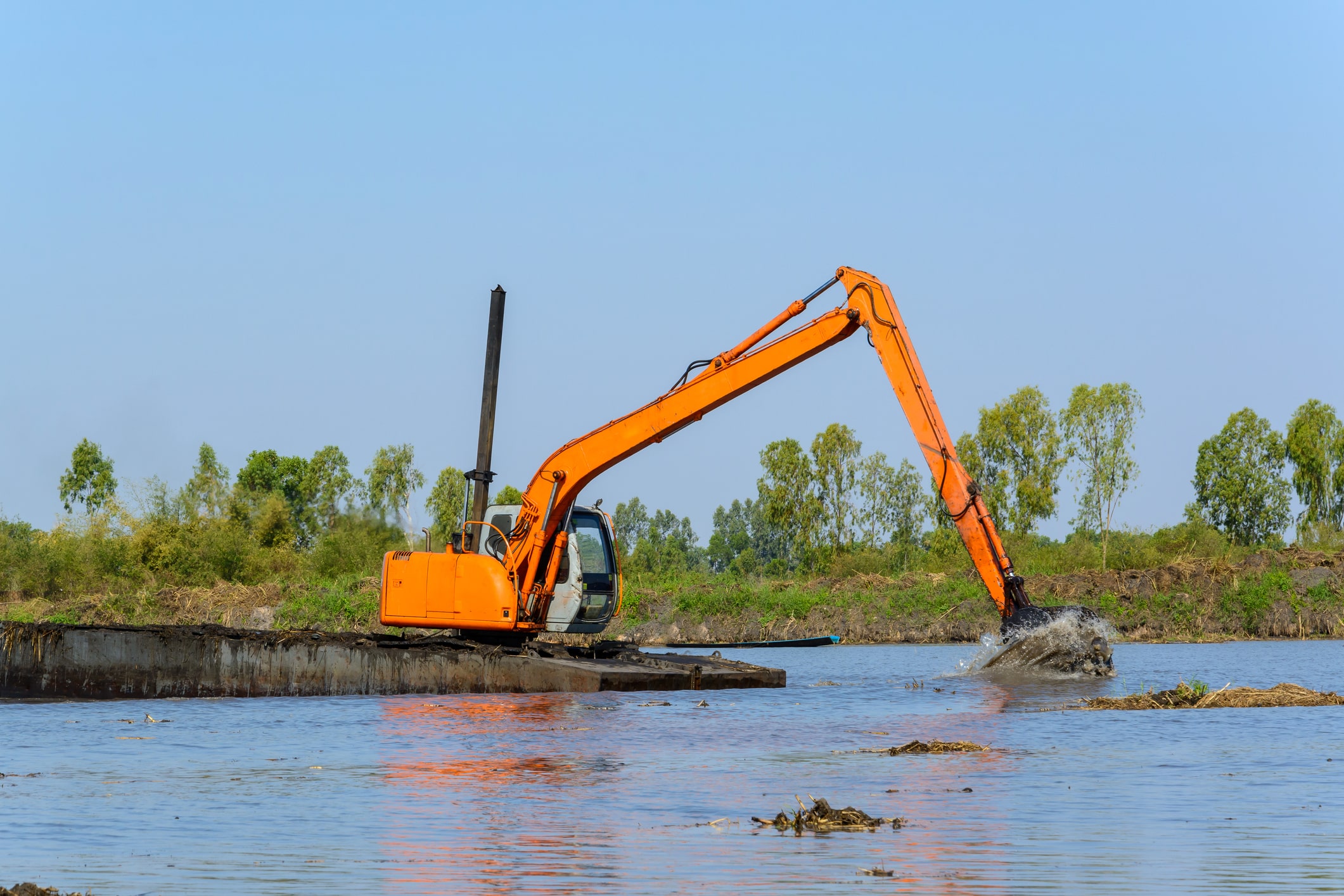
Treatment of PFAS to Allow for Beneficial Use of Impacted Dredged Sediments
July 18, 2024
Approximately 200 to 300 million cubic yards of sediment are dredged each year by the US Army Corps of Engineers (USACE) and other federal interests (USEPA, 2007).
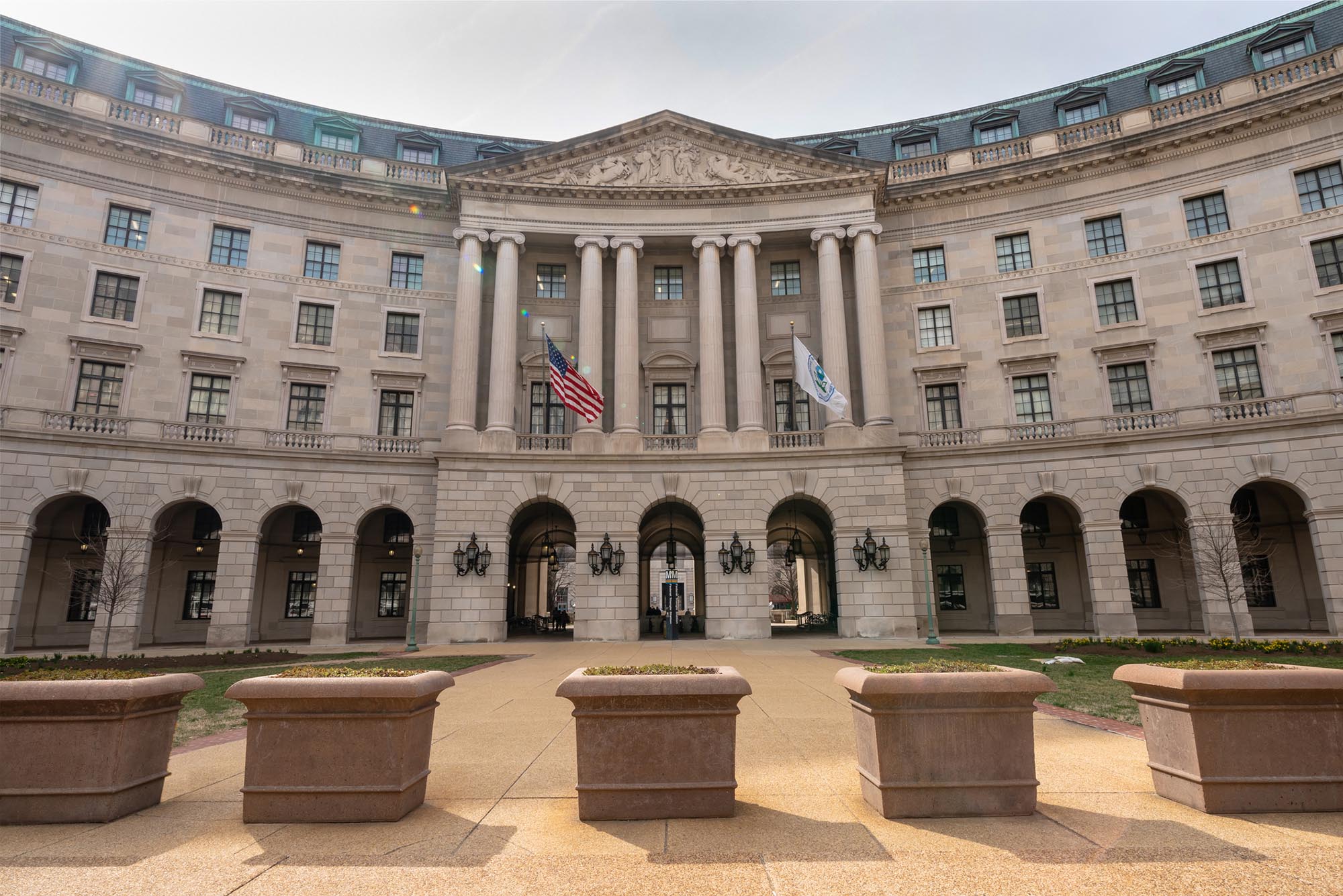
Coming at You Fast – The Latest on RCRA and PFAS Regulations
March 1, 2024
The EPA published its Proposed Rule for Listing of Specific PFAS as Hazardous Constituents under the Resource Conservation and Recovery Act (RCRA).
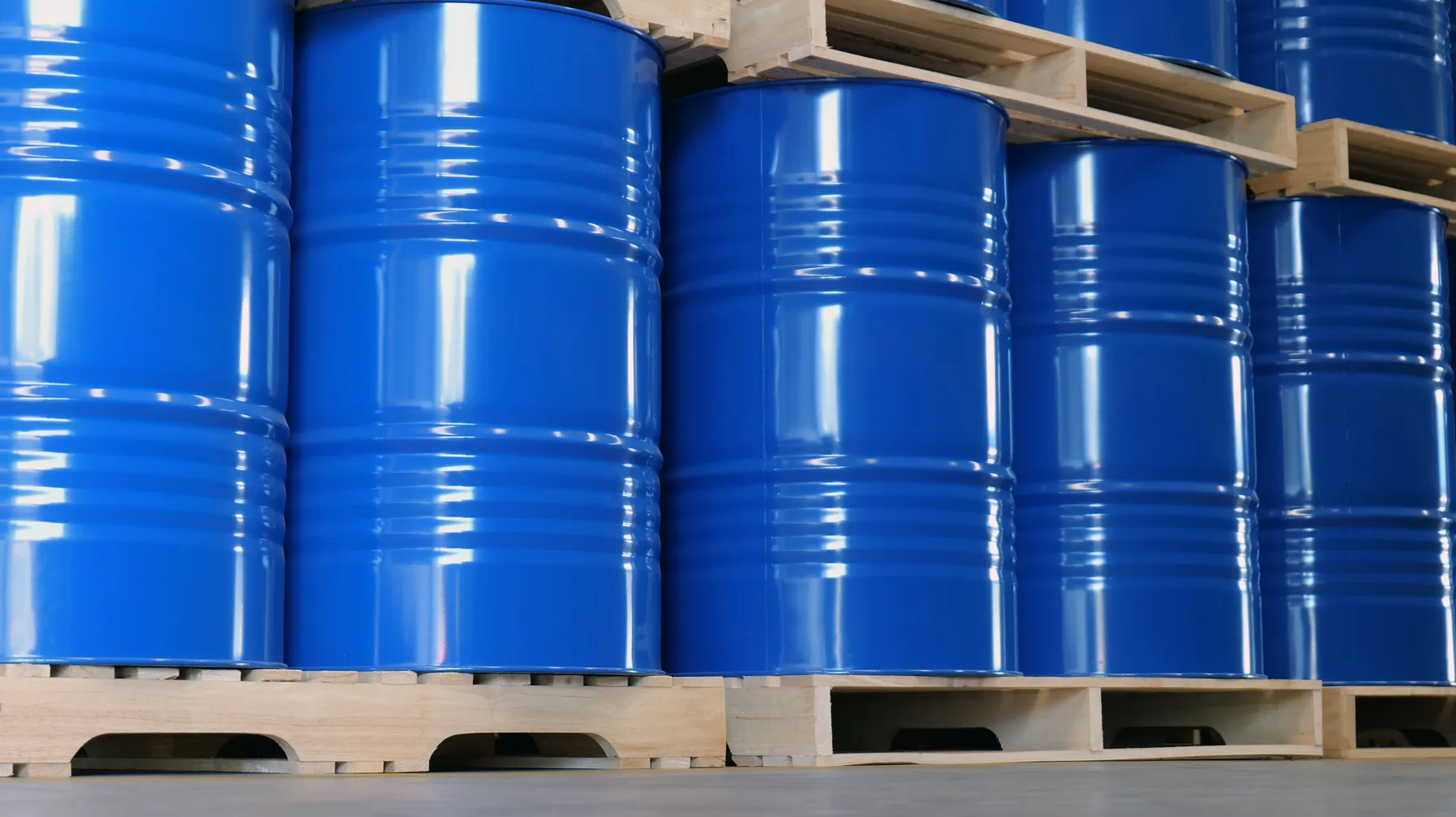
New EPA Rule Impacts PFAS TRI Reporting and Supplier Notifications
November 20, 2023
What Affected Facilities Need to Know About Applicability, Reporting Changes and Deadlines
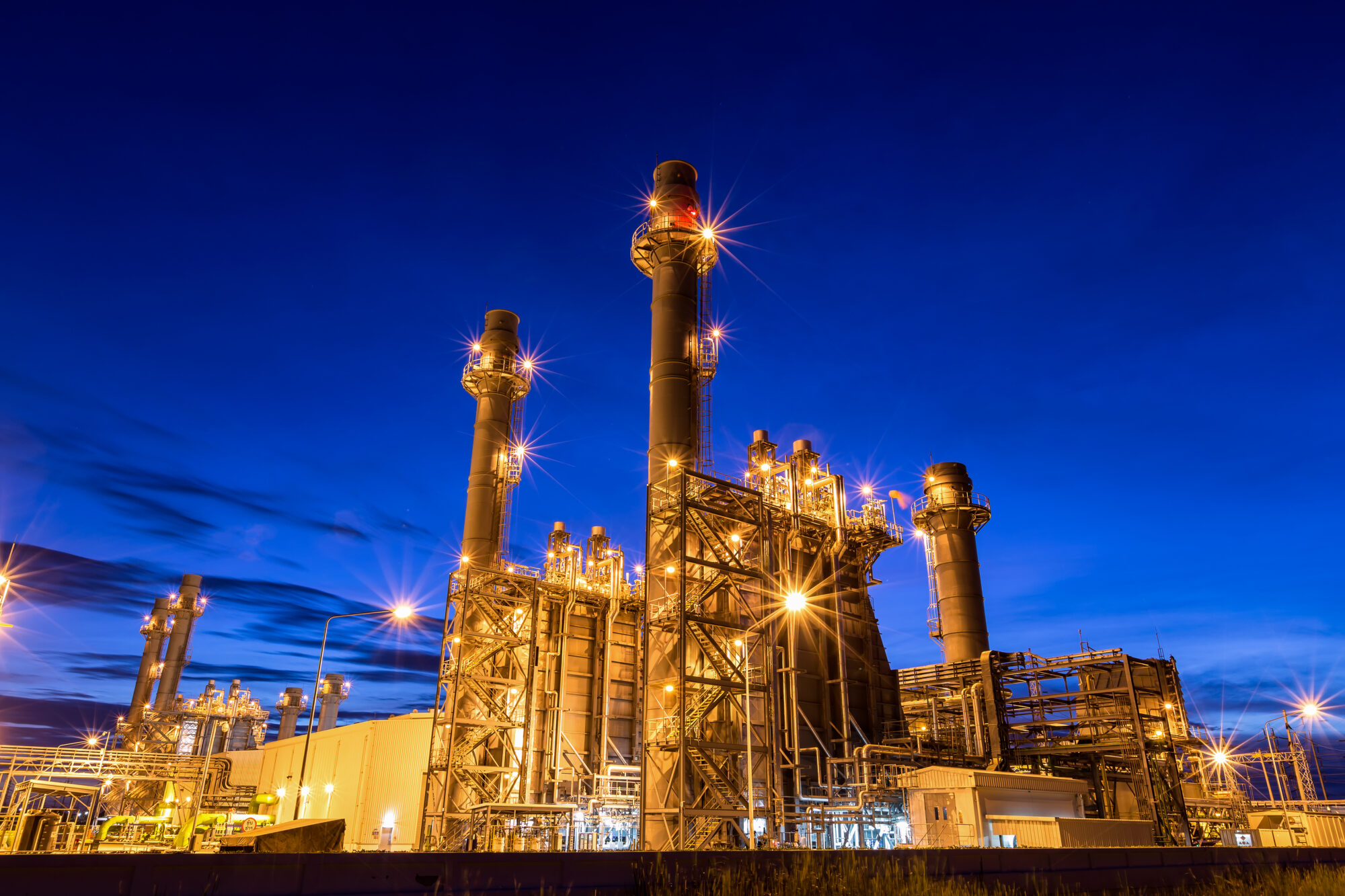
EPA Proposes Changes to Air Emissions Reporting Requirements (AERR)
August 30, 2023
The EPA is proposing updates to their Air Emissions Reporting Requirements (AERR) through amendments to 40 CFR Parts 2 and 51.
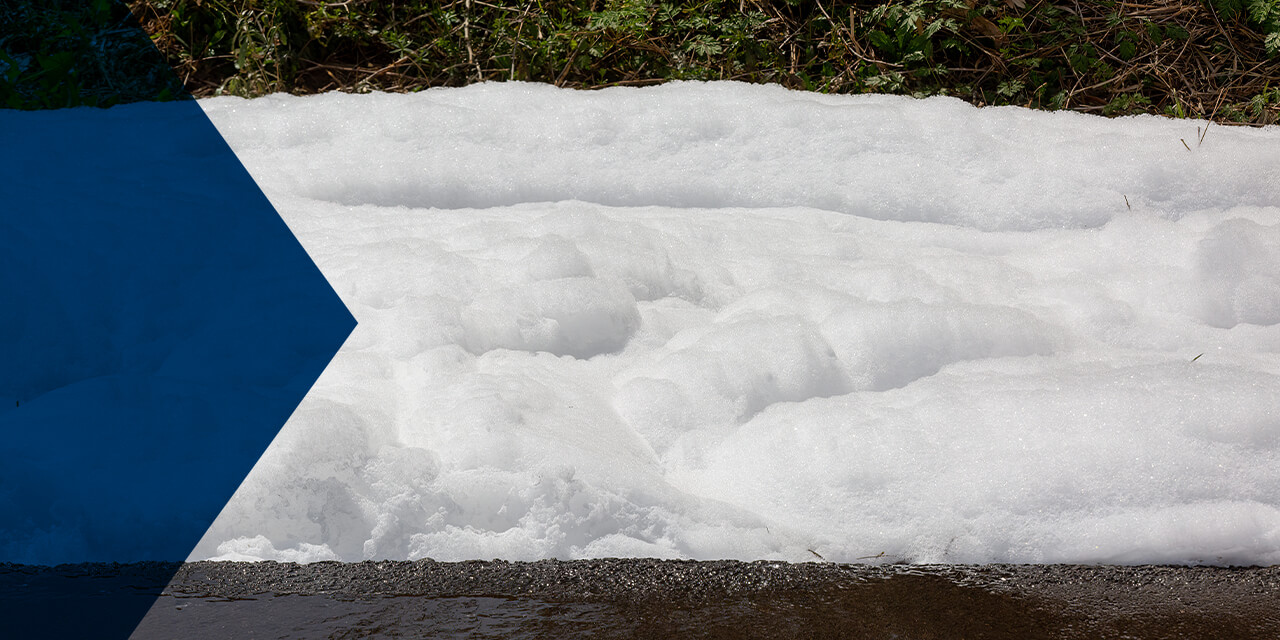
How Does PFAS Contamination Impact the Environment?
August 11, 2023
PFAS are widely used in the production of numerous products. Some PFAS chemicals are the by-product of manufacturing processes. As a result, PFAS contamination is widespread, with PFAS being found nearly everywhere in the world.

Helping Airports Identify and Mitigate PFAS Risks
May 30, 2023
This white paper focuses on some unique strategies and situations we have encountered at some airport sites.

EPA Finds Trichloroethylene Presents Unreasonable Risk in Final Risk Evaluation
April 6, 2023
On Jan 9, 2023, the United States Environmental Protection Agency (EPA) revised the Toxic Substance Control Act (TSCA) to reflect a new risk determination for trichloroethylene (TCE).

Proposed Use of a Hazard Index for PFAS National Primary Drinking Water Regulation (NPDWR)
April 4, 2023
The Proposed MCL and MCLG for the four PFAS, PFNA, PFHxS, GenX, and PFBS, considers their toxicity as additive. The EPA has proposed a HI of 1.0 as the MCL and MCLG for the four PFAS combined.
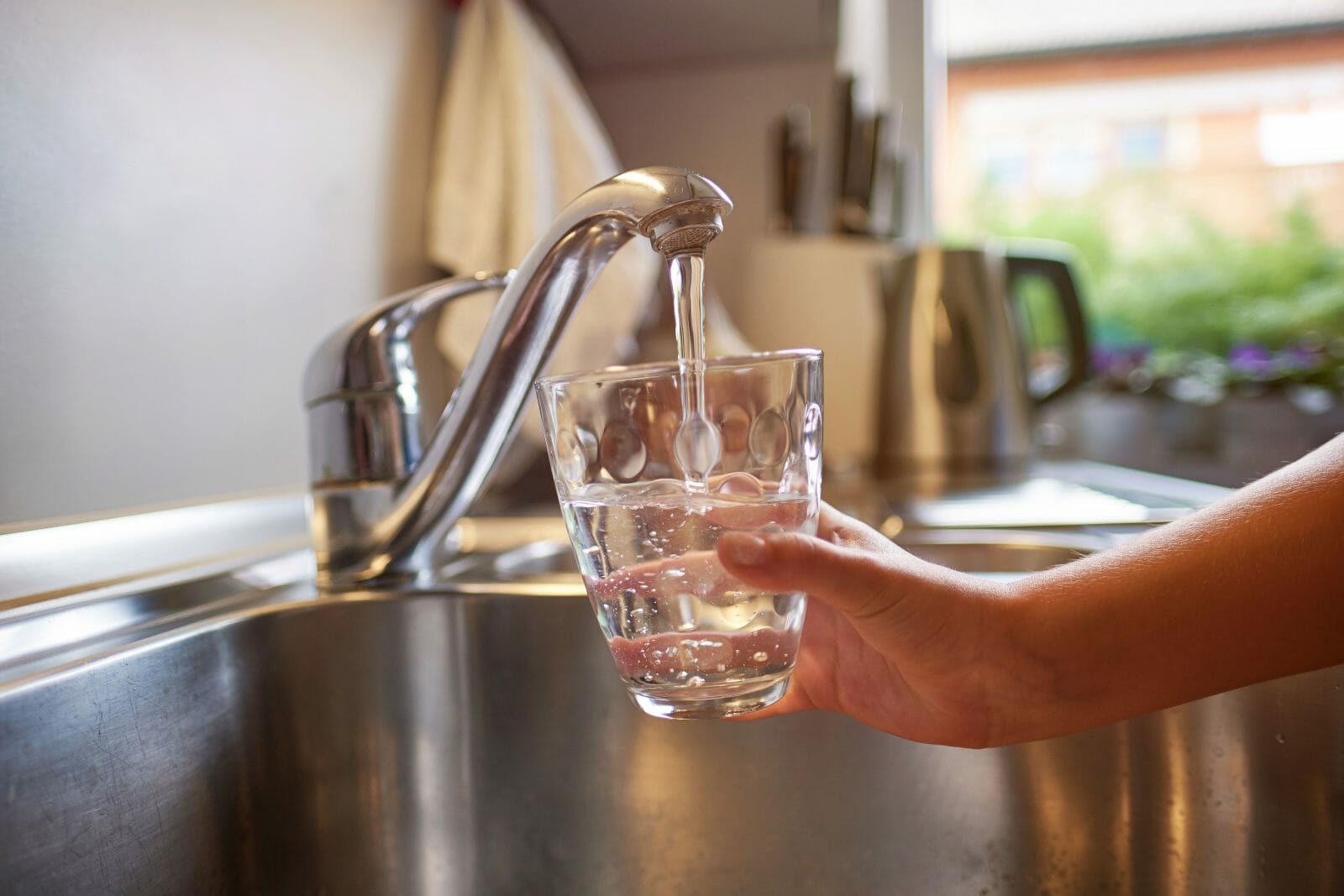
Proposed MCLGs and MCLs for PFAS
March 15, 2023
Final Regulatory Determination for Contaminants on the Fourth Drinking Water Contaminant Candidate List
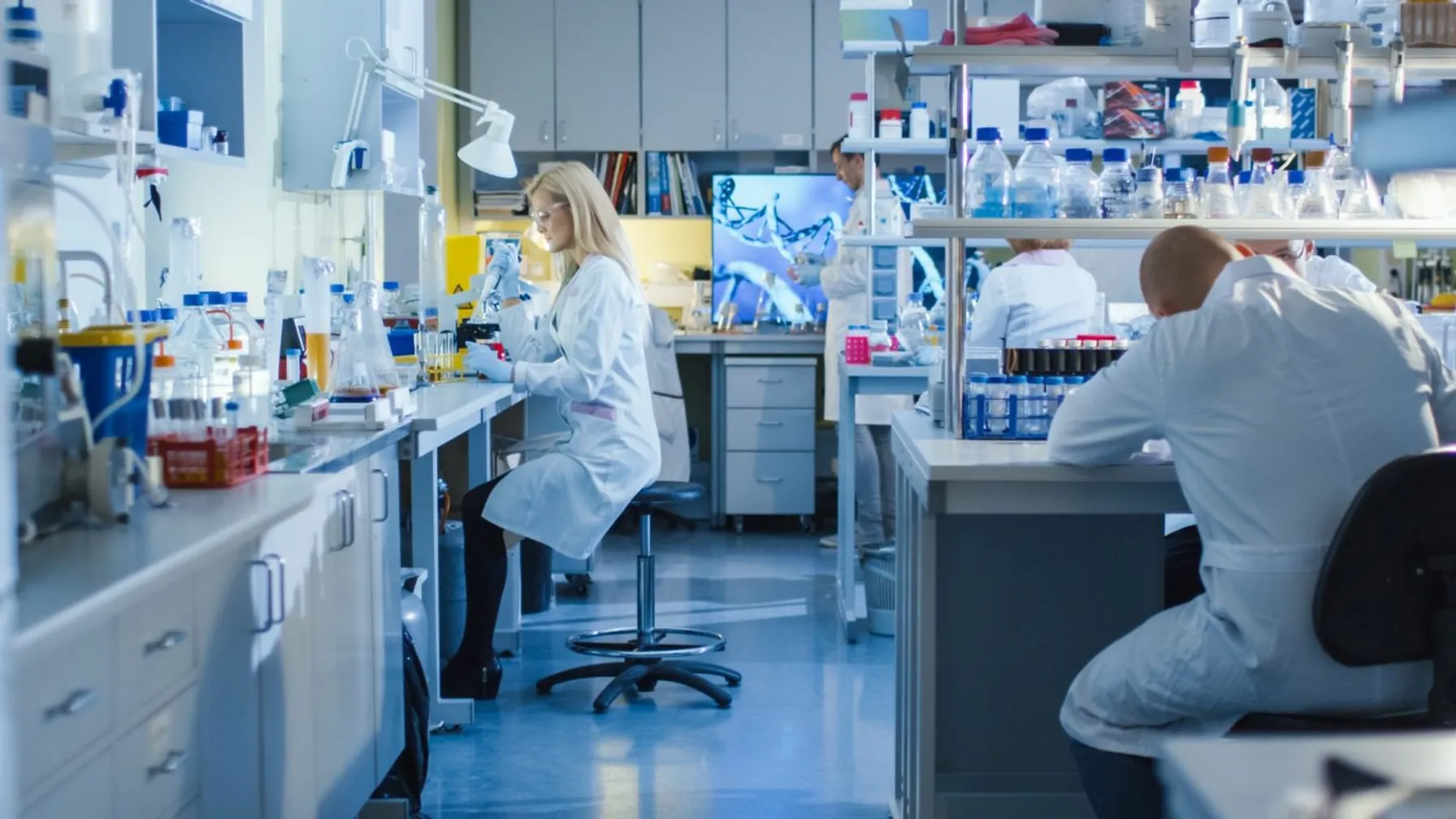
QA and Chemistry Services
February 23, 2023
TRC offers many QA and Chemistry services including data usability assessments, limited and full data validation reports, quality assurance project plan preparation, selection of appropriate analytical methodologies and laboratory audits.
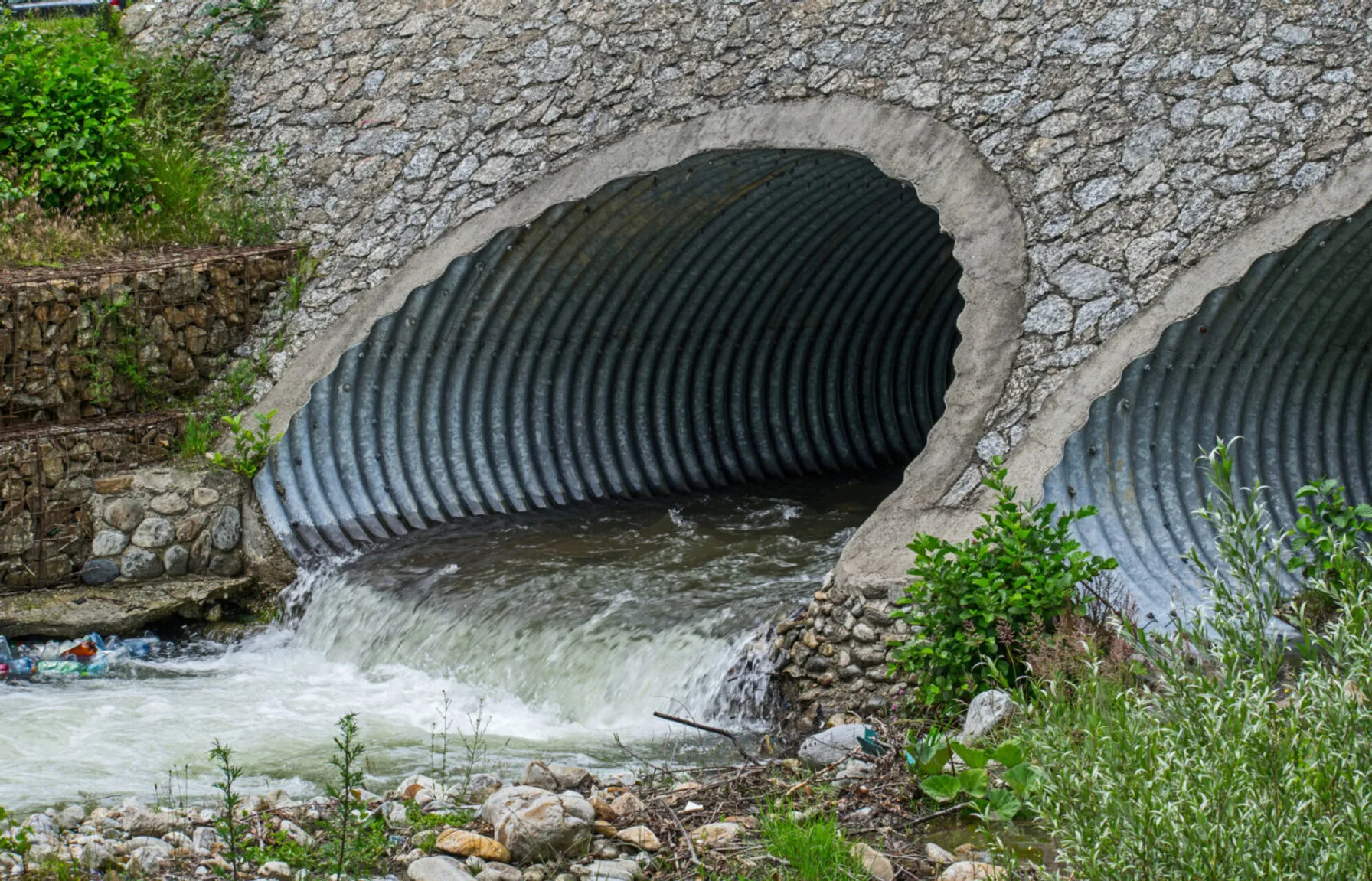
PFAS Fate and Transport
February 23, 2023
Understanding PFAS properties and behavior is key to effective detection and remediation.

PFAS Fate and Transport: Conceptual Site Models
February 23, 2023
The conceptual site model describes site-specific sources, release and transport mechanisms, exposure media, exposure points, exposure pathways and routes and potential human and/or ecological receptor populations.
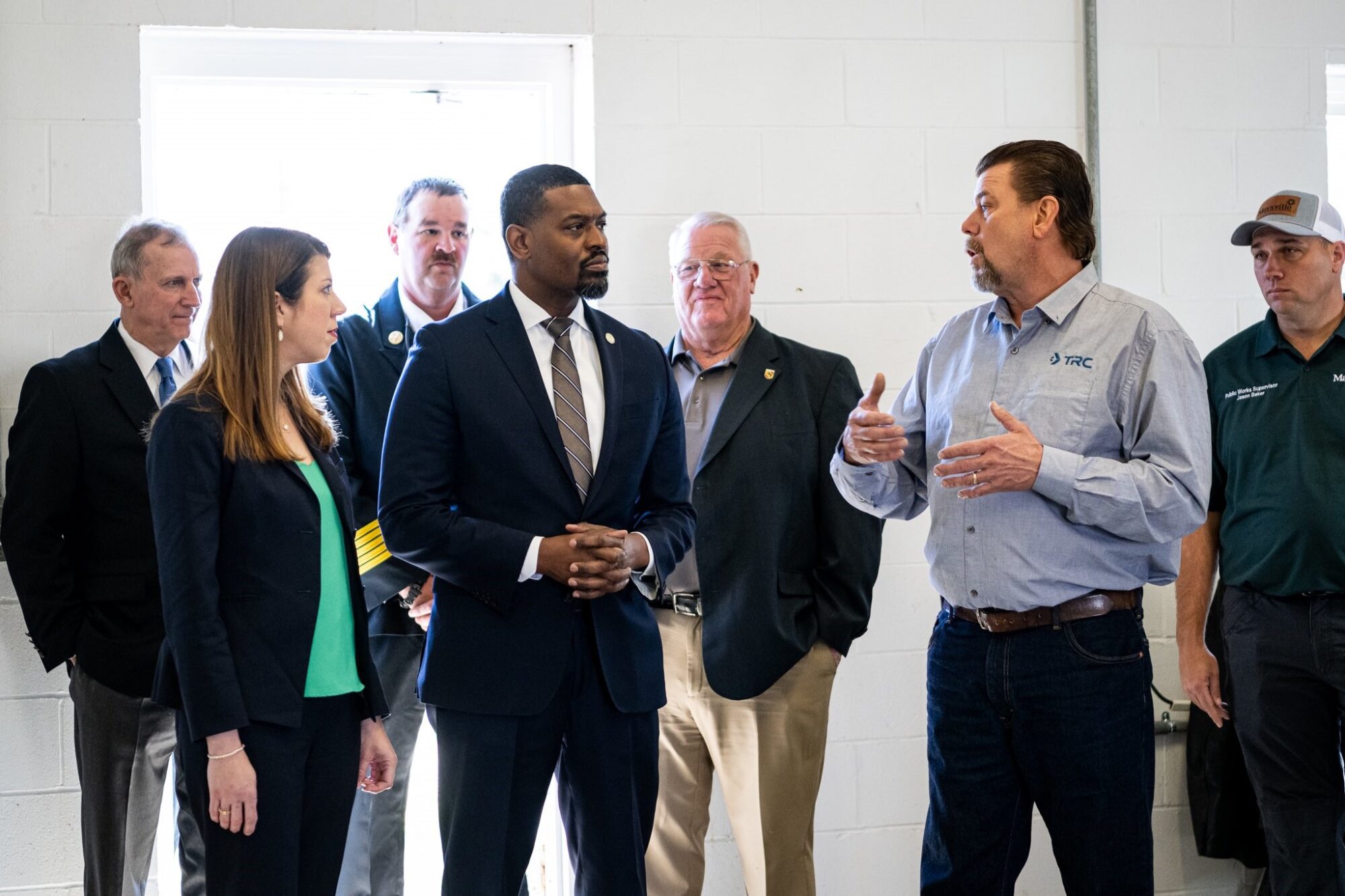
EPA Announces $2 Billion in Funding to Address Emerging Contaminants in Drinking Water
February 14, 2023
Environmental Protection Agency Administrator Michael Regan announced $2 Billion in infrastructure funding to help the nation’s rural water supplies.
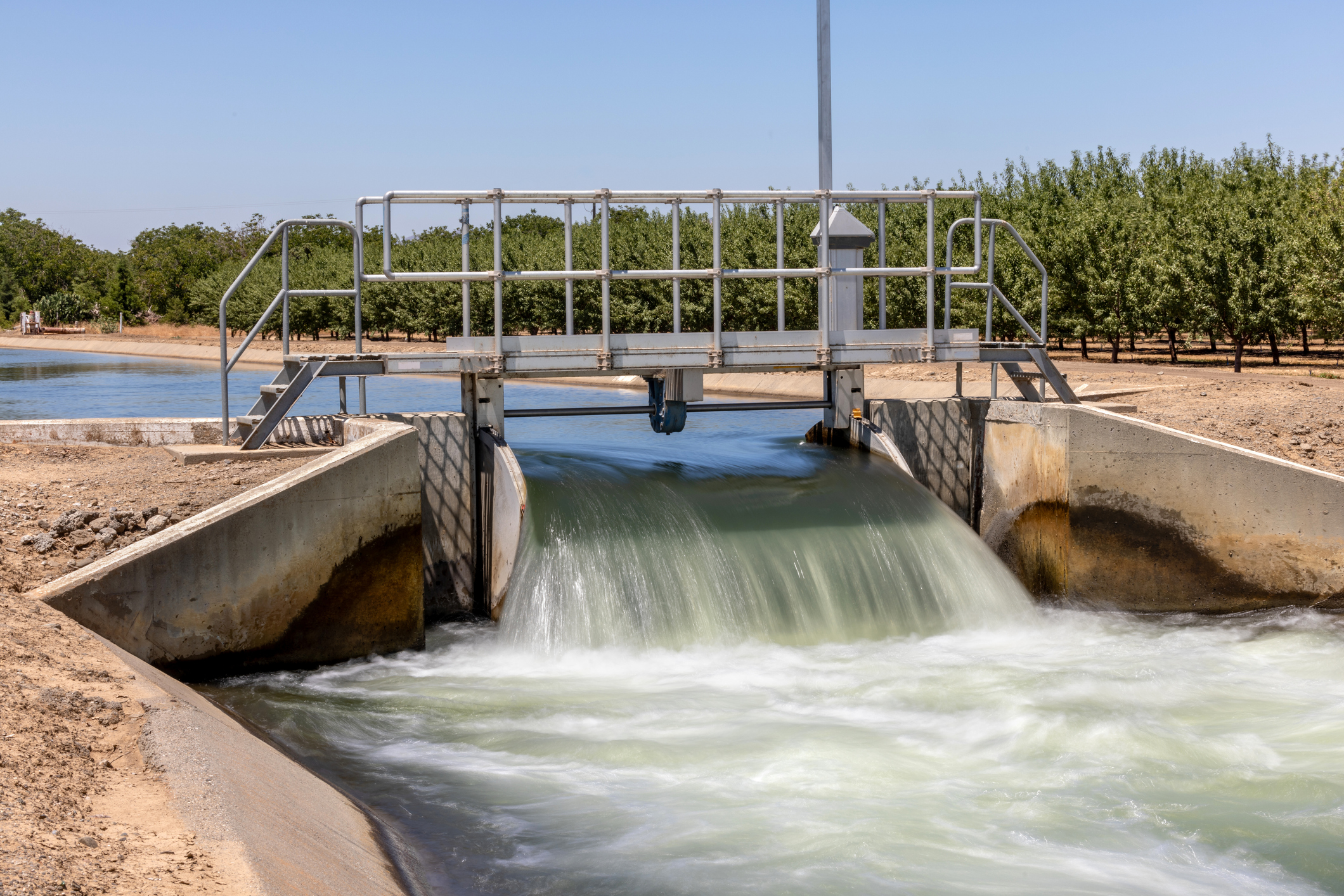
EPA Publishes Effluent Guidelines Program Plan 15
February 14, 2023
The EPA announced updated effluent limitations guidelines under Plan 15, focusing on the evaluation and rulemaking process for per- and polyfluoroalkyl substances (PFAS) discharges.
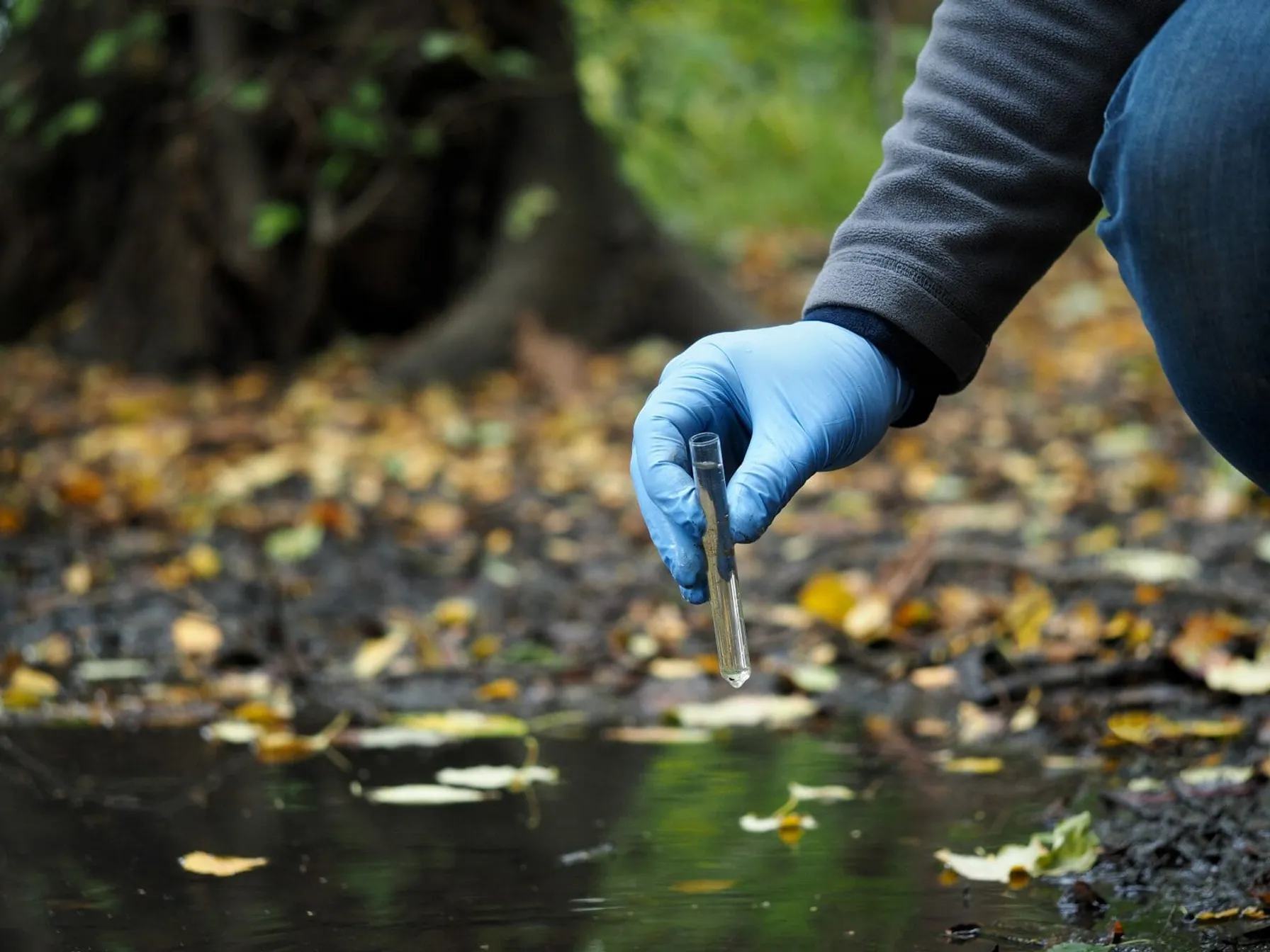
PFAS: Remedial Approaches
February 8, 2023
Remediating Per- and poly-fluoroalkyl substances (PFAS) from the soil and water requires effective techniques and innovative technologies. TRC’s experts are well versed in several remediation strategies intended to remove PFAS and prevent re-exposure.

TRI PFAS Reporting Requirements Continue to Expand
January 25, 2023
The list of PFAS for TRI reporting has increased to a total of 189 for reporting year 2023.
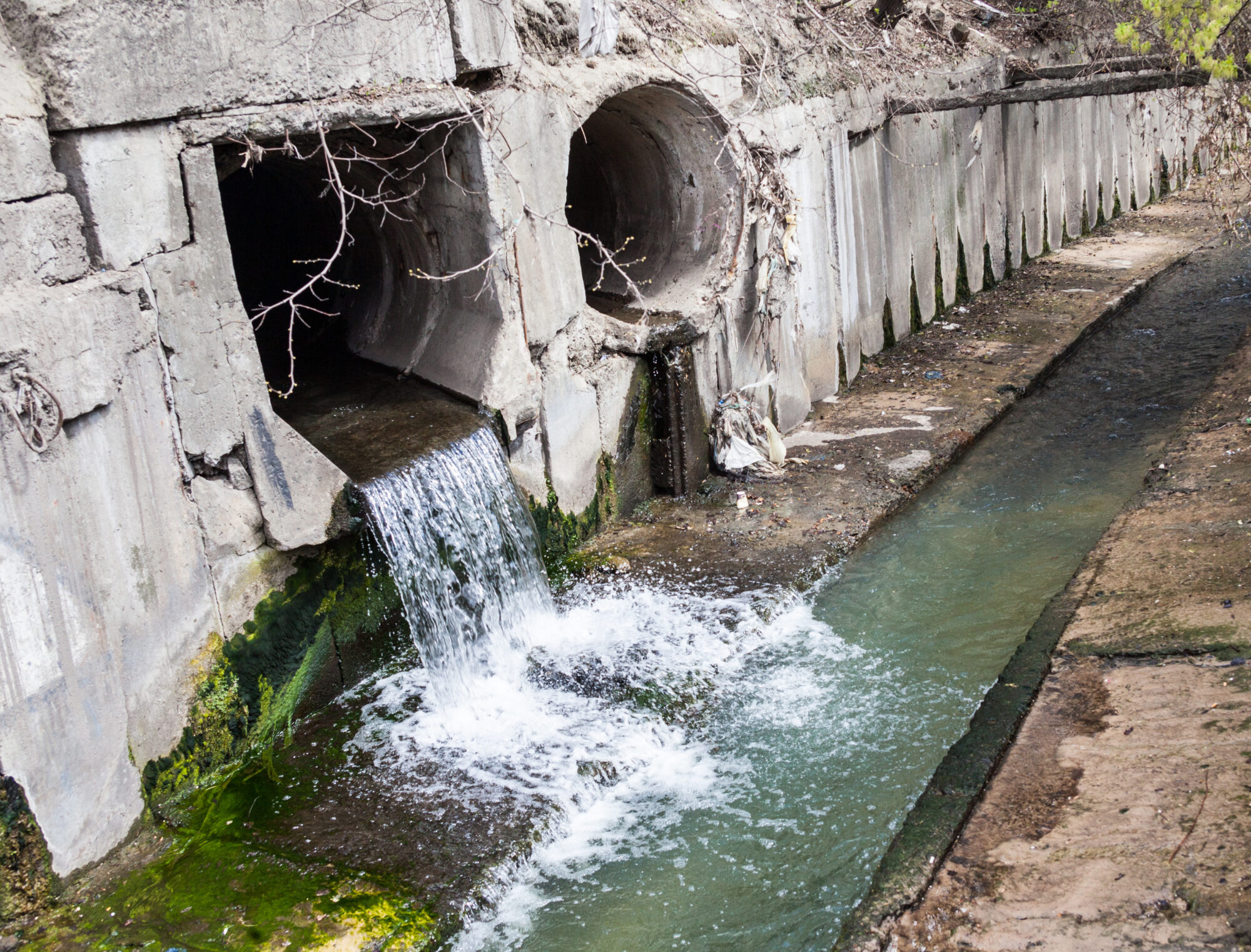
PFAS Discharges in NPDES Permits
December 19, 2022
In a follow-up to the EPA Office of Water’s April 28, 2022 memo, EPA released “Part 2″, providing guidance for the NPDES permitting/pretreatment program as it relates to restricting discharges of PFAS to water bodies.

Washington State Establishes PFAS Cleanup Levels
September 21, 2022
The Washington State Department of Ecology (Ecology) recently published a list of 6 PFAS compounds that now have soil and groundwater cleanup levels
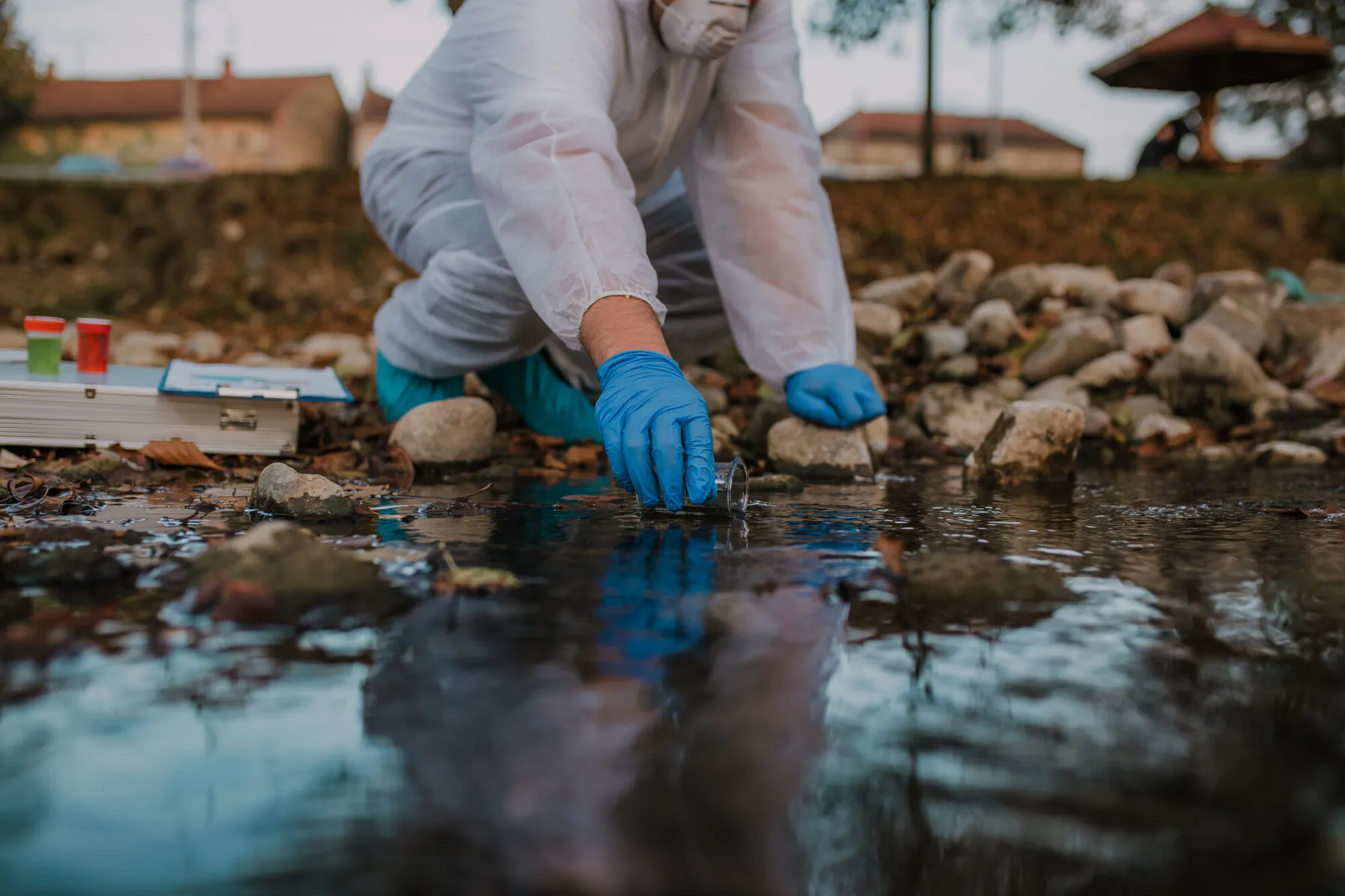
New National Emerging Contaminants Research Initiative
September 12, 2022
The Executive Office of the President of the United States announced a National Emerging Contaminant Research Initiative
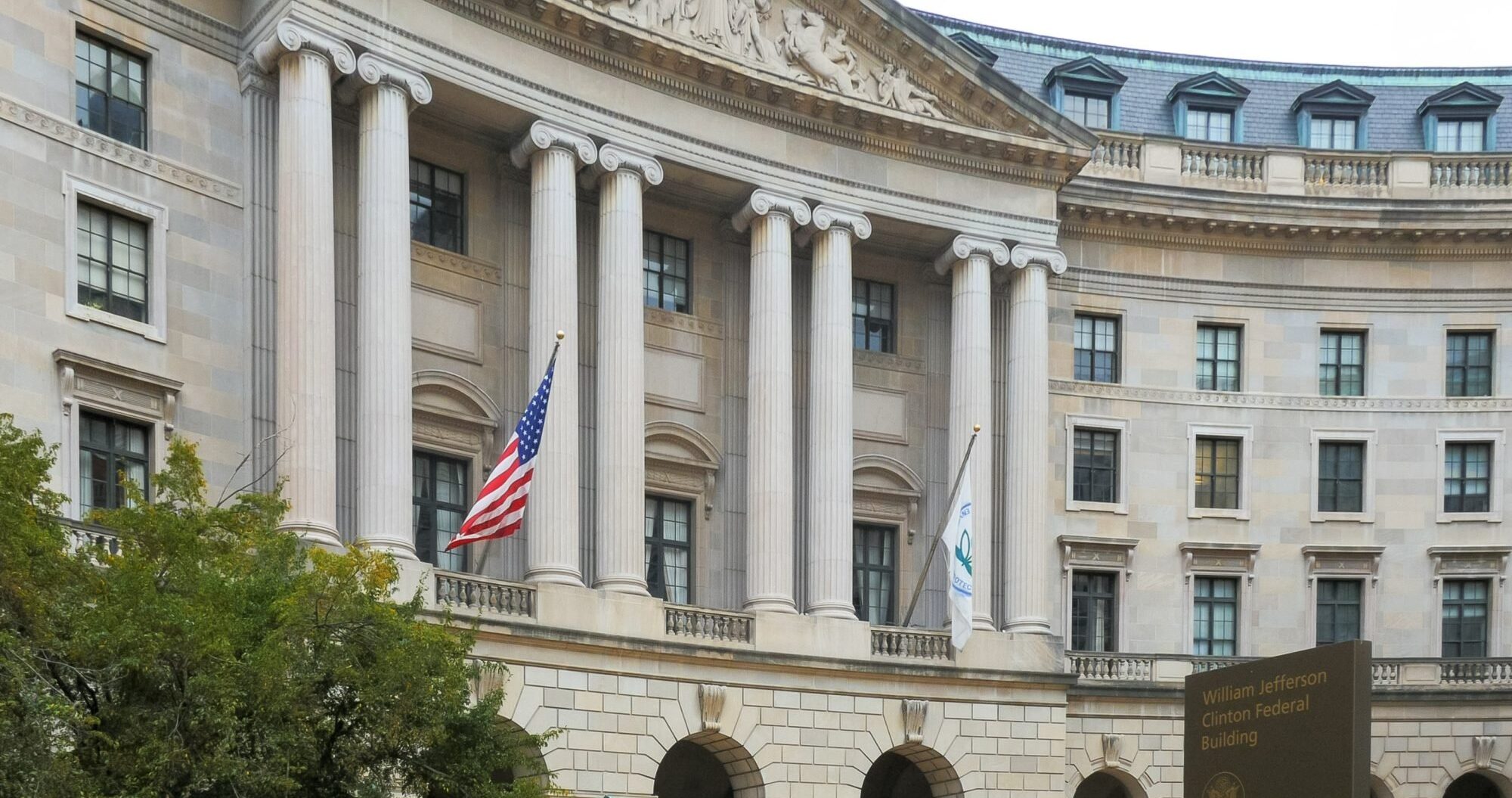
EPA Issues Proposed Rule Designating PFOA and PFOS as Hazardous Substances
September 7, 2022
The EPA has issued a pre-publication version of a proposed rule to designate two PFAS compounds as hazardous substances under CERCLA.

Five New PFAS Added to EPA Regional Screening Levels (RSLs)
June 24, 2022
EPA announced the addition of five new PFAS to the list of Regional Screening Levels (RSLs)

EPA Announces Updated Drinking Water Health Advisories for Four PFAS Chemicals: PFOS, PFOA, PFBS, & GenX
June 24, 2022
On June 15, 2022, the EPA released updated Health Advisory Levels for four per- and polyfluoroalkyl substances (PFAS) in drinking water
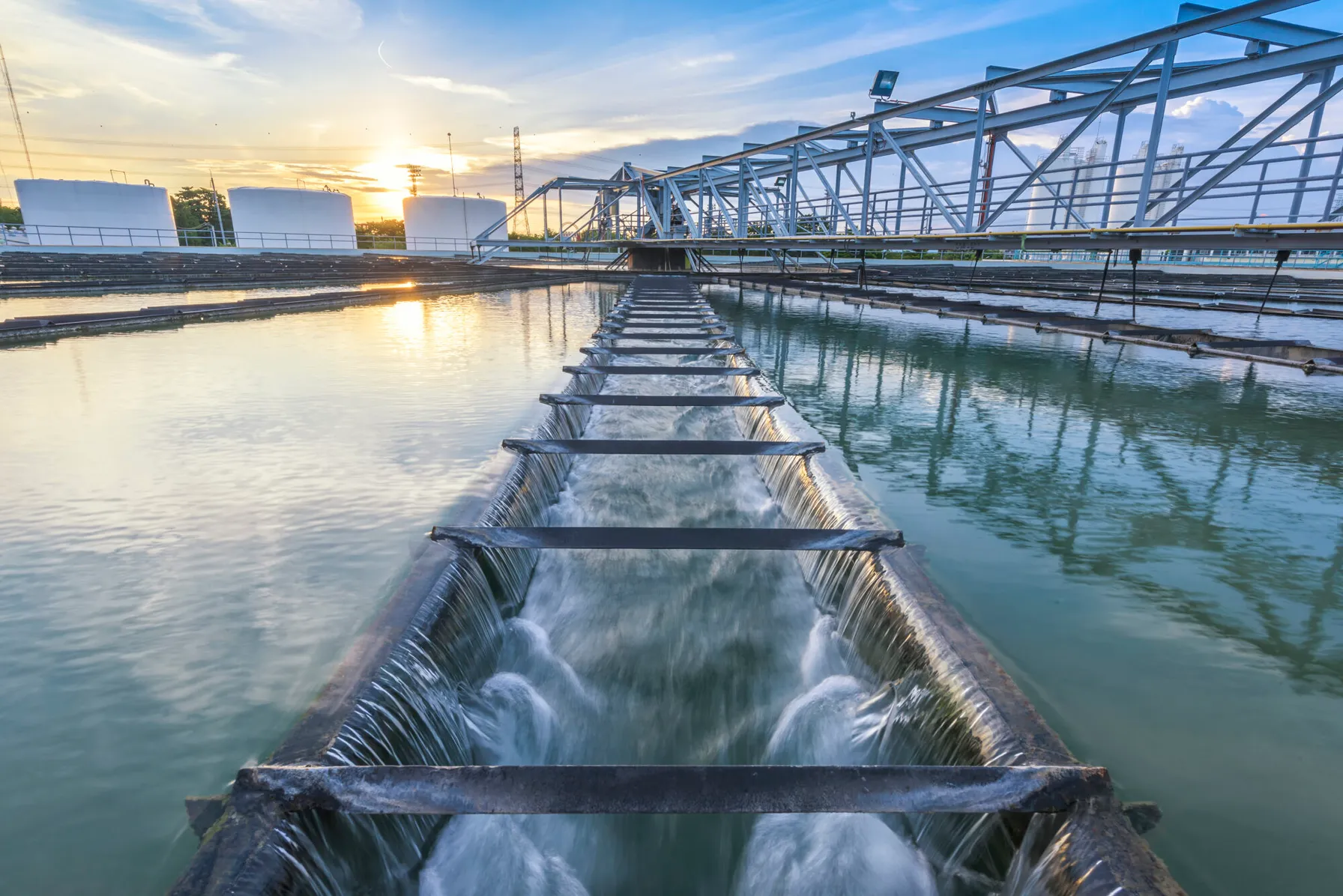
Integrating Sustainability, Digital Connectivity and Design Optimization in Wastewater Treatment Systems
June 20, 2022
Some organizations rarely think about water and wastewater treatment, until there is a problem. American industry depends on the ability to treat wastewater discharges while complying with regulatory standards and addressing emerging contaminants. If wastewater treatment fails, our environment is negatively impacted, and companies are exposed to shutdowns, delays and fines.
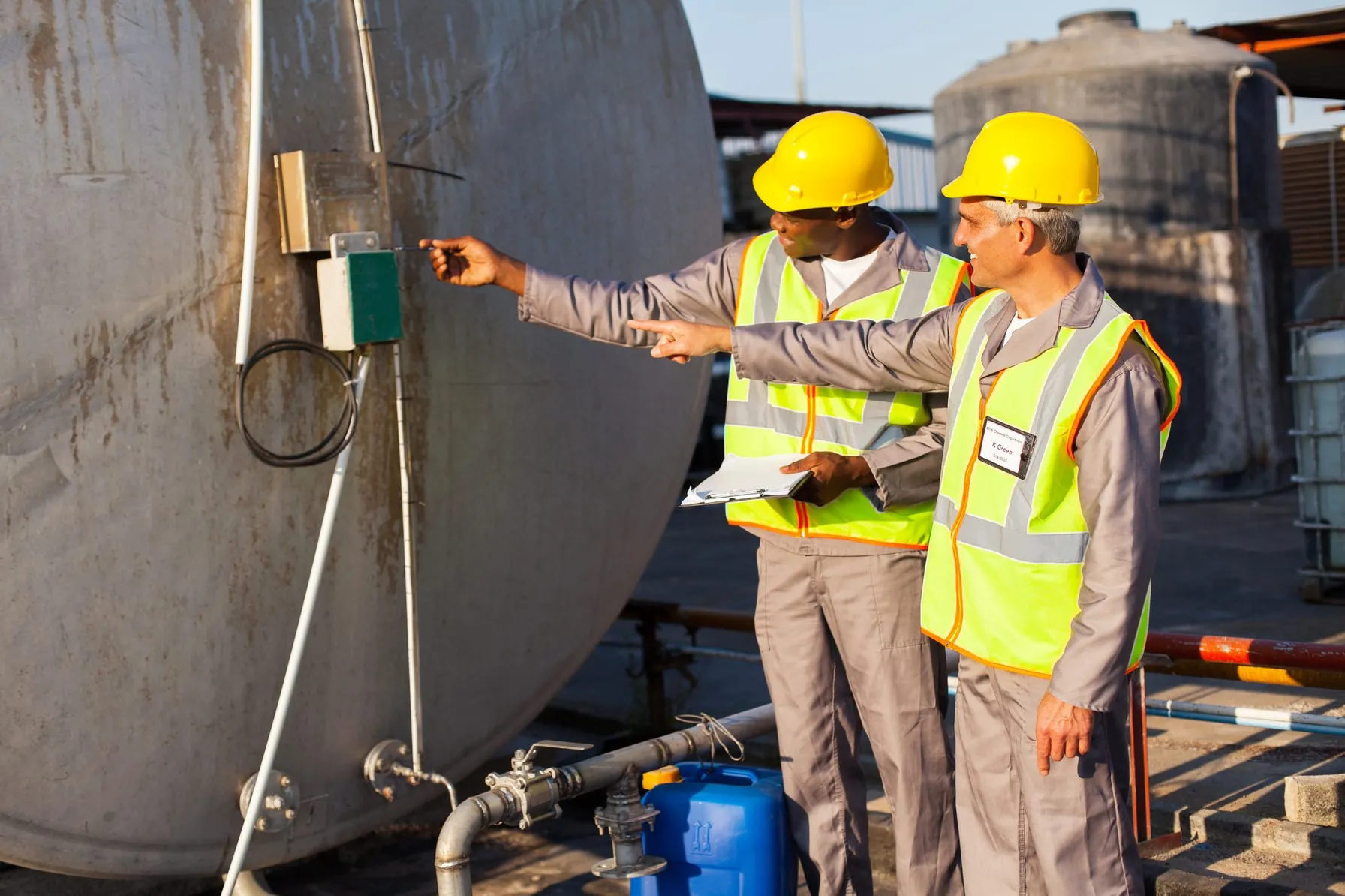
Worst Case Discharges of Hazardous Substances – Proposed Rule
May 25, 2022
In compliance with the Clean Water Act (CWA), the U.S. Environmental Protection Agency (EPA) recently proposed a new rule for onshore non-transportation-related facilities requiring specified facilities to plan for worst case discharges (WCDs) of CWA hazardous substances that could cause substantial harm to the environment.
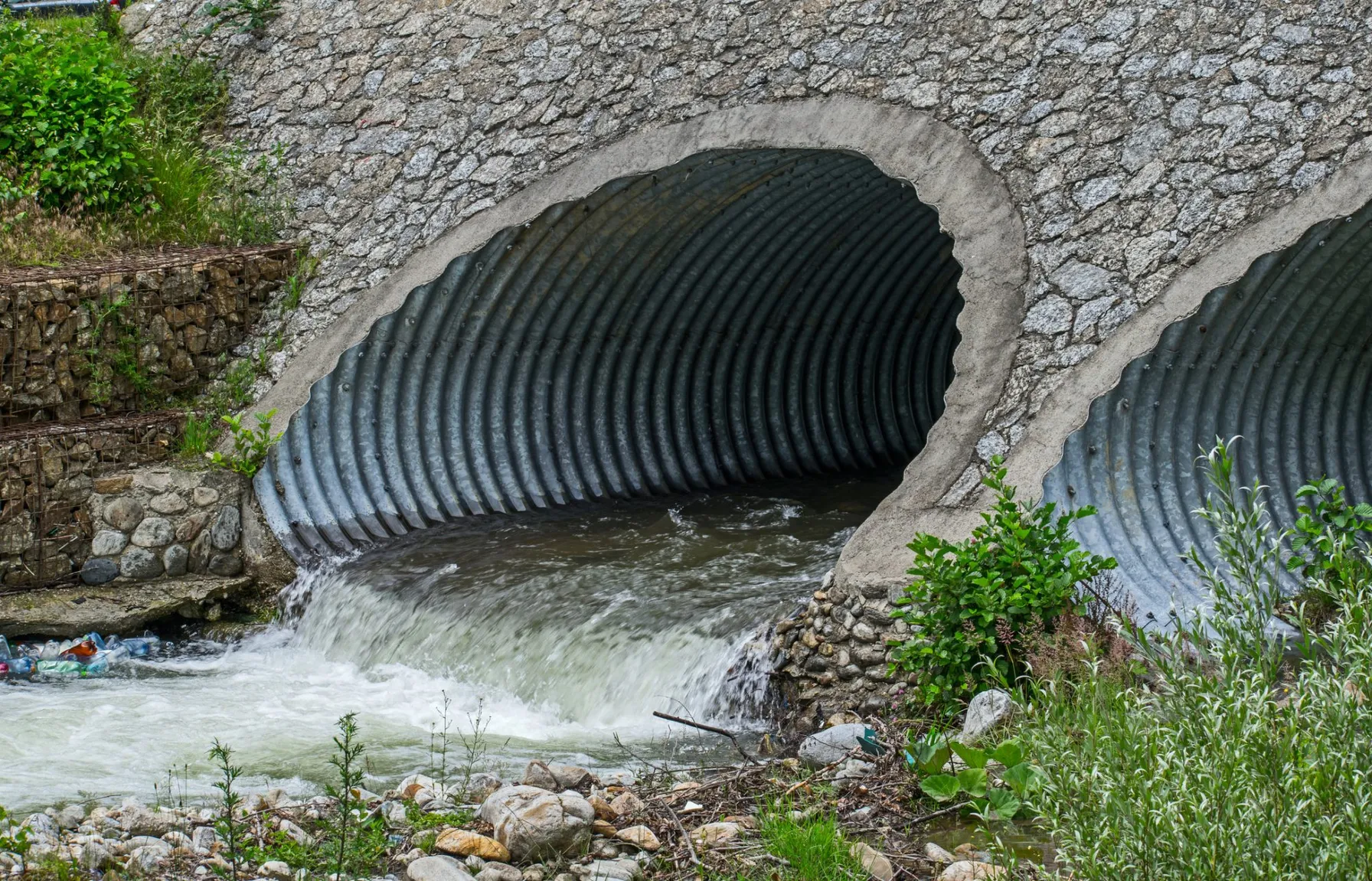
PFAS Discharges and NPDES Permits
May 25, 2022
On April 28, 2022, the U.S. Environmental Protection Agency’s (EPA) Office of Water released a memo addressing the use of National Pollutant Discharge Elimination System (NPDES) permits to restrict per- and poly-fluoroalkyl substances (PFAS) discharges to water bodies.

EPA Proposes Aquatic Life Criteria for PFOA and PFOS
May 25, 2022
On May 3, 2022, under the Clean Water Act (CWA), the United States Environmental Protection Agency (USEPA) proposed the first aquatic life criteria for both short-term and long-term toxic effects from Perfluorooctanoic Acid (PFOA) and Perfluorooctane Sulfonic Acid (PFOS).

SEC Releases New Proposed Rules Requiring Public Companies to Disclose Climate Risks
April 12, 2022
On March 21, 2022, the U.S. Securities and Exchange Commission (SEC) issued its proposed rules for The Enhancement and Standardization of Climate-Related Disclosures for Investors which would require public companies in the U.S. to disclose information in their annual financial reports.

PFOA & PFOS As CERCLA Hazardous Substances: What Does This Mean and How Can You Be Prepared?
February 17, 2022
A plan to designate two per- and polyfluoroalkyl substances (PFAS) as “hazardous substances” under CERCLA was recently submitted by the EPA.

New Phase I ESA Standard Will Affect Environmental Due Diligence
January 25, 2022
After years of review, revisions and discussions, the new ASTM E1527 Phase I Environmental Site Assessment (Phase I ESA) standard has been published. The new standard includes updates to definitions, clarifications on processes and requirements, and guidance for emerging contaminants.
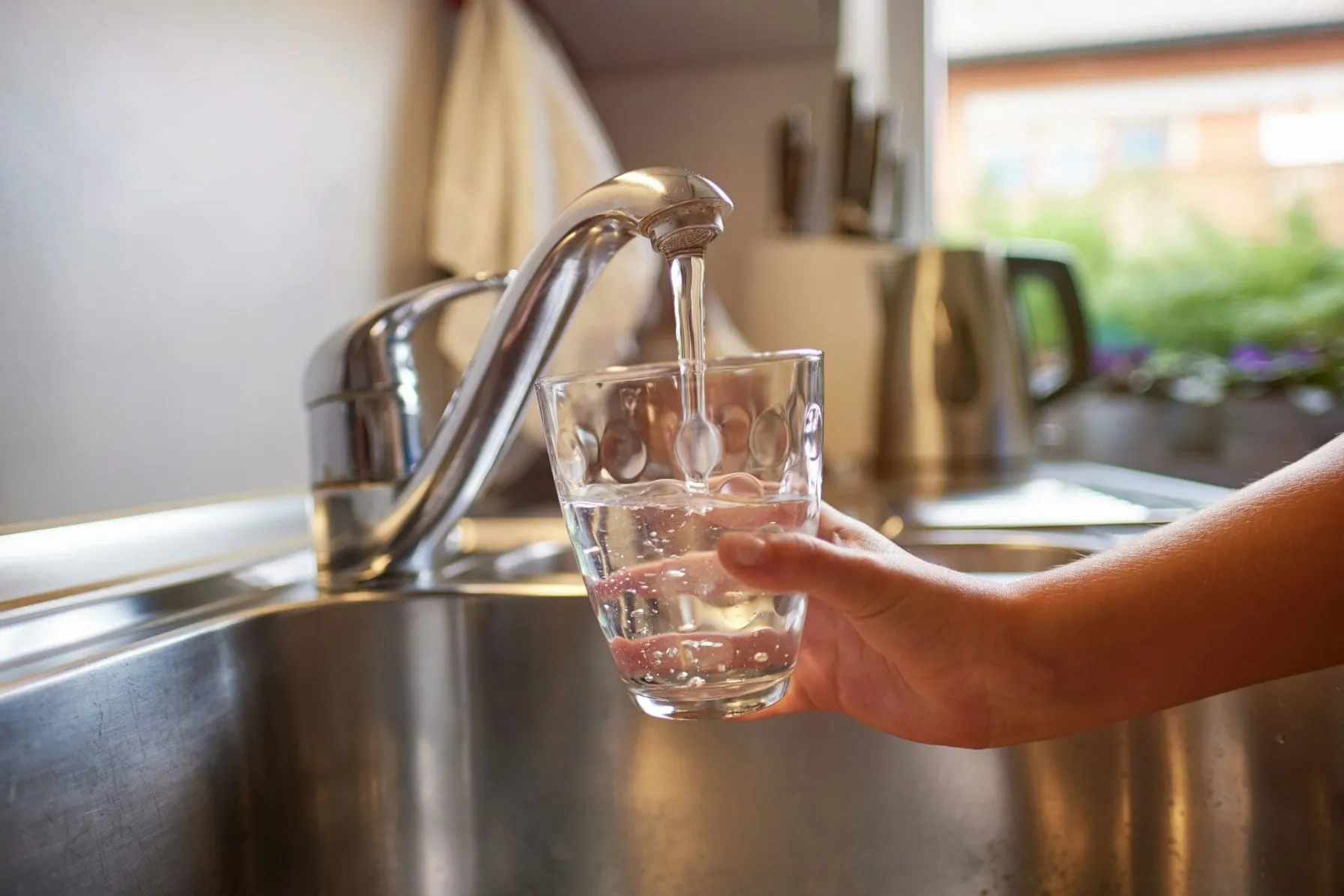
Fifth Unregulated Contaminant Monitoring Rule Lists 29 PFAS
January 21, 2022
EPA published fifth Unregulated Contaminant Monitoring Rule as required every five years and 29 of the 30 contaminants listed are PFAS.
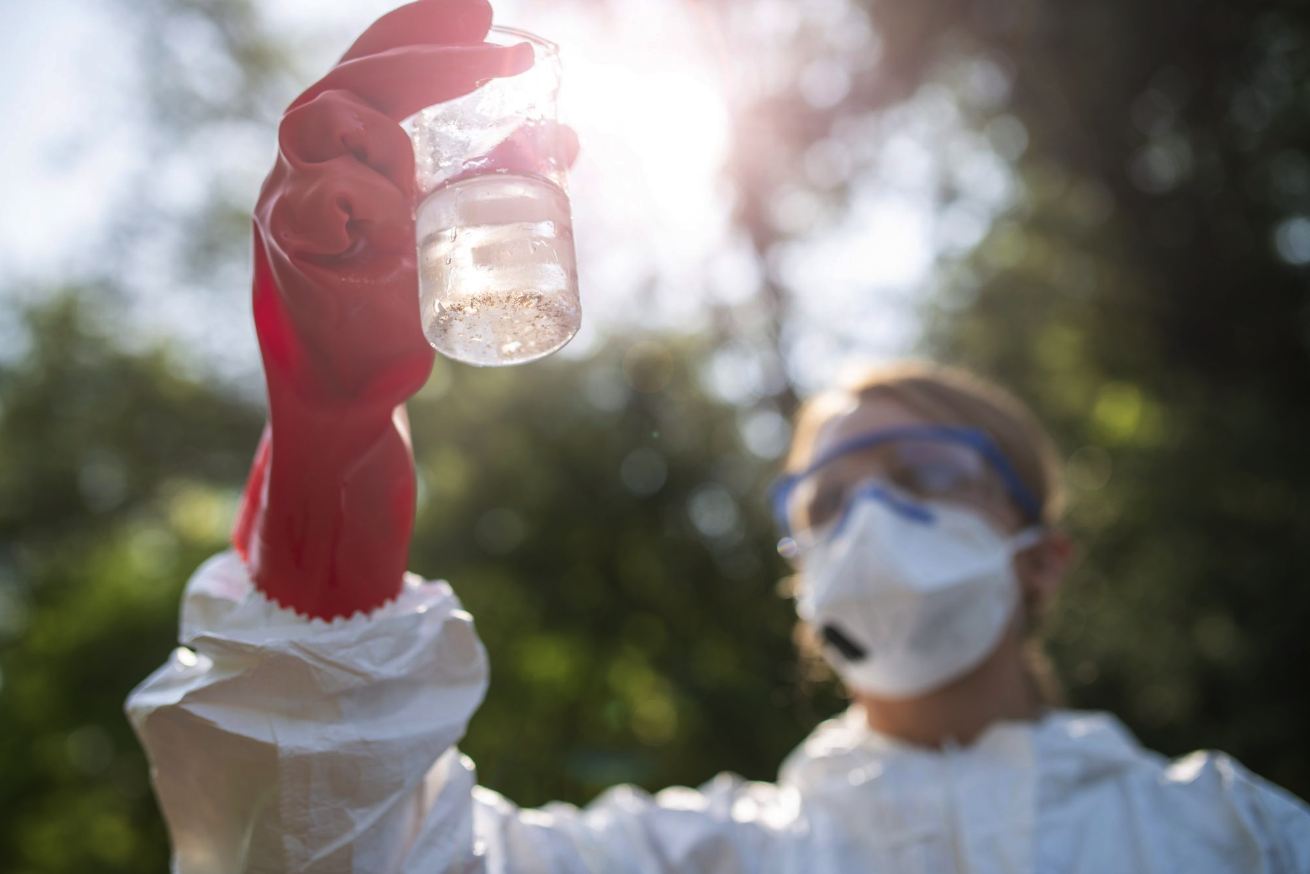
Need help collecting PFAS samples for NJDEP deadline December 15?
October 7, 2021
NJDES Category B or L Industrial Permit holders – If you haven’t obtained your first PFAS sample yet, time is running out. All New Jersey Pollutant Discharge Elimination System (NJDES) Category B or L Industrial Permit holders are required by the New Jersey Department of Environmental Projection (NJDEP) to collect two representative effluent samples, taken 30 days apart, to be analyzed for PFAS by an approved laboratory and submitted to them by December 15, 2021.

Interpretation of “Waters of the United States” (WOTUS) Reverts to Pre-2015 Regulatory Definition
September 29, 2021
Environmental Protection Agency (EPA) and U.S. Army Corps of Engineers (ACOE) revert to pre-2015 regulatory program definition of “Waters of the United States.”
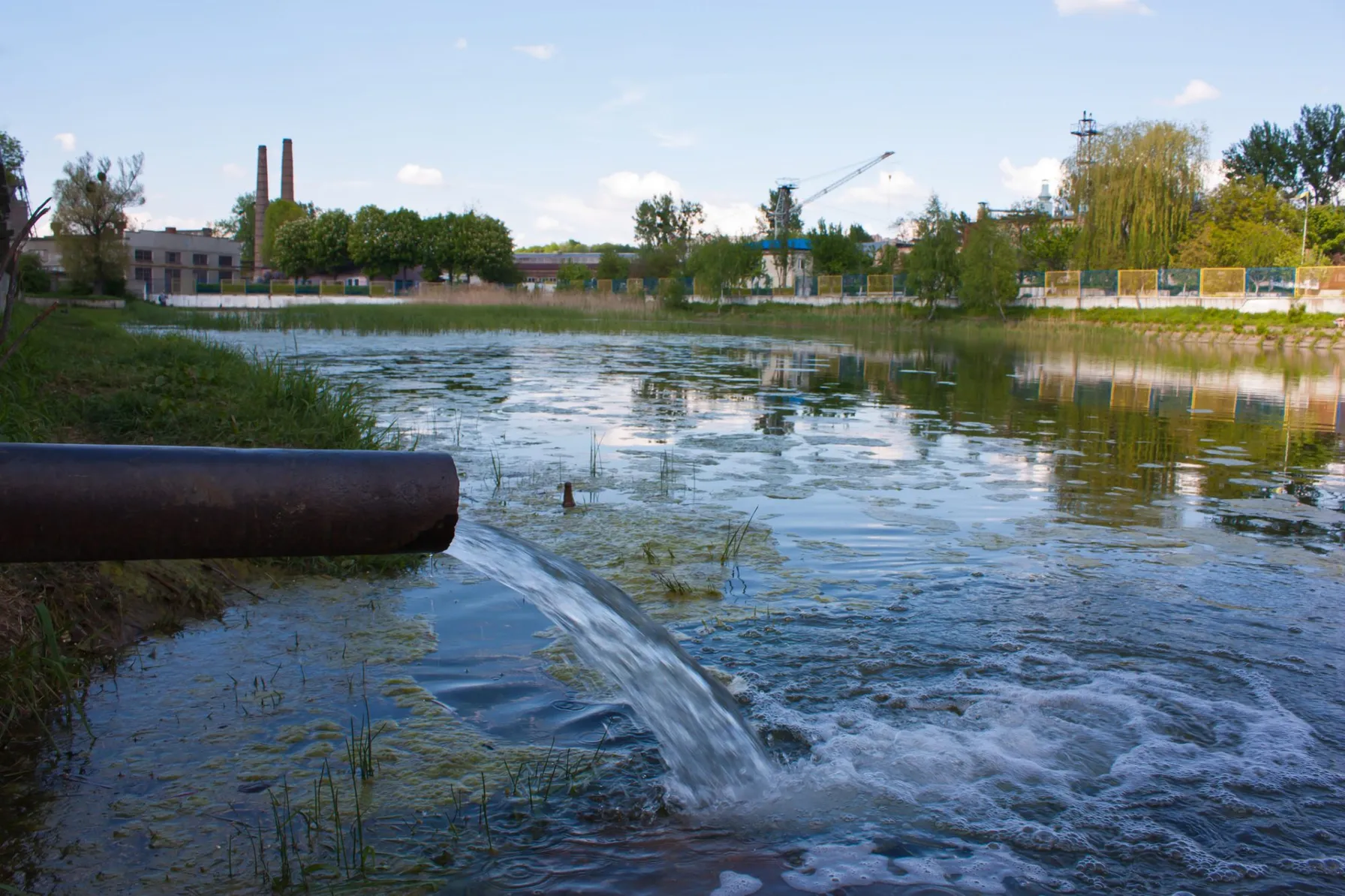
EPA Solicits Comments on PFAS Discharges in Five Point Source Categories
September 23, 2021
EPA solicits comments in five point source categories (PSCs) in the manufacture, use, treatment and discharge of PFAS.

PFAS Air Emissions Standards and Trends for Summer 2021
August 17, 2021
Environmental impacts of PFAS in ambient air leads to states implementing PFAS air-related thresholds.

Cryptocurrency: The Environmental Threats and Opportunities
August 9, 2021
Cryptocurrency (also known as crypto) is taking the fintech industry by storm, despite the economic experts who still dismiss it as a viable form of currency. Although often criticized for this volatility, whistleblowers are also further shining a light on the severe toll that these digital currencies are taking on the environment.

TRC Colorado PFAS Regulatory Update
July 21, 2021
Update on Colorado’s recent policies and plans to regulate new and historical discharges of per- and polyfluoroalkyl substances (PFAS) into the environment.
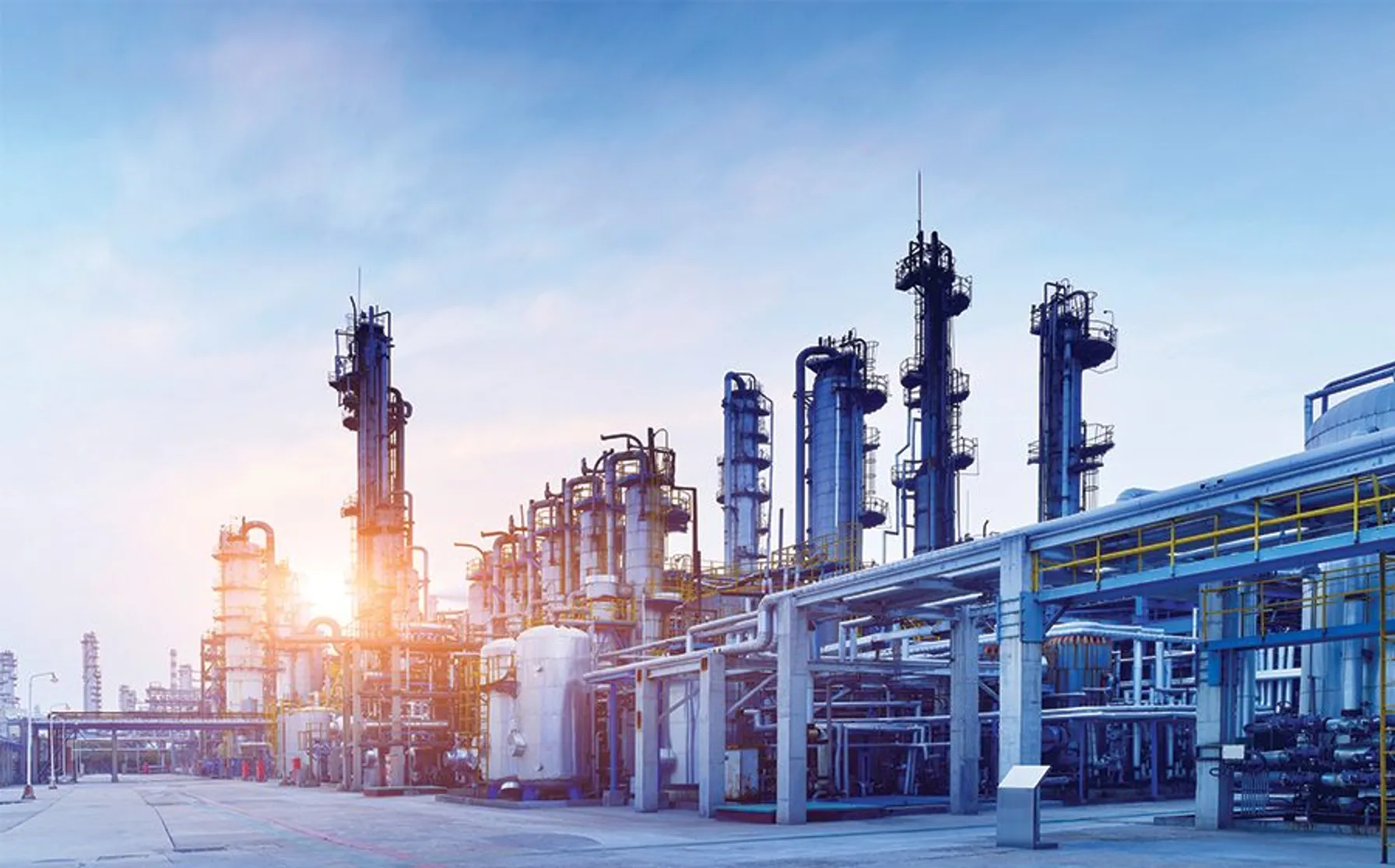
2021 EPA TRI Reporting Requirements for Natural Gas Processing Facilities
July 12, 2021
Indication EPA finalizing a rule to add natural gas extraction or processing plants to EPCRA Toxics Release Inventory (TRI) reporting.
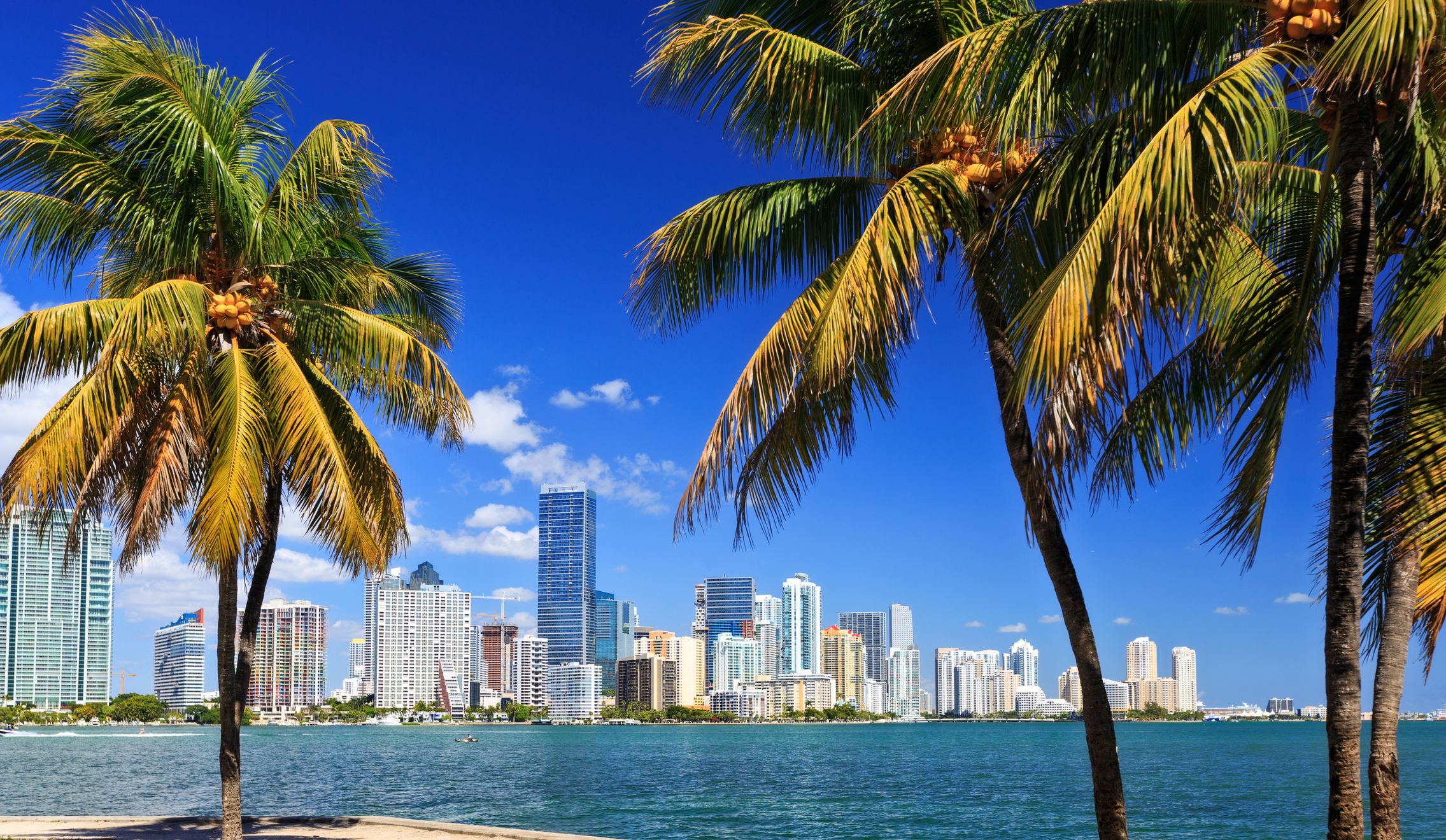
Implementing bioremediation at environmental cleanup sites: TRC experts weigh in at leading industry conference
May 17, 2021
TRC experts make several presentations at the Battelle conference about innovative approaches they have developed for implementing and monitoring bioremediation and the use of naturally-occurring or deliberately-introduced micro-organisms to break down environmental pollutants.
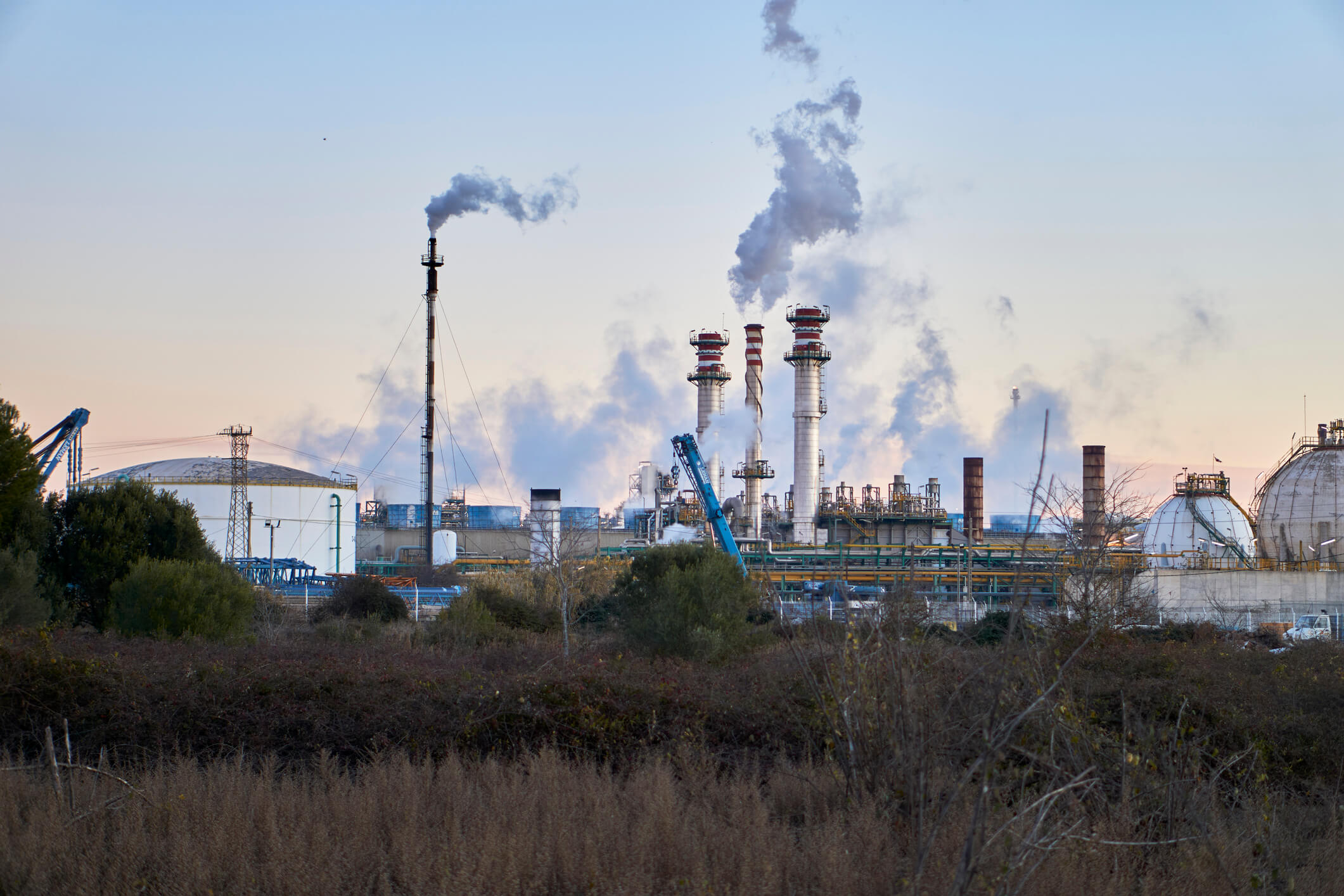
Interim Guidance on Destruction and Disposal of PFAS & Materials Containing PFAS
February 19, 2021
Interim Guidance from EPA identifies 6 materials that use or manufacture PFAS and approaches for disposal.
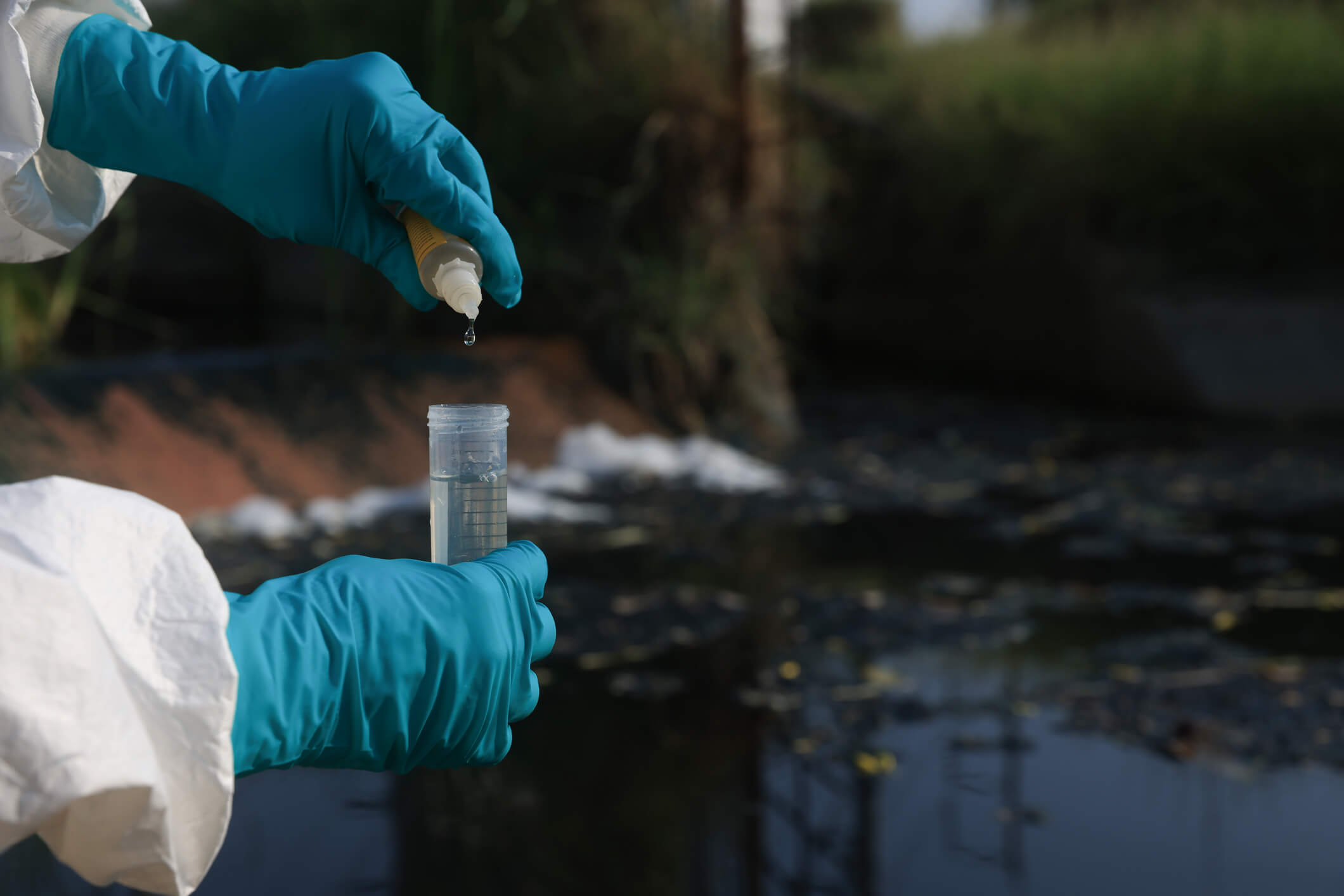
EPA continues to aggressively address PFAS wastewater with two new strategies
January 4, 2021
EPA takes steps toward PFAS wastewater and storm water permitting, and analytical methods for testing.
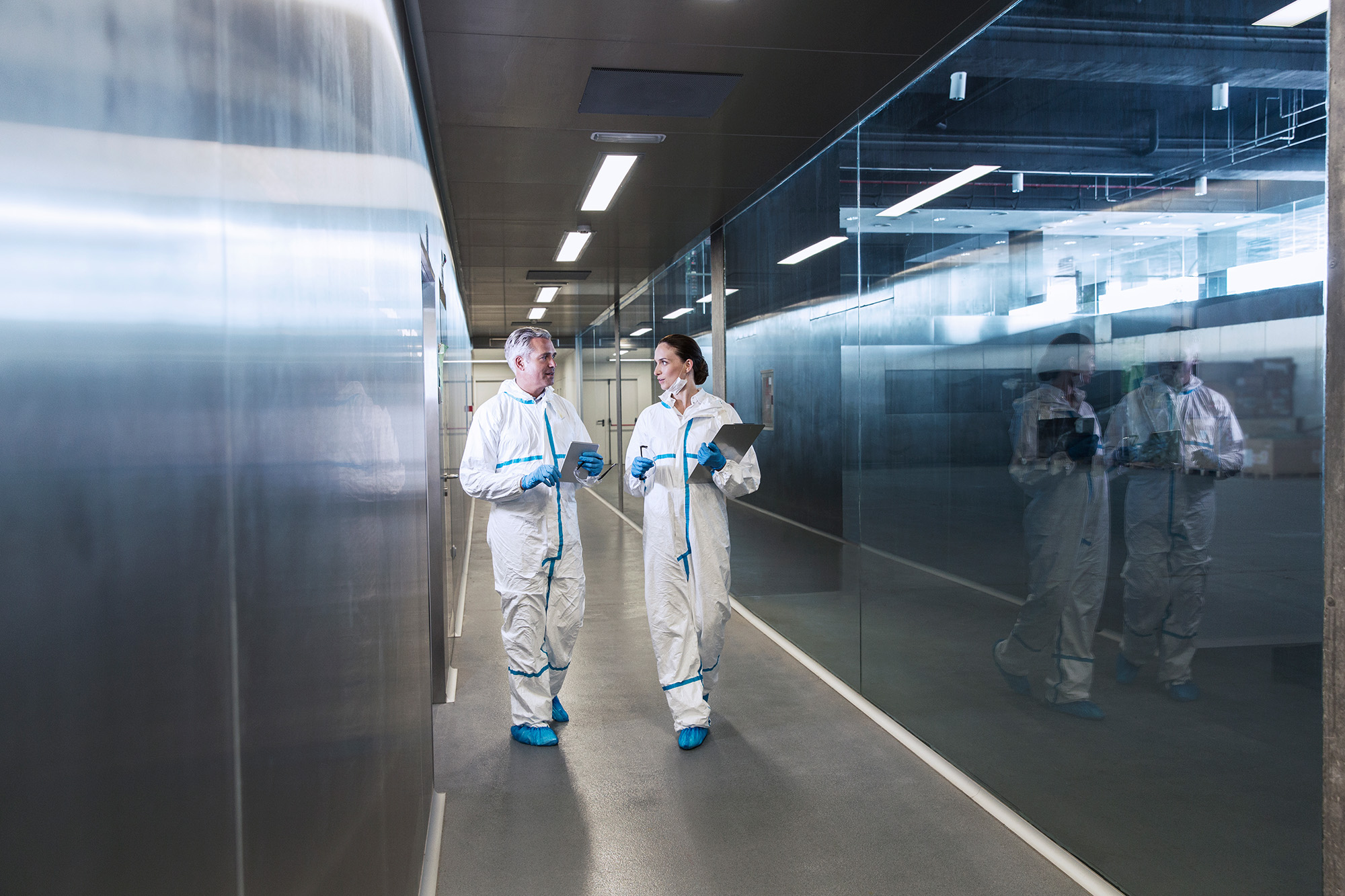
TRC Companies Inc. Acquires 1Source Safety and Health
November 11, 2020
TRC Companies (“TRC”), a leading technology-driven provider of end-to-end engineering, consulting and construction management solutions, has acquired 1Source Safety and Health, a firm that provides management consulting services in areas such as indoor air quality, asbestos management, industrial hygiene and safety management systems.

Ecological Risk of PFAS from AFFF-Impacted Sites
June 30, 2020
The facts on evaluating exposure to wildlife
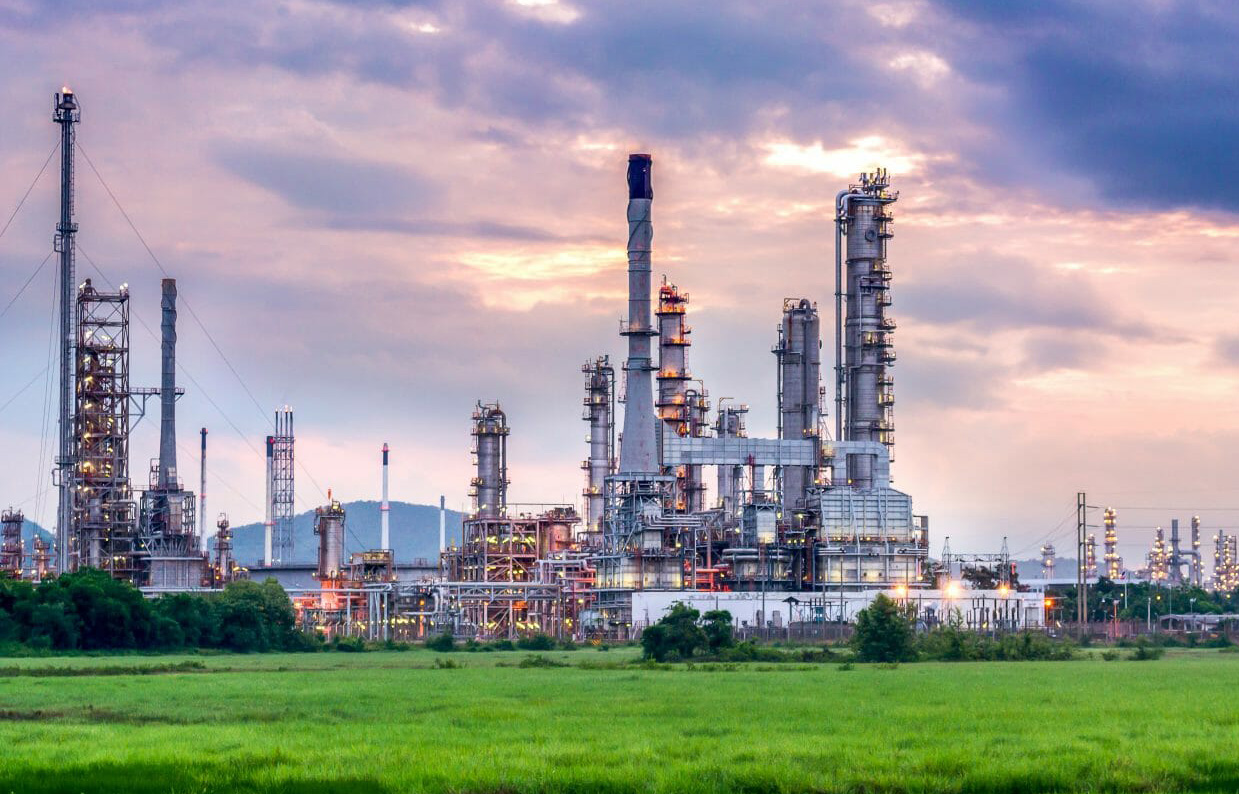
TRC’s Reporting Tool Can Help Identify New PFAS under the TRI
May 19, 2020
While utilities often work in technical silos, NERC auditors are trained to cross check compliance evidence and data between interrelated standards.

